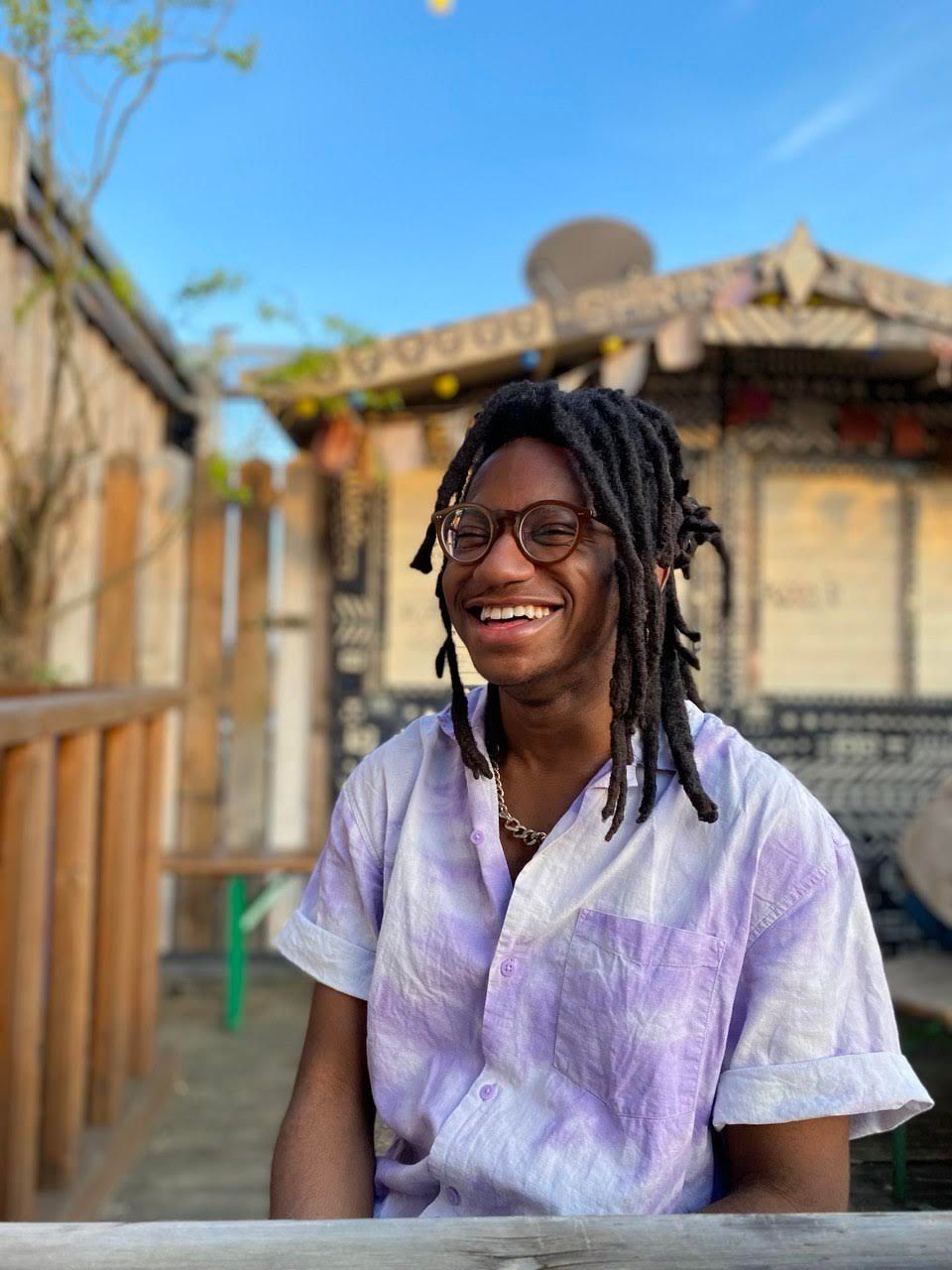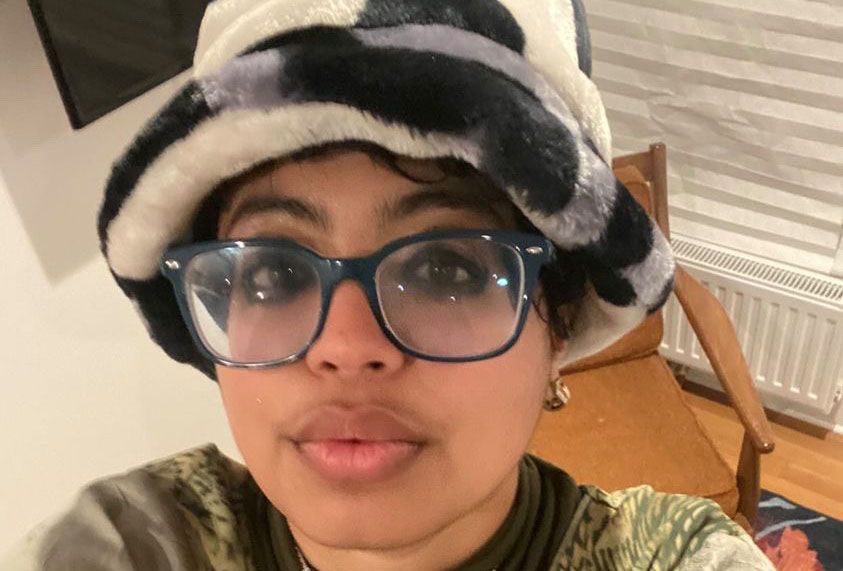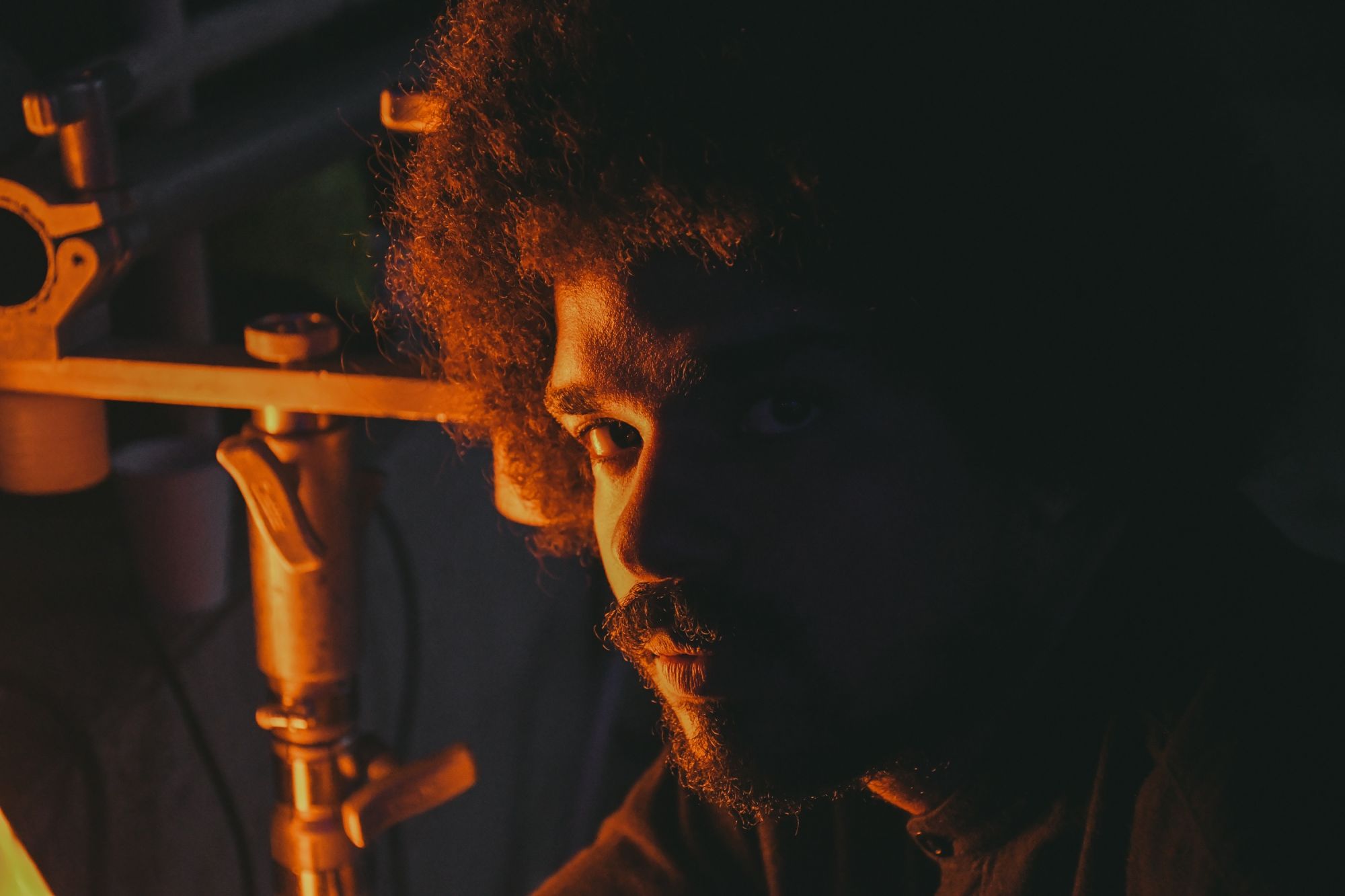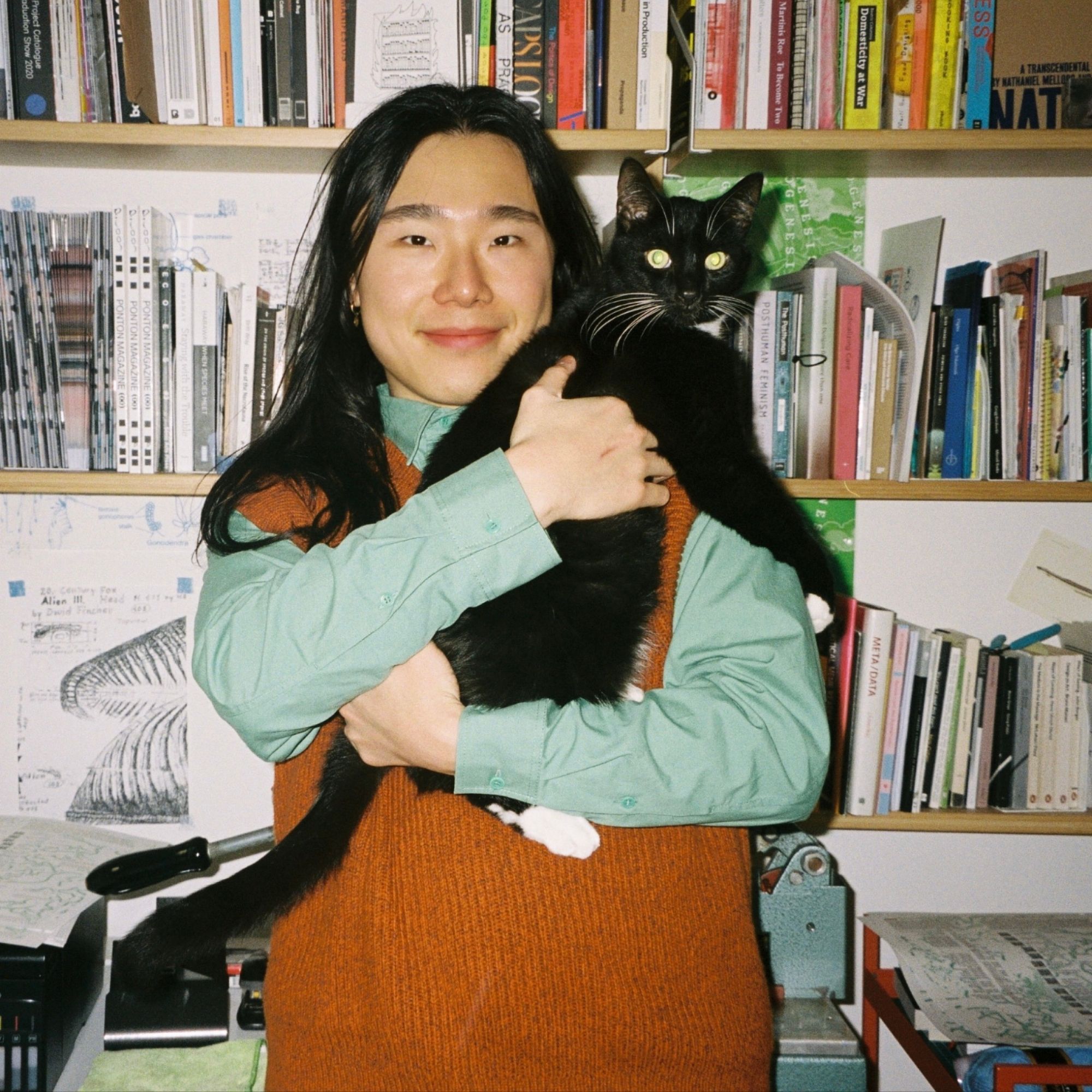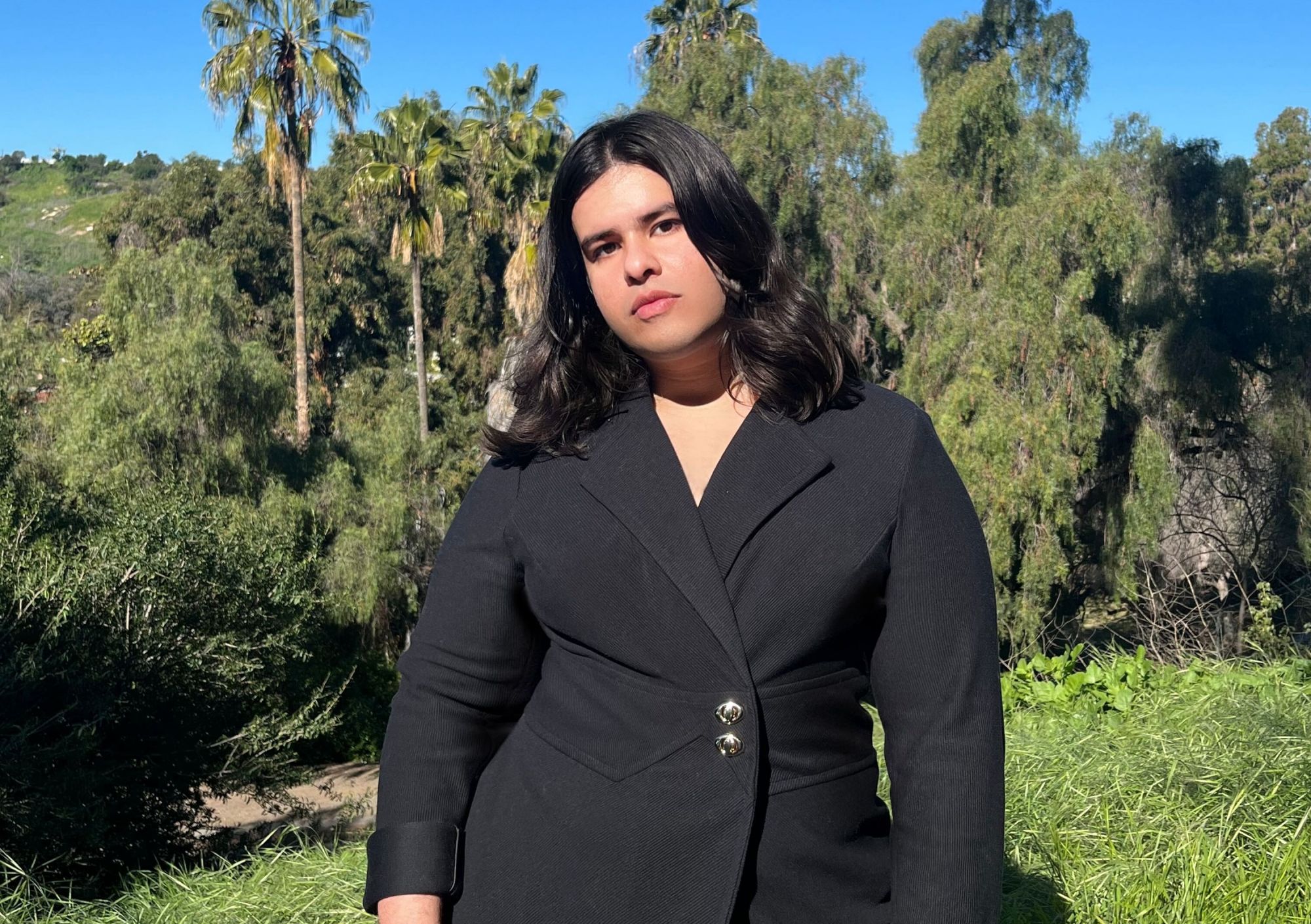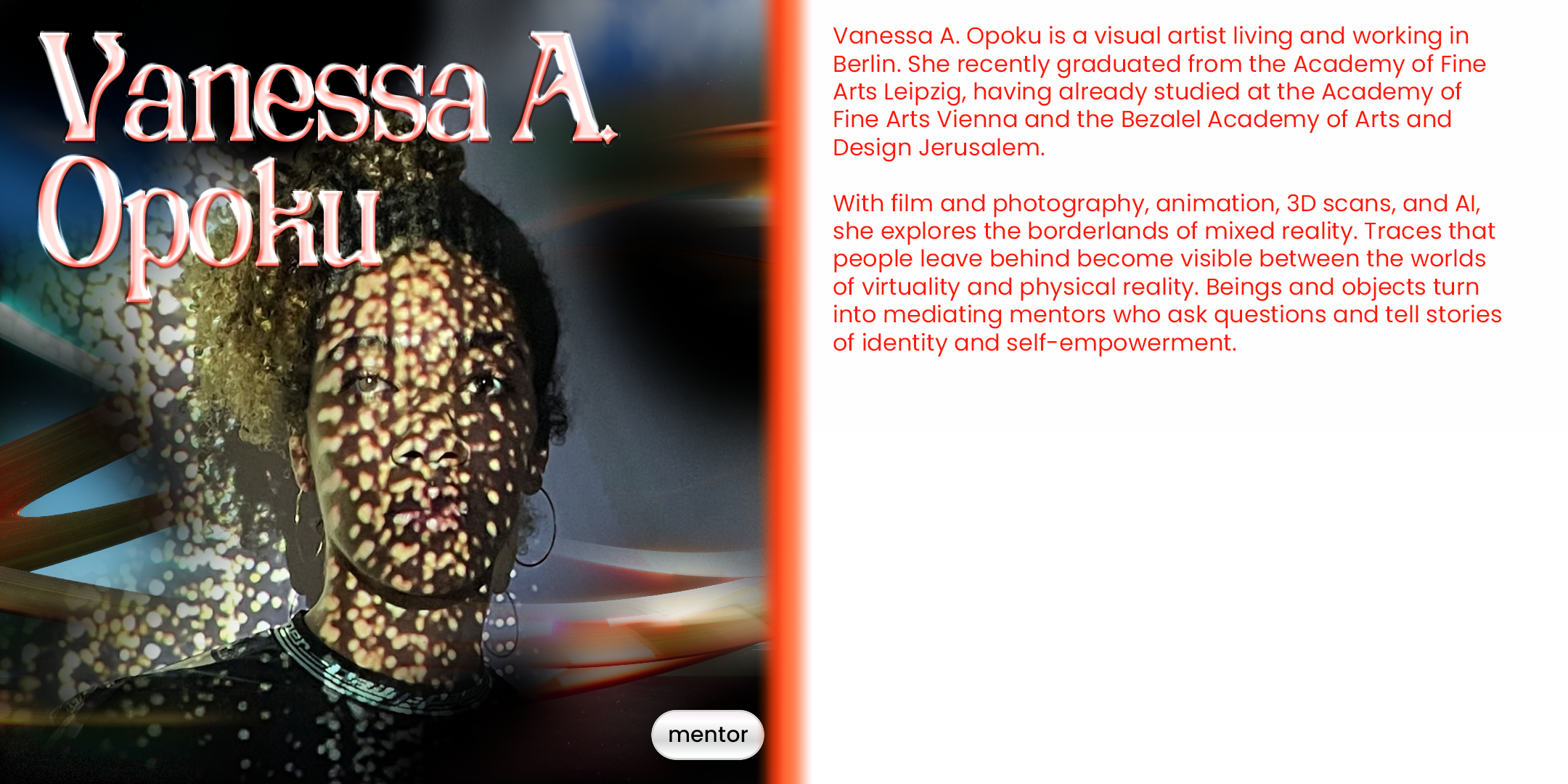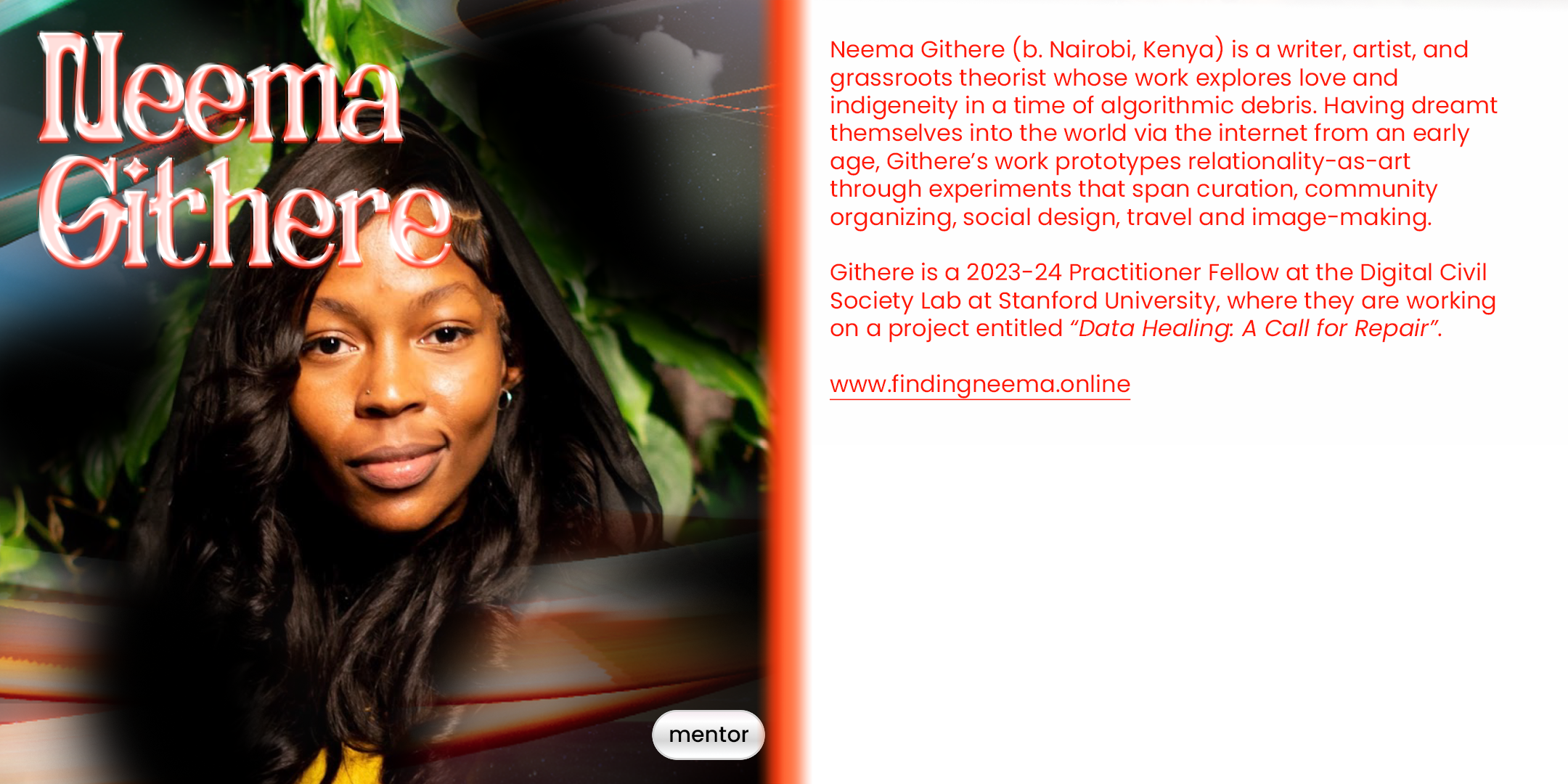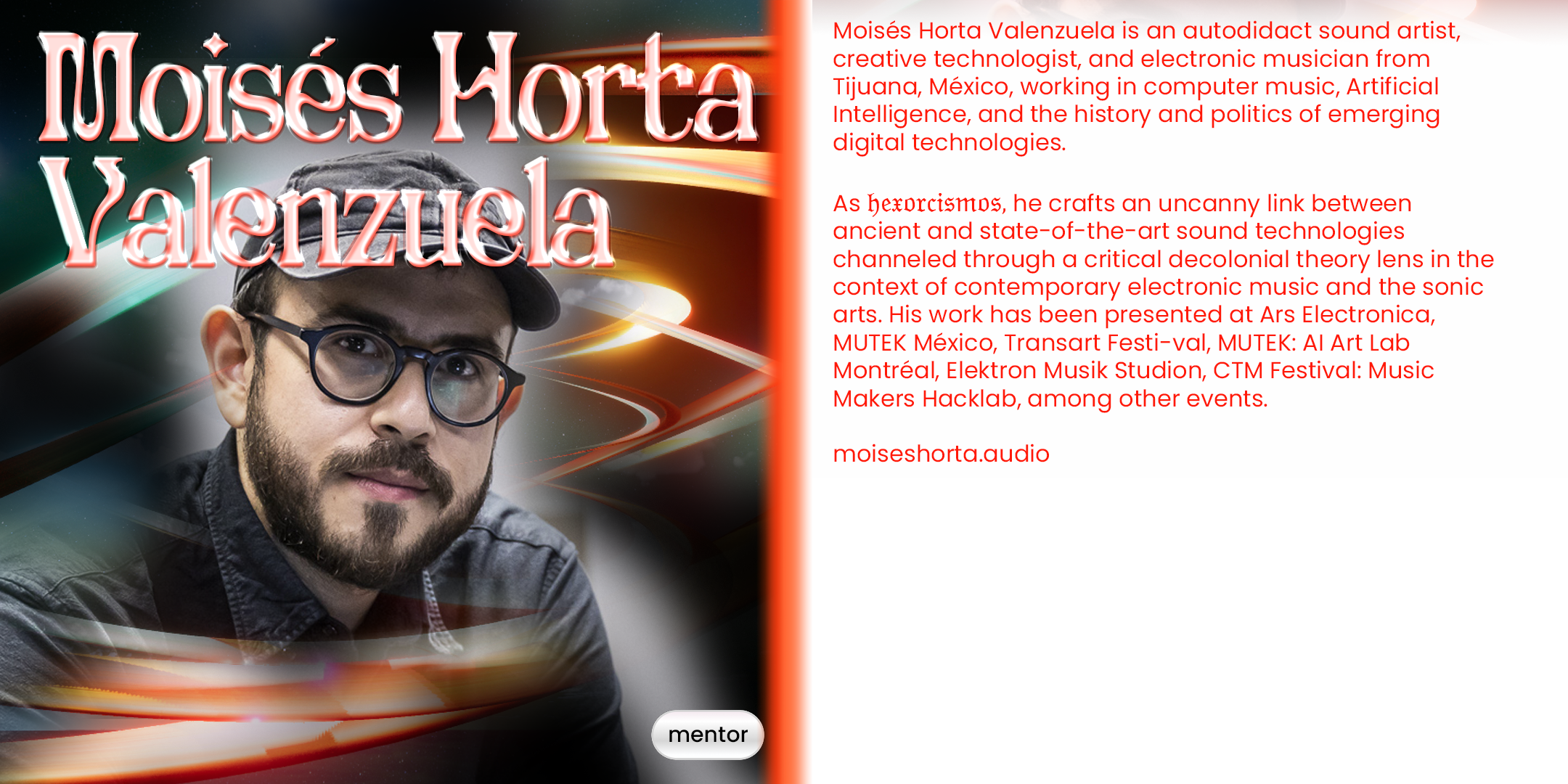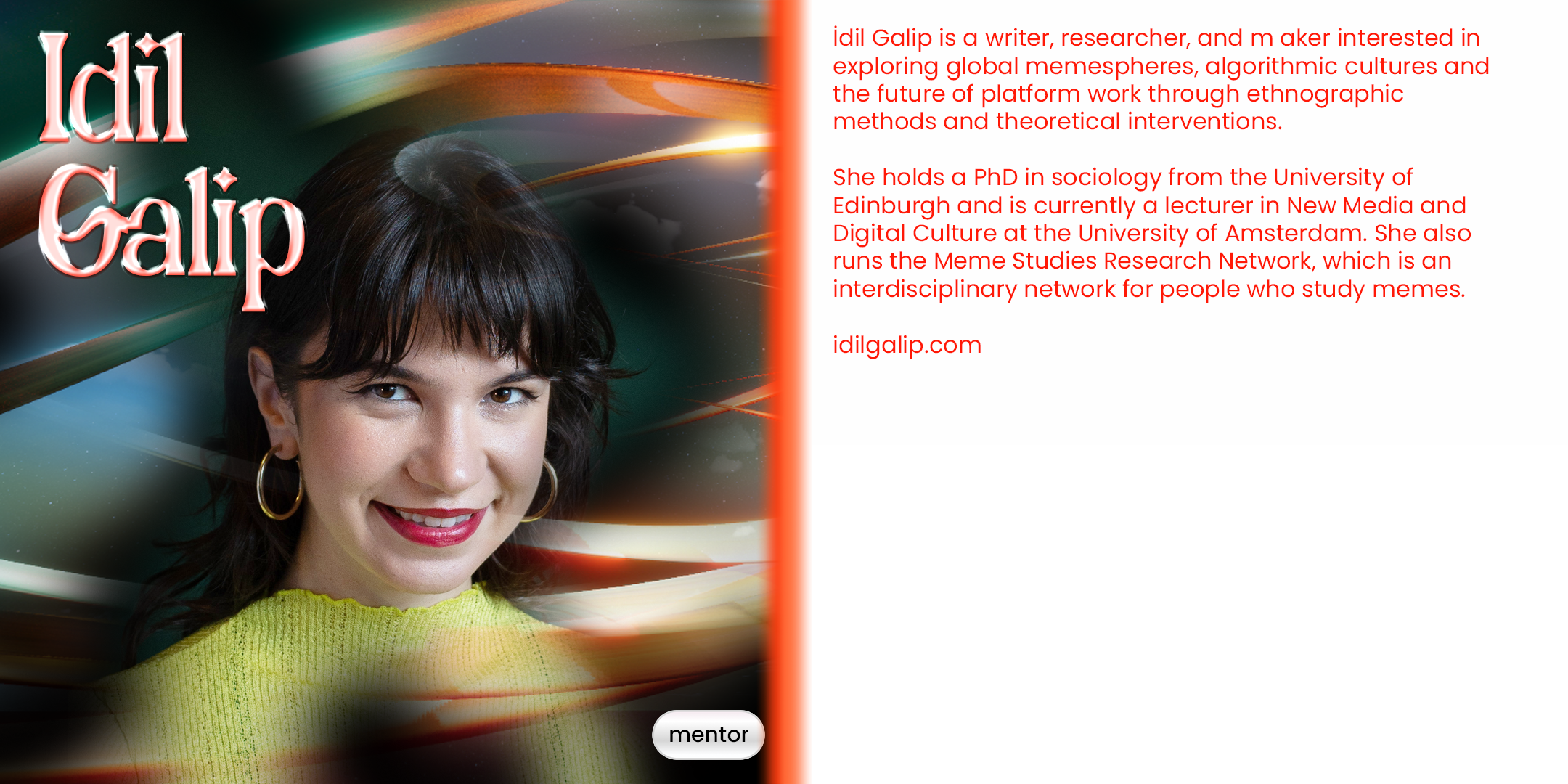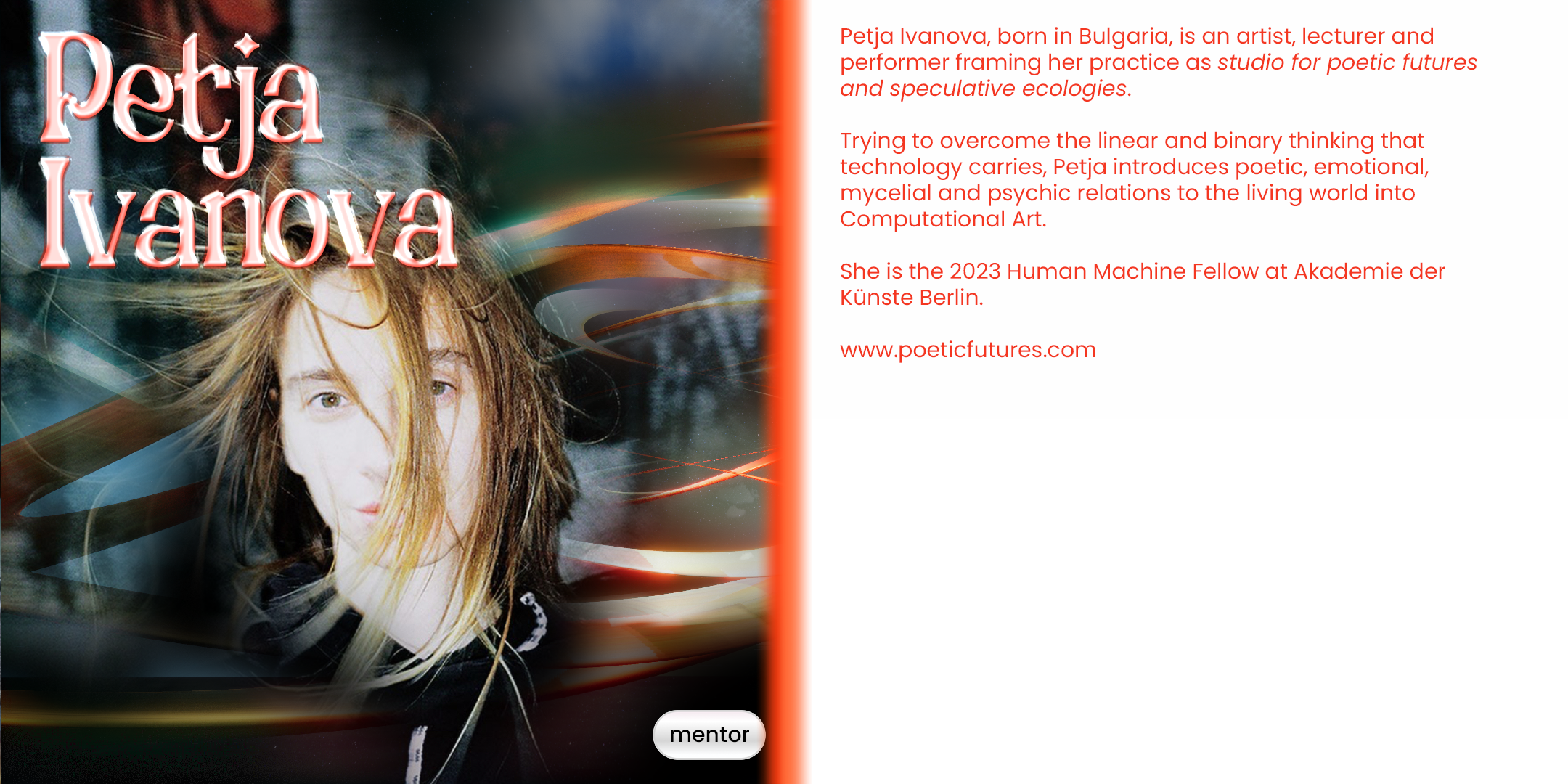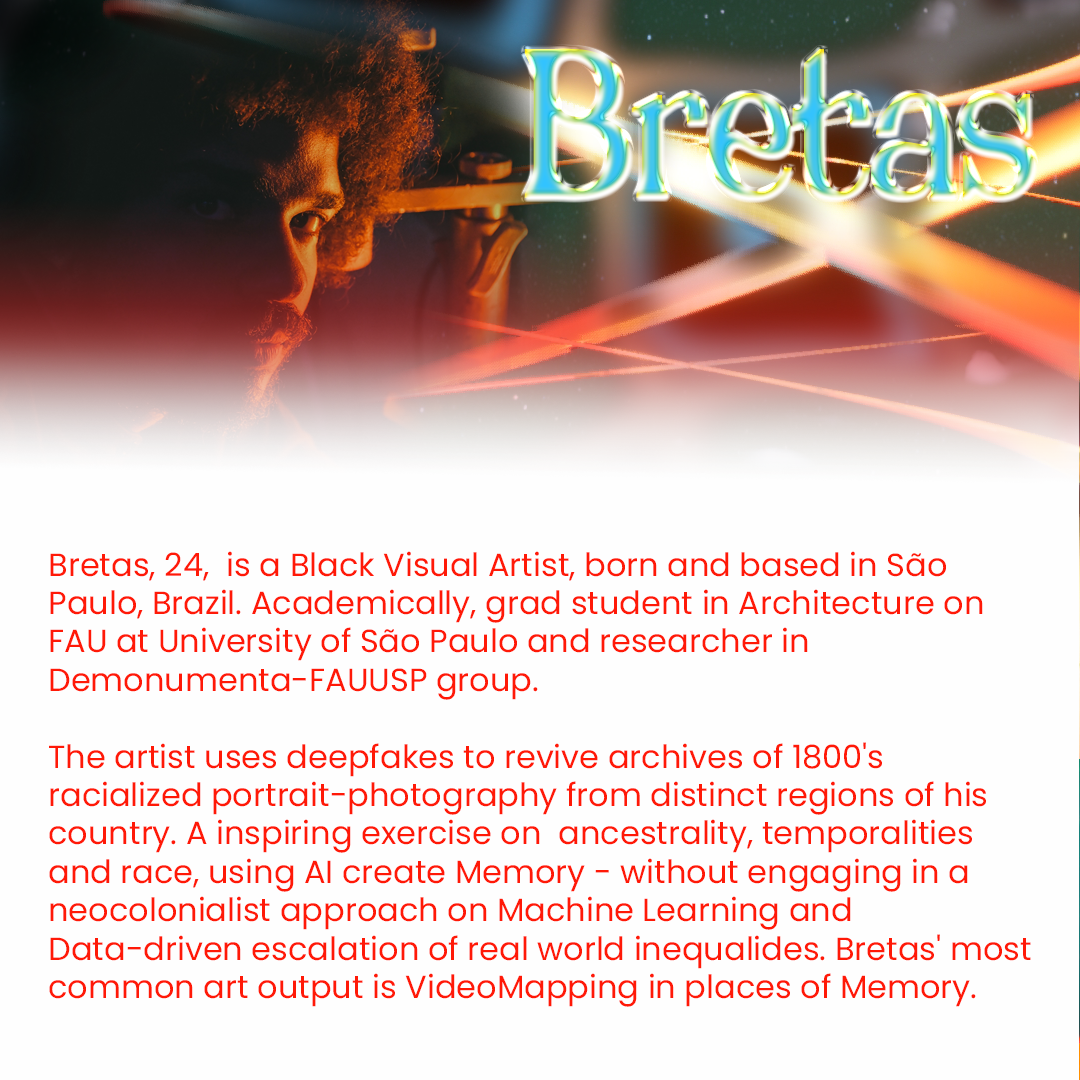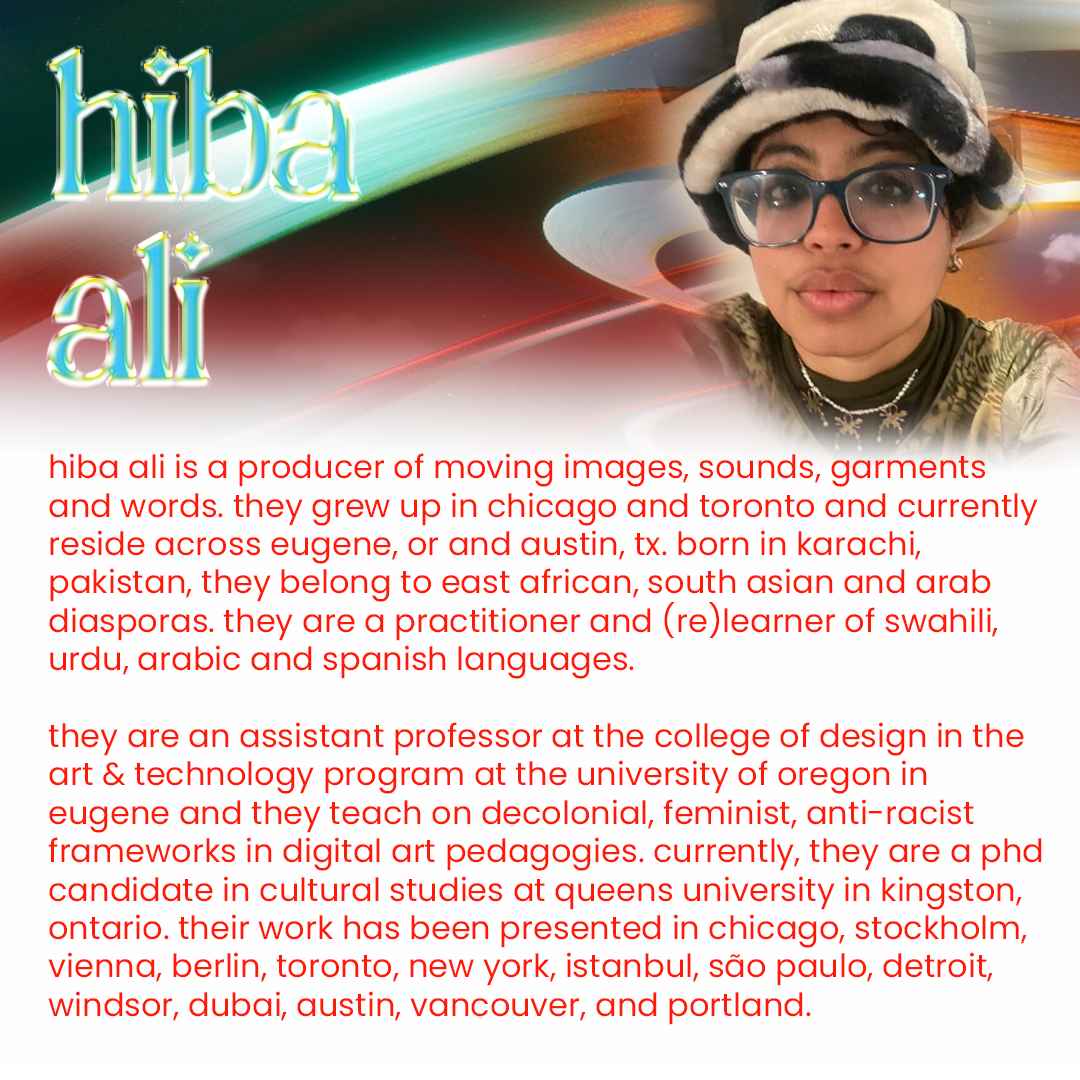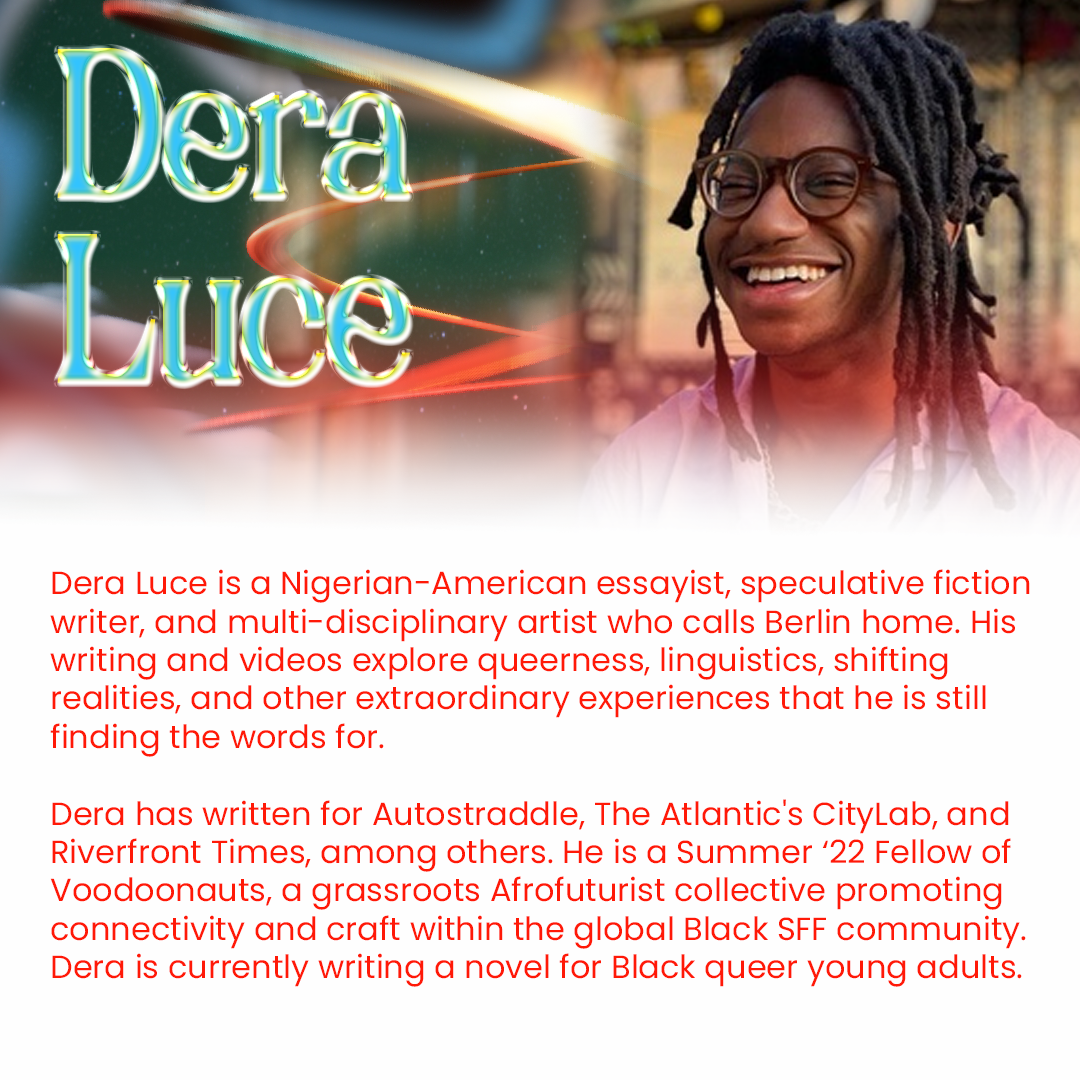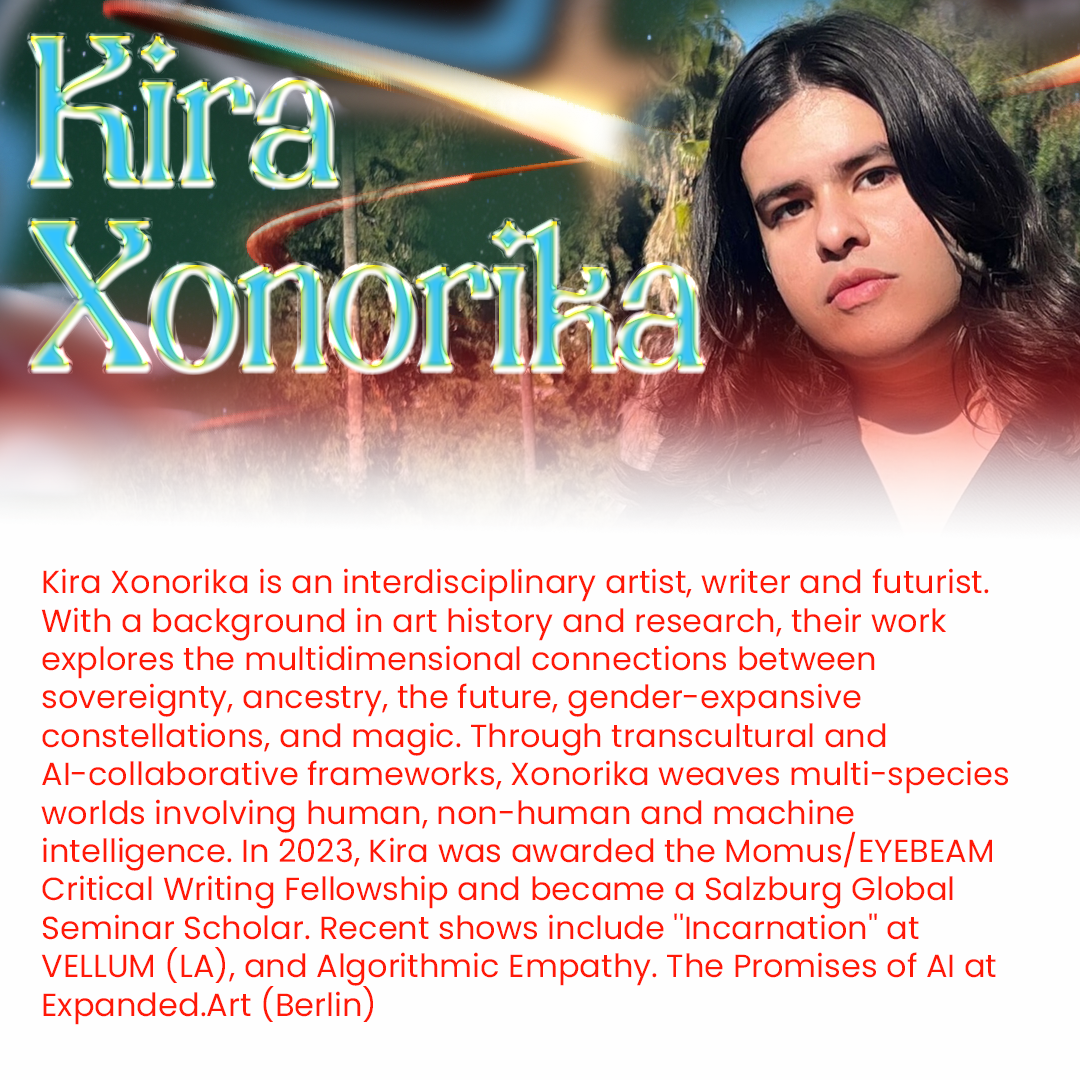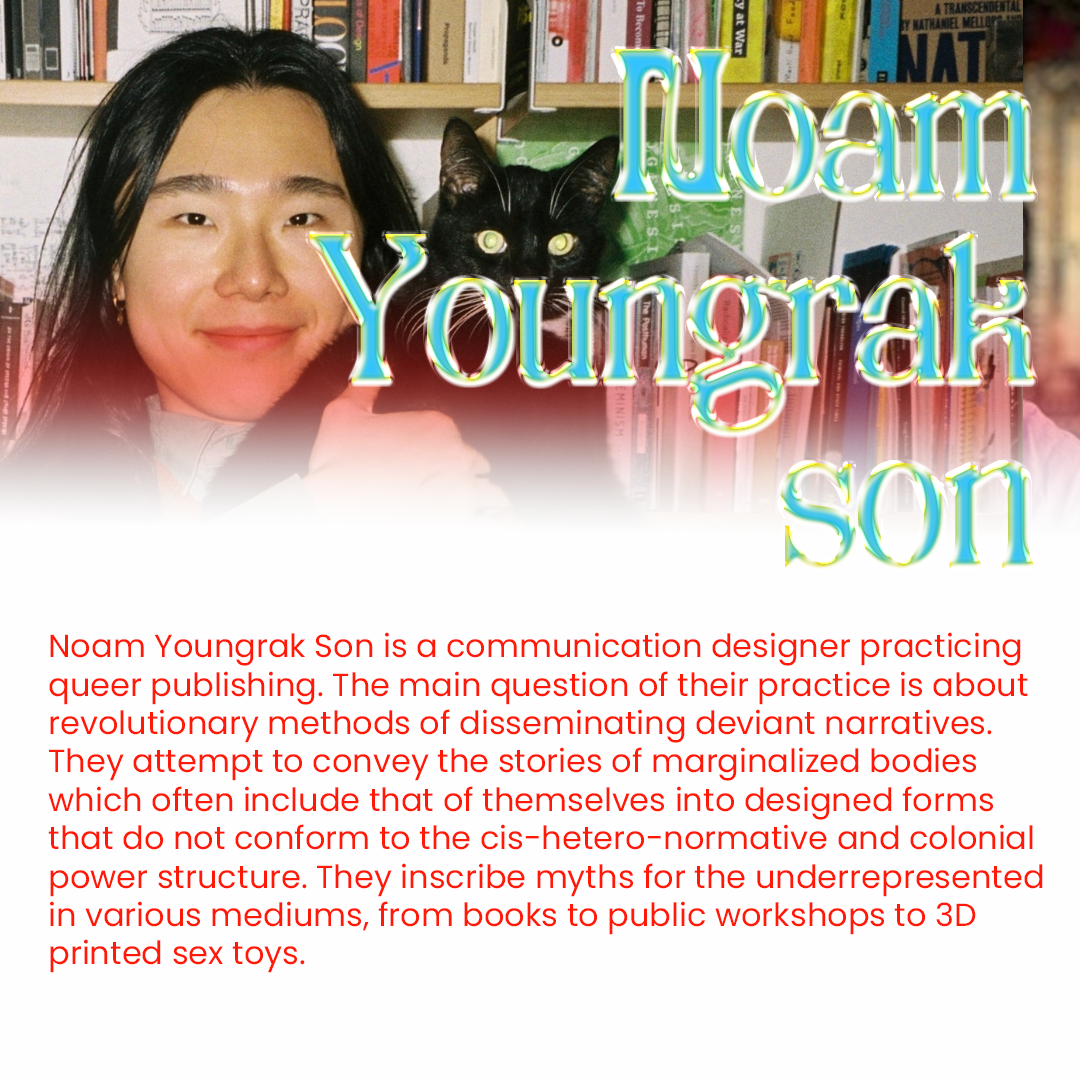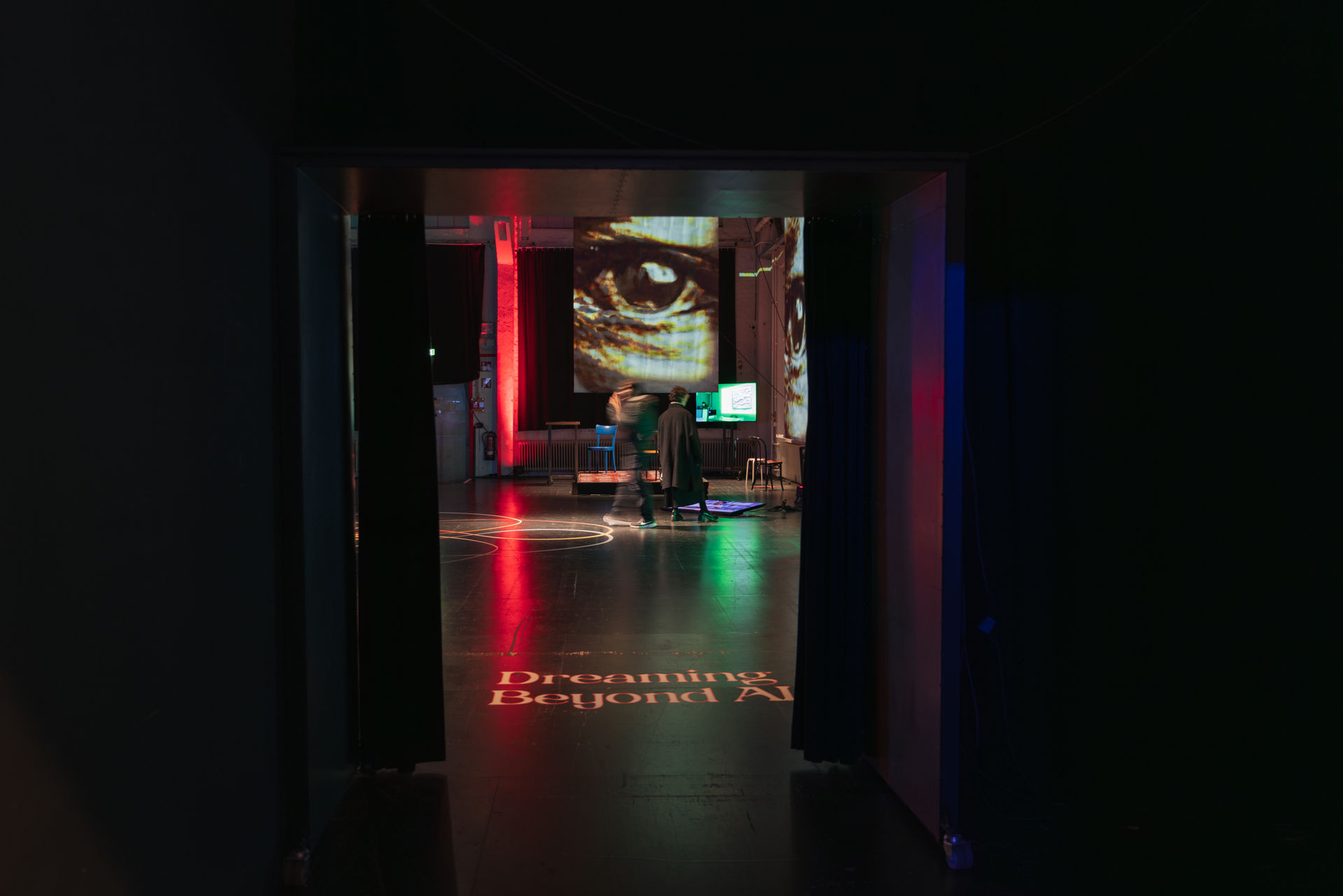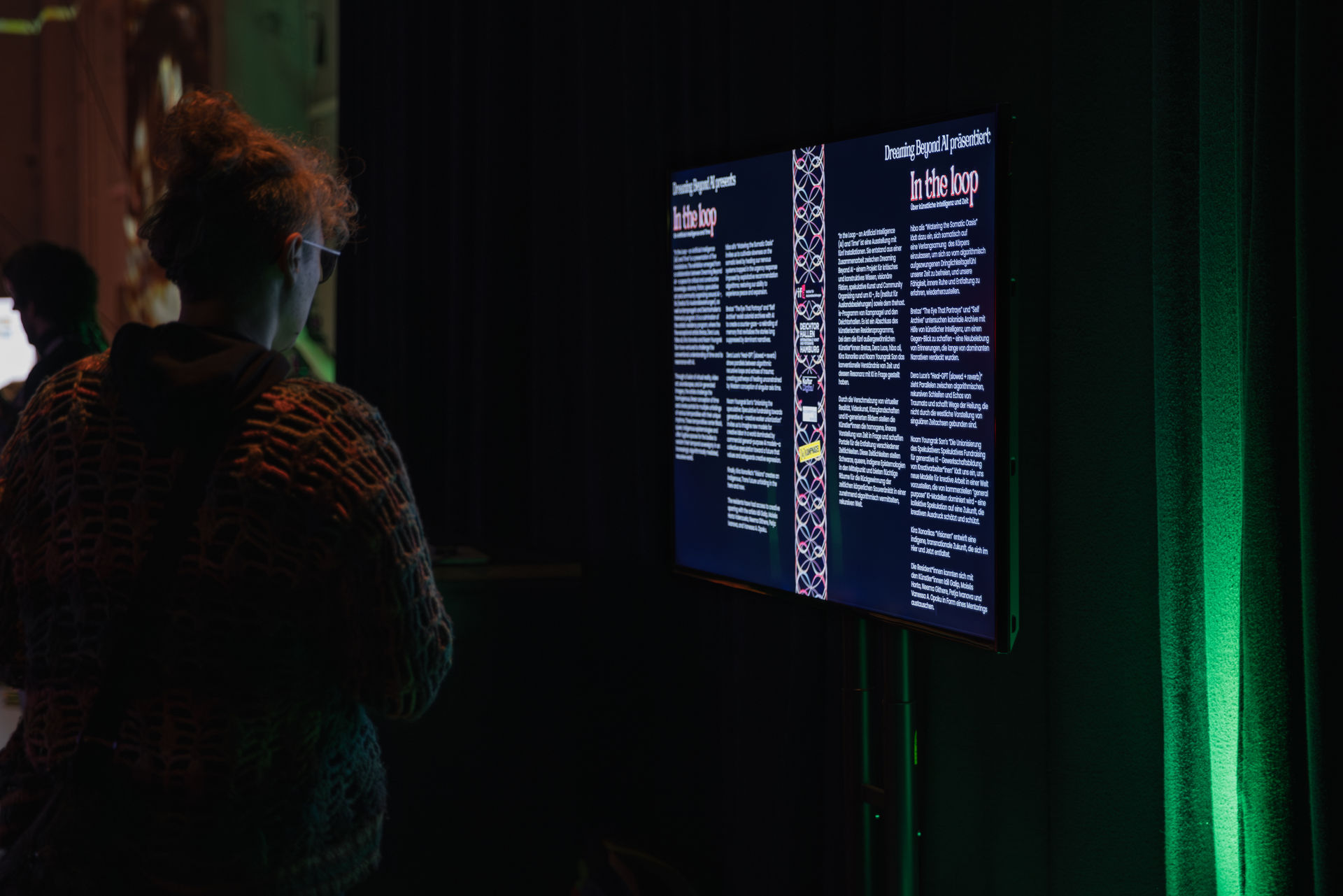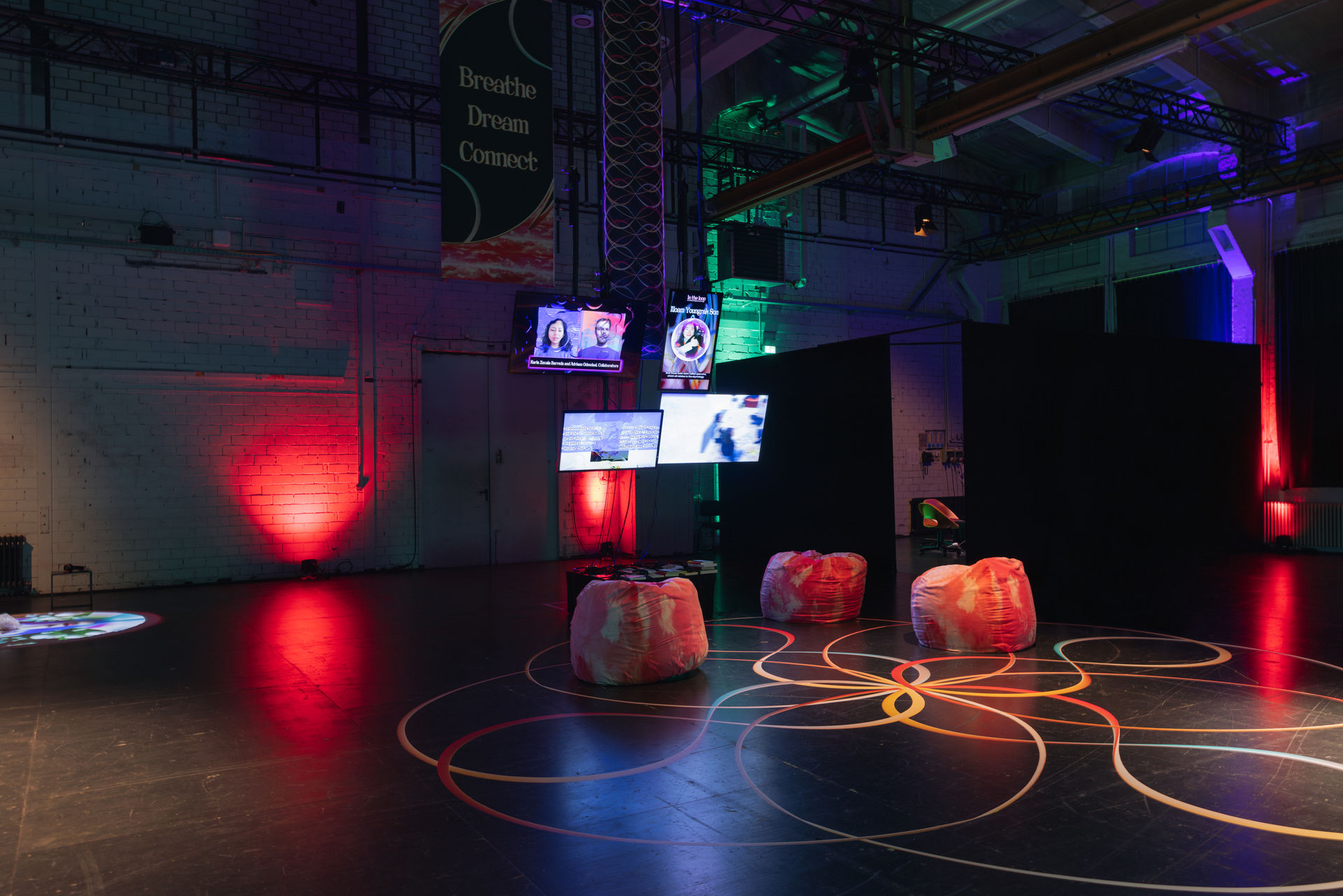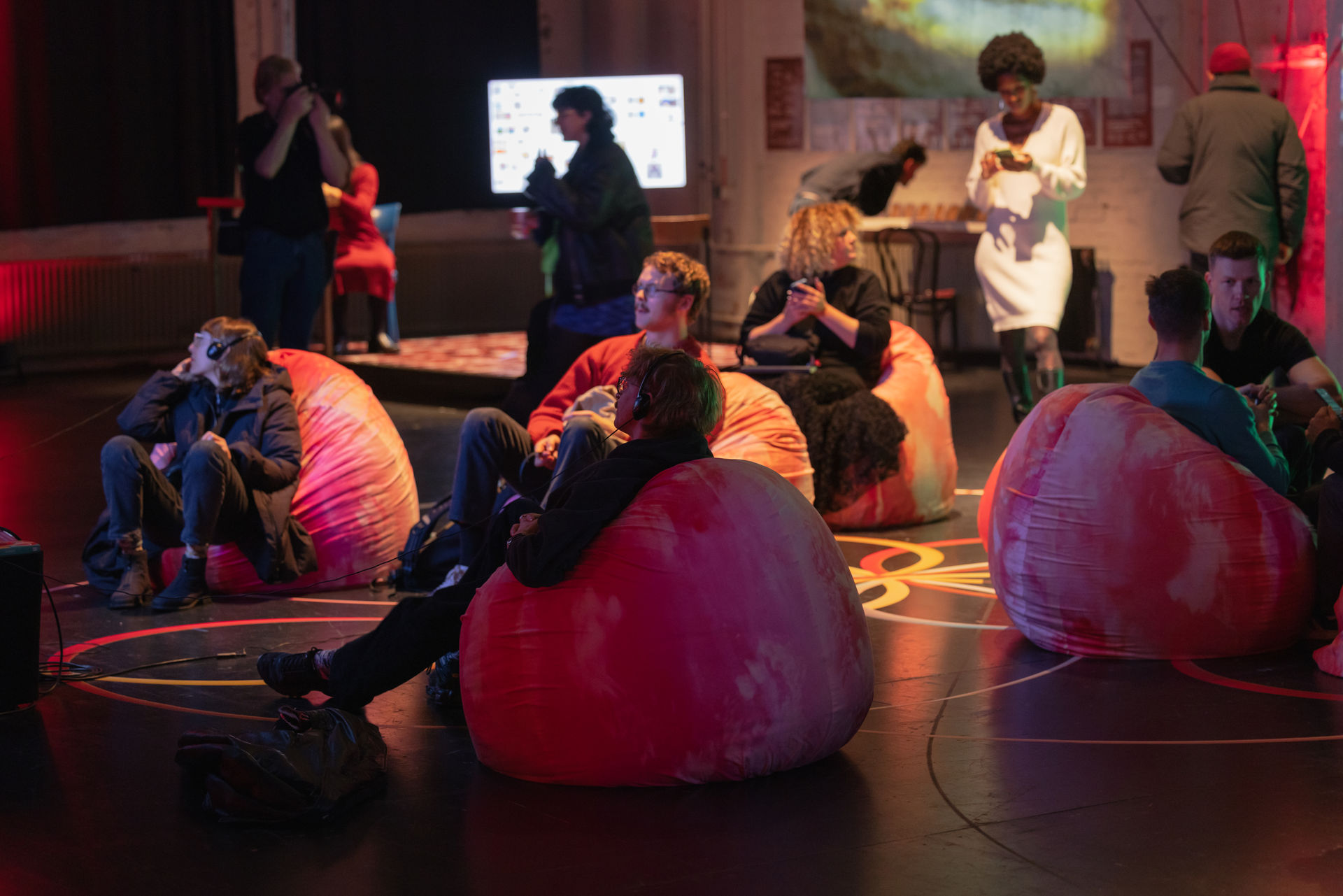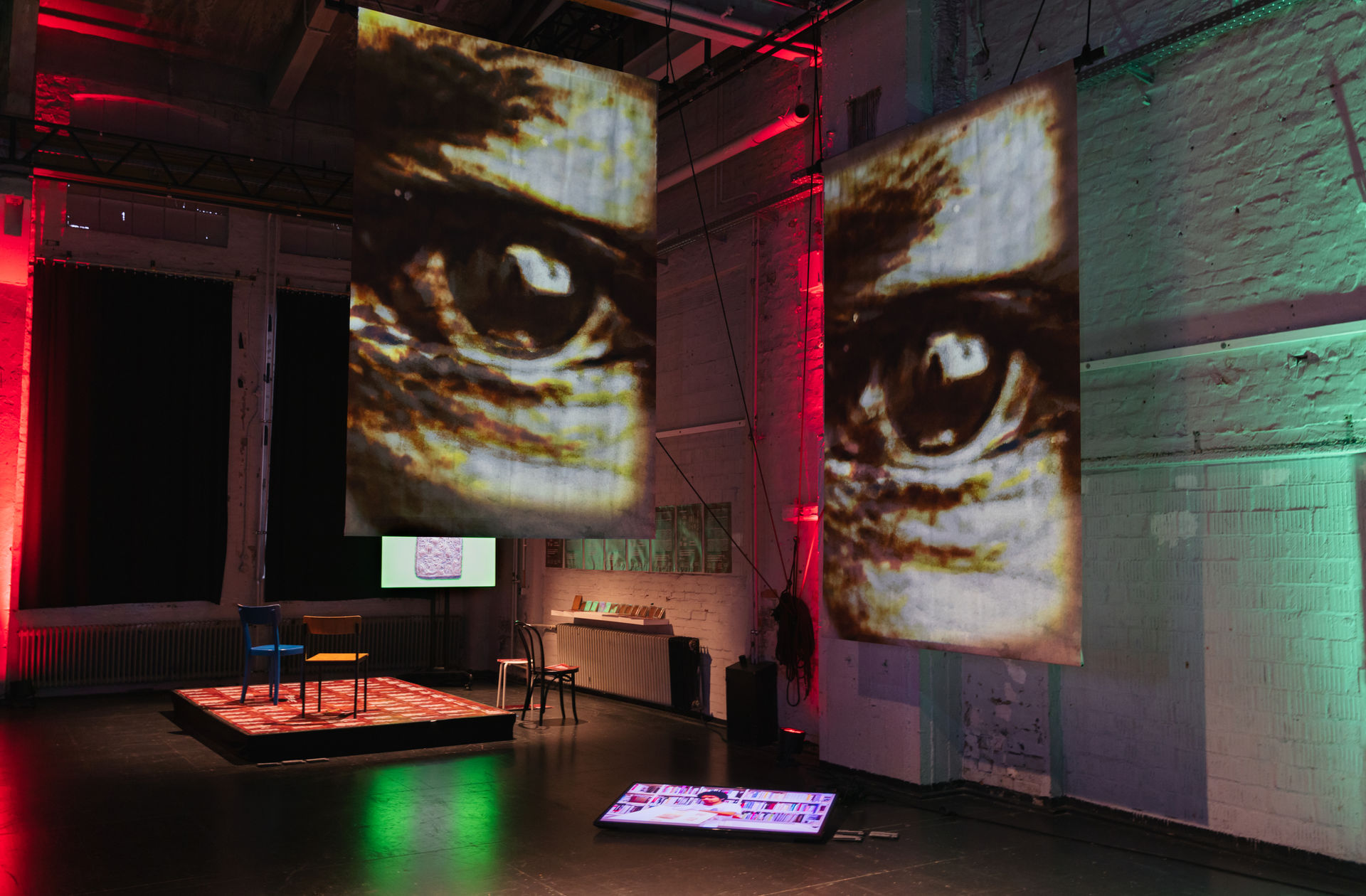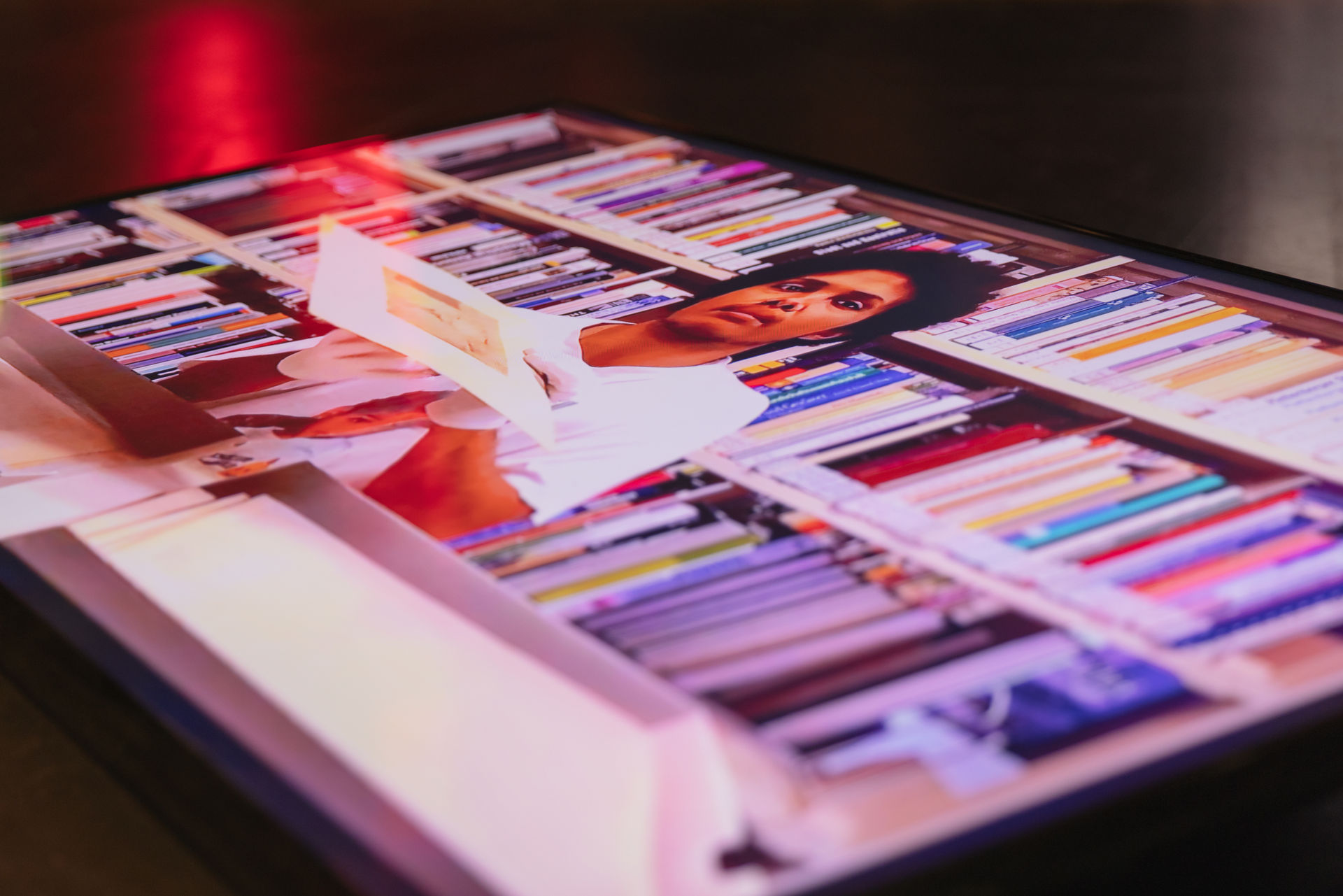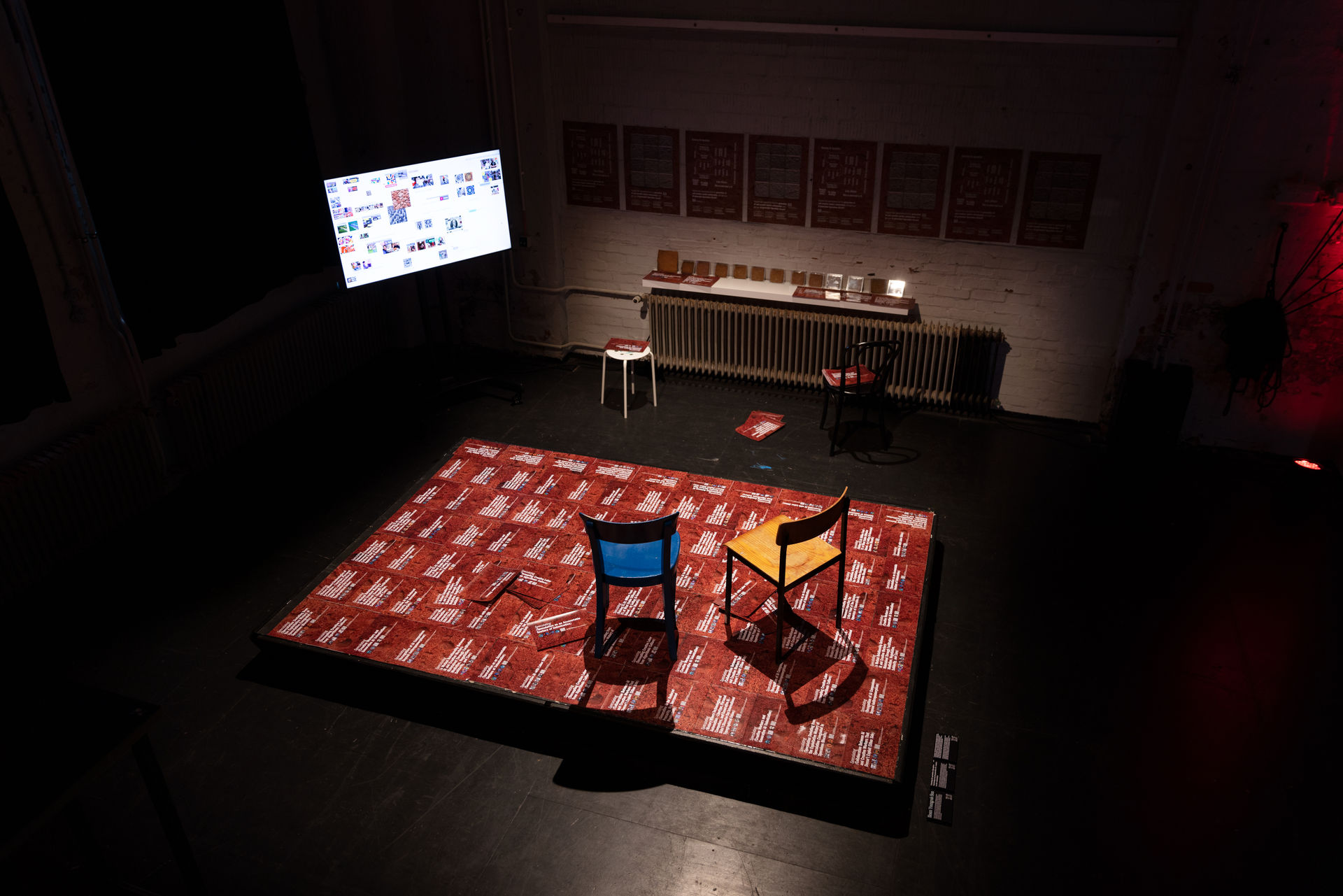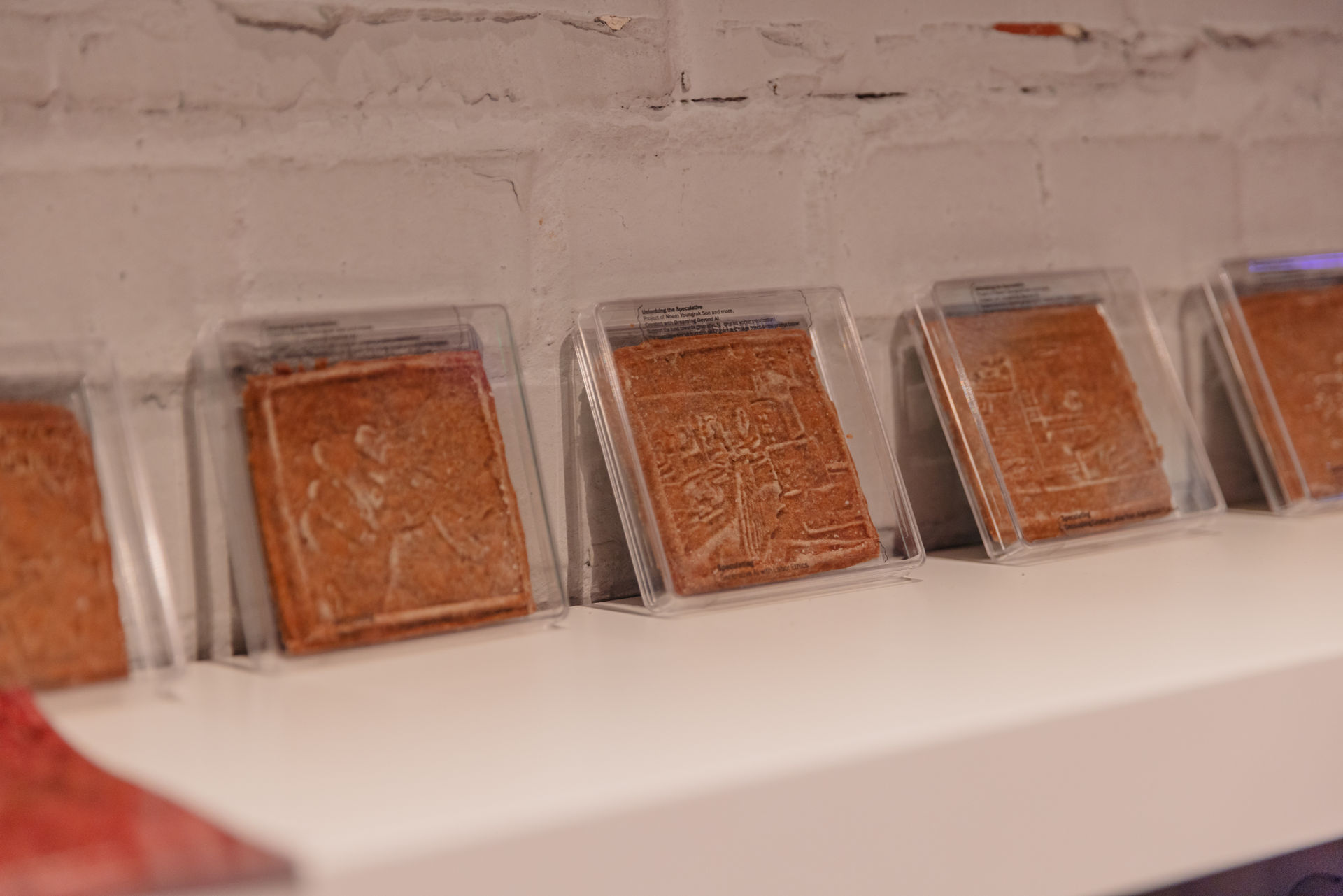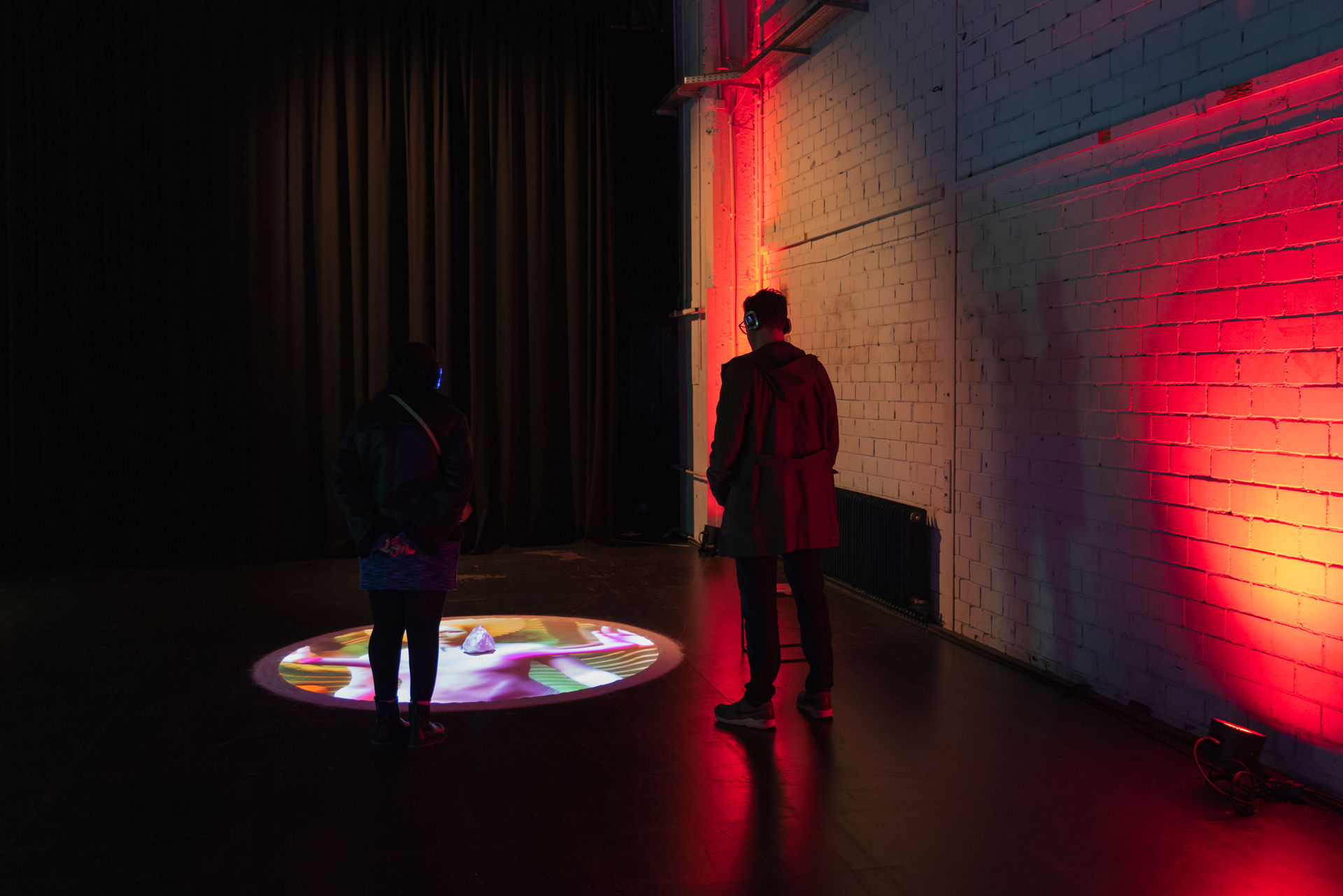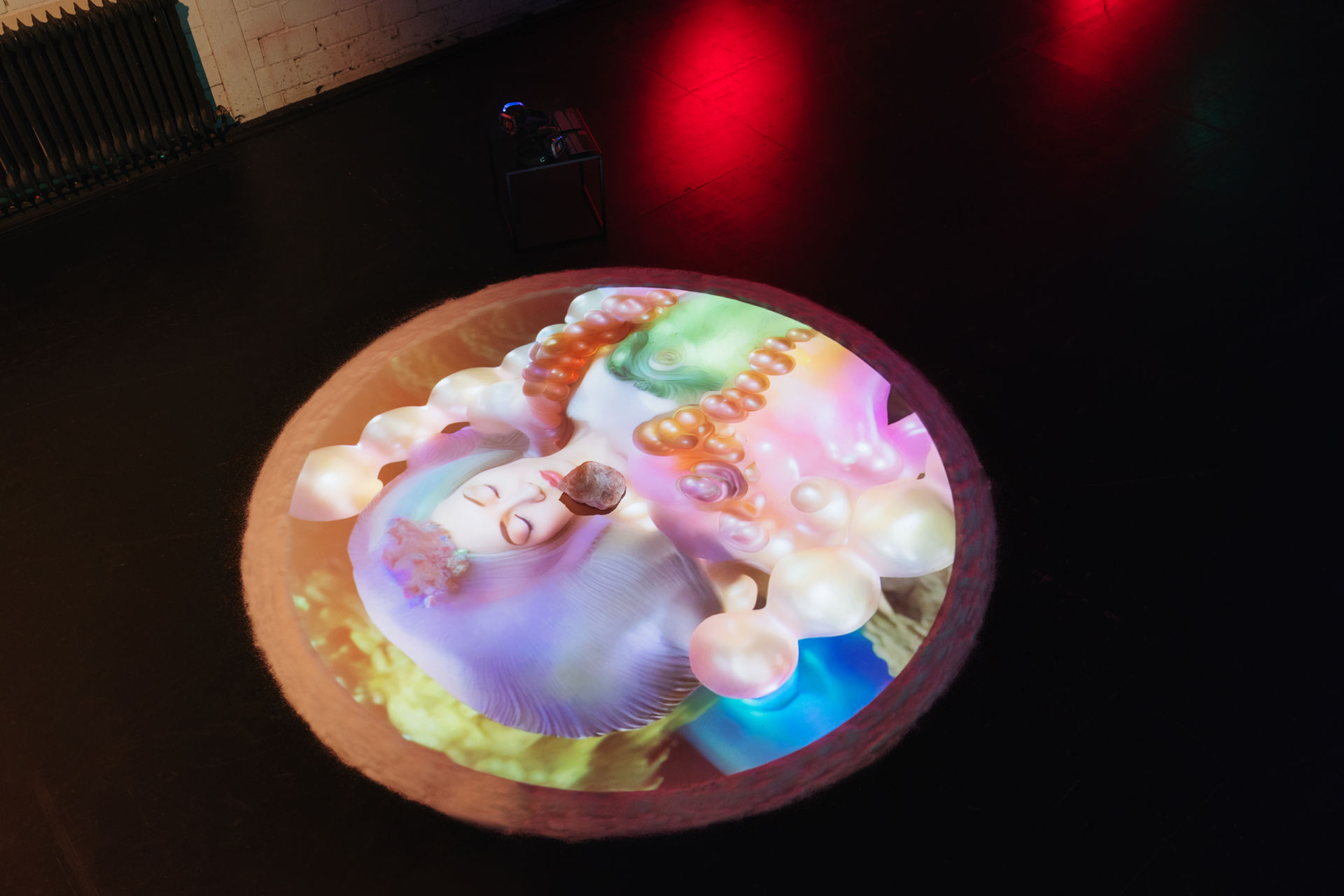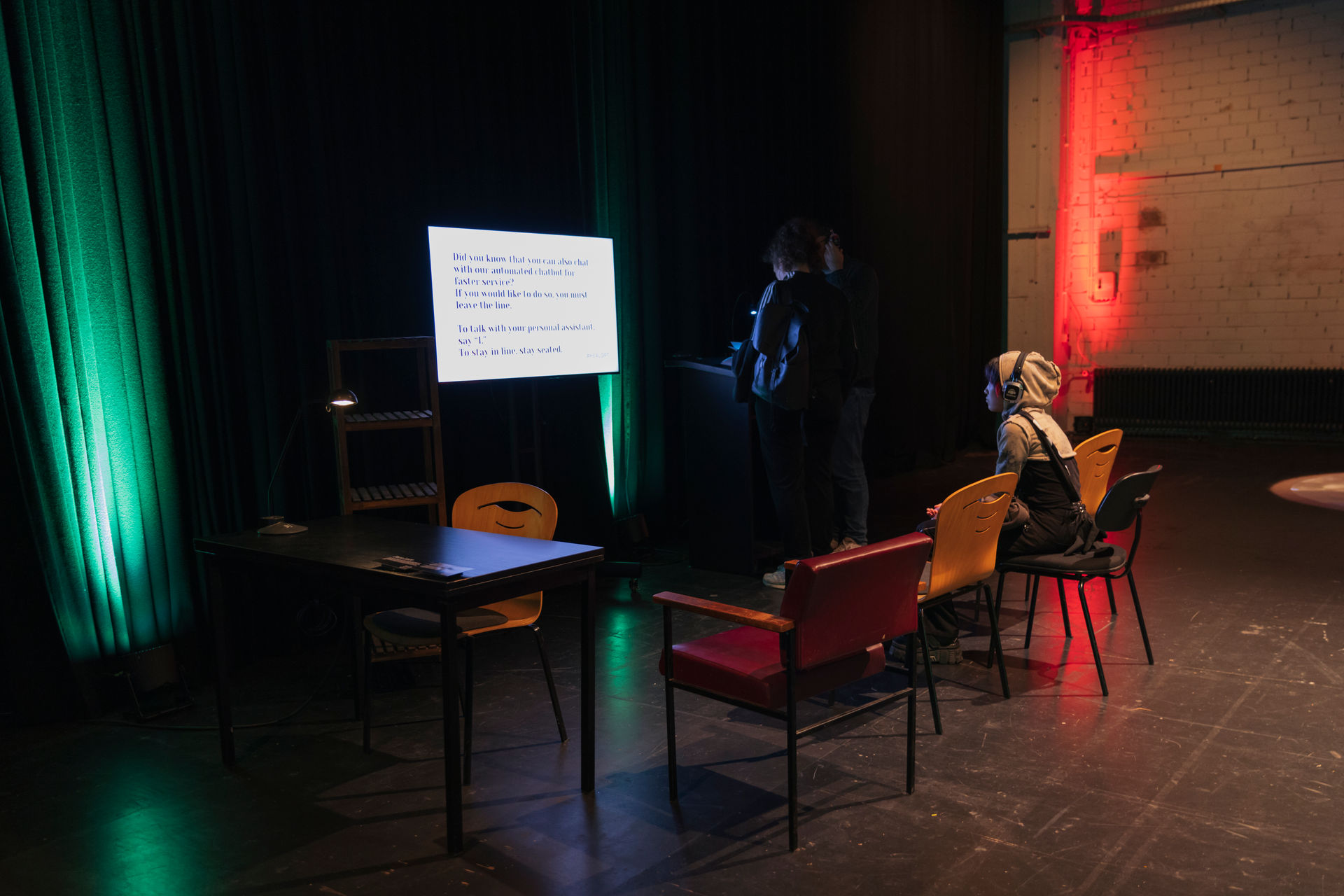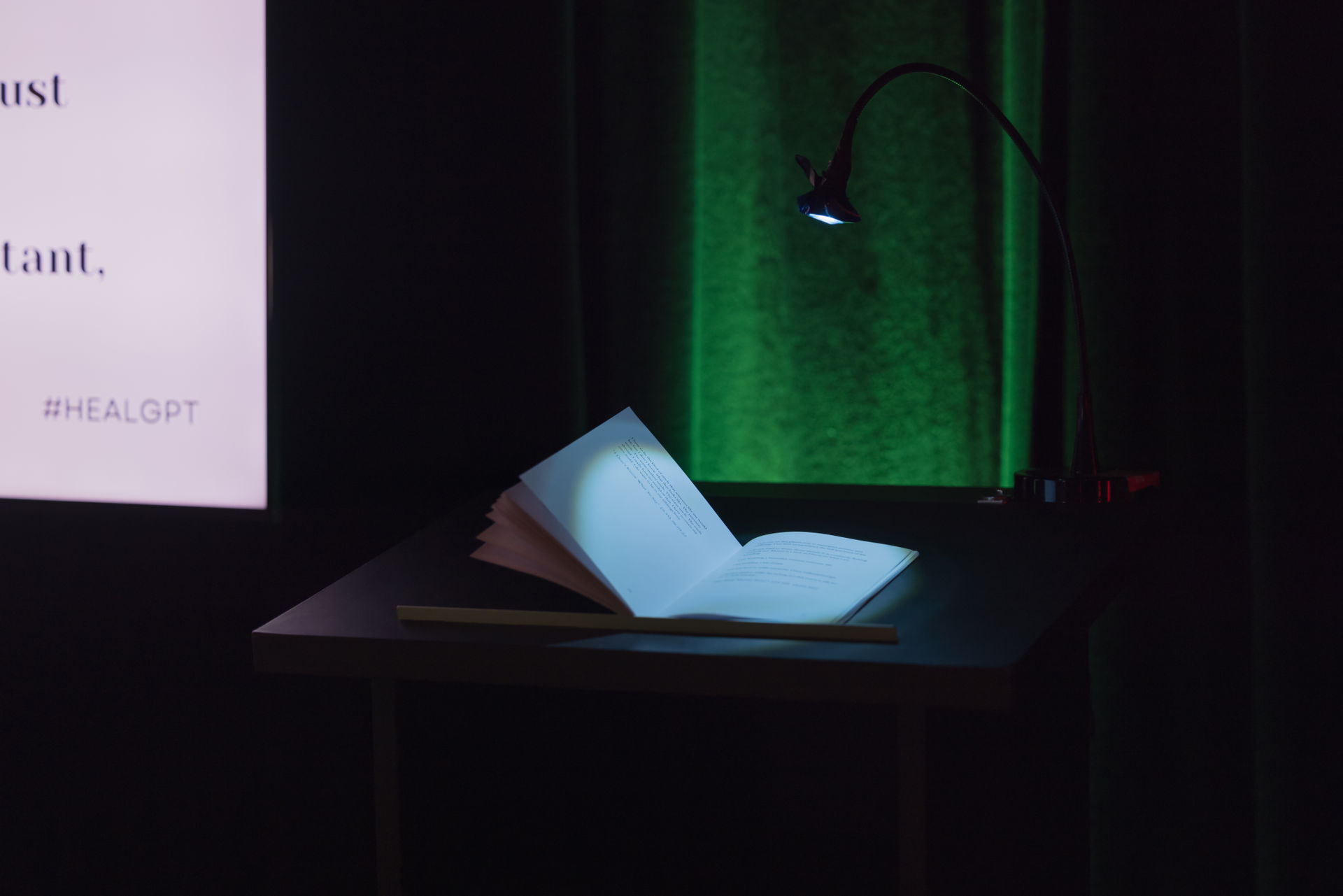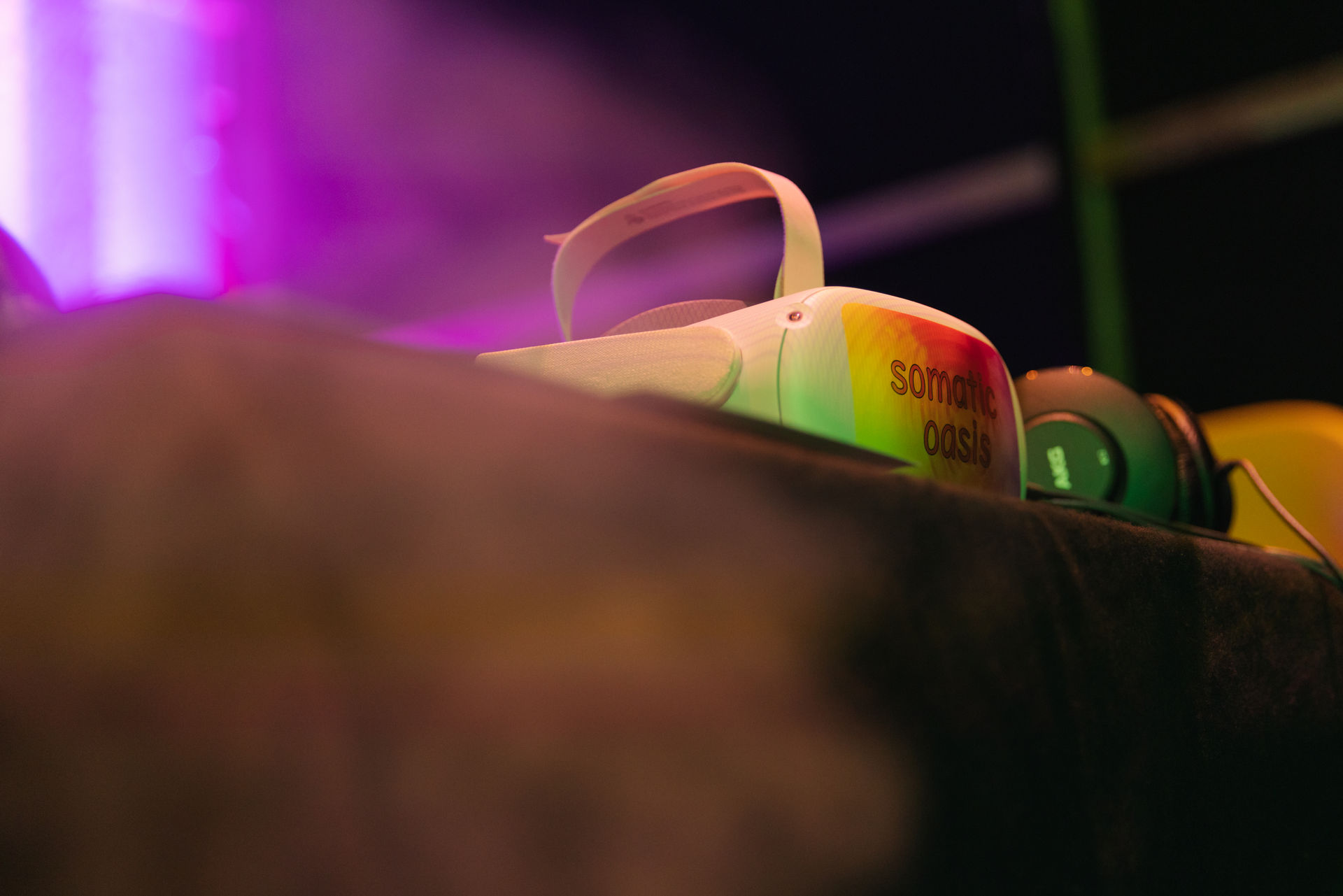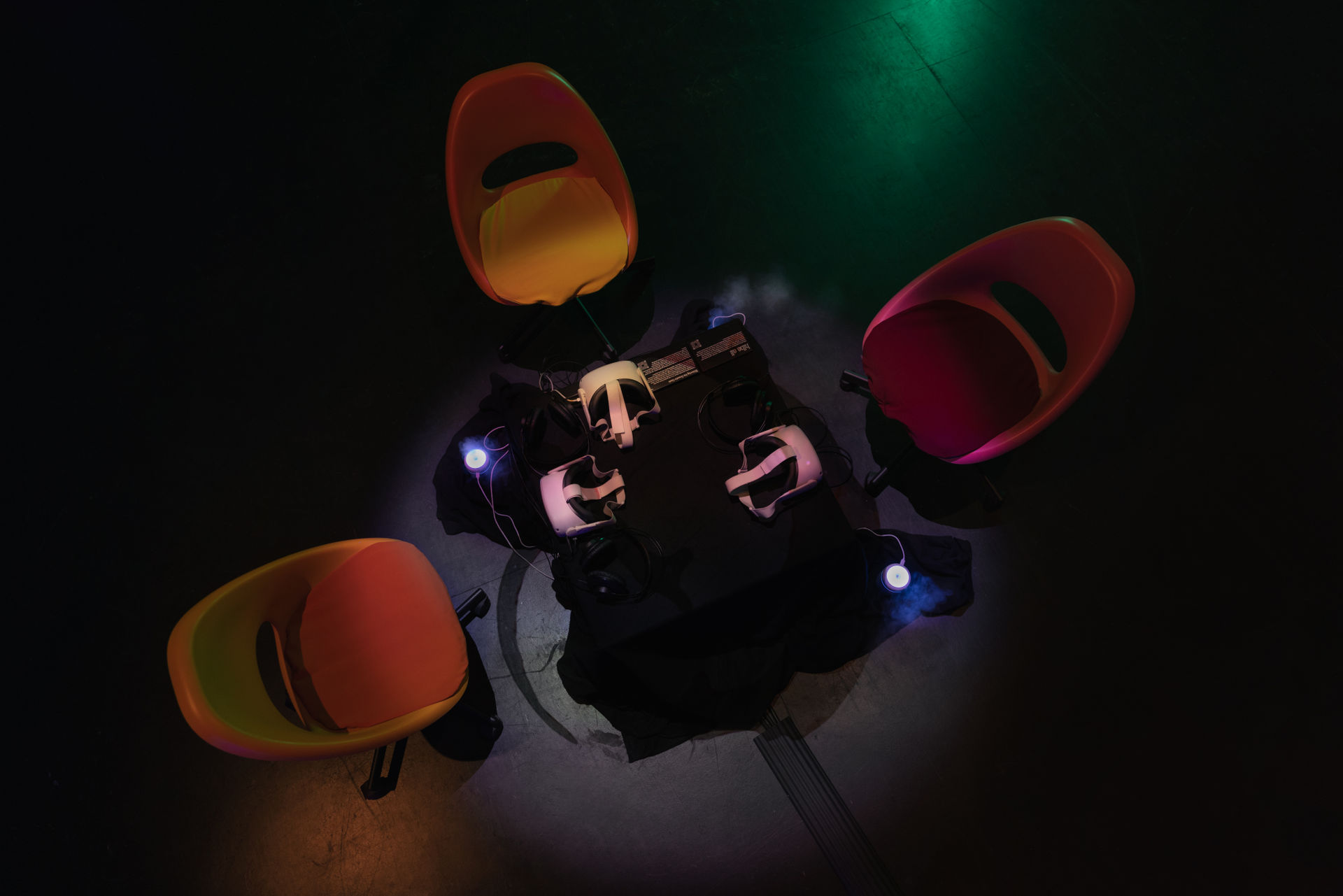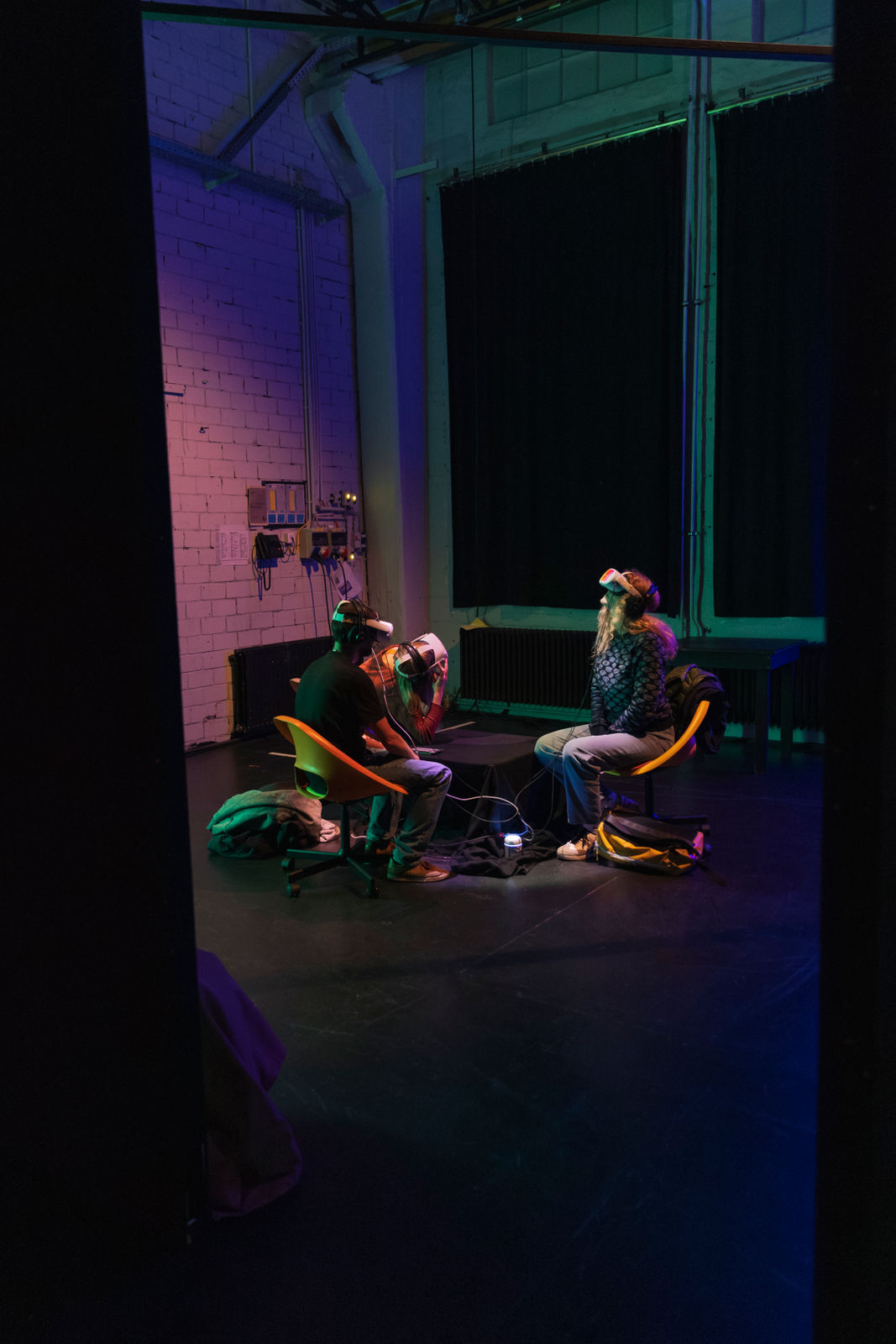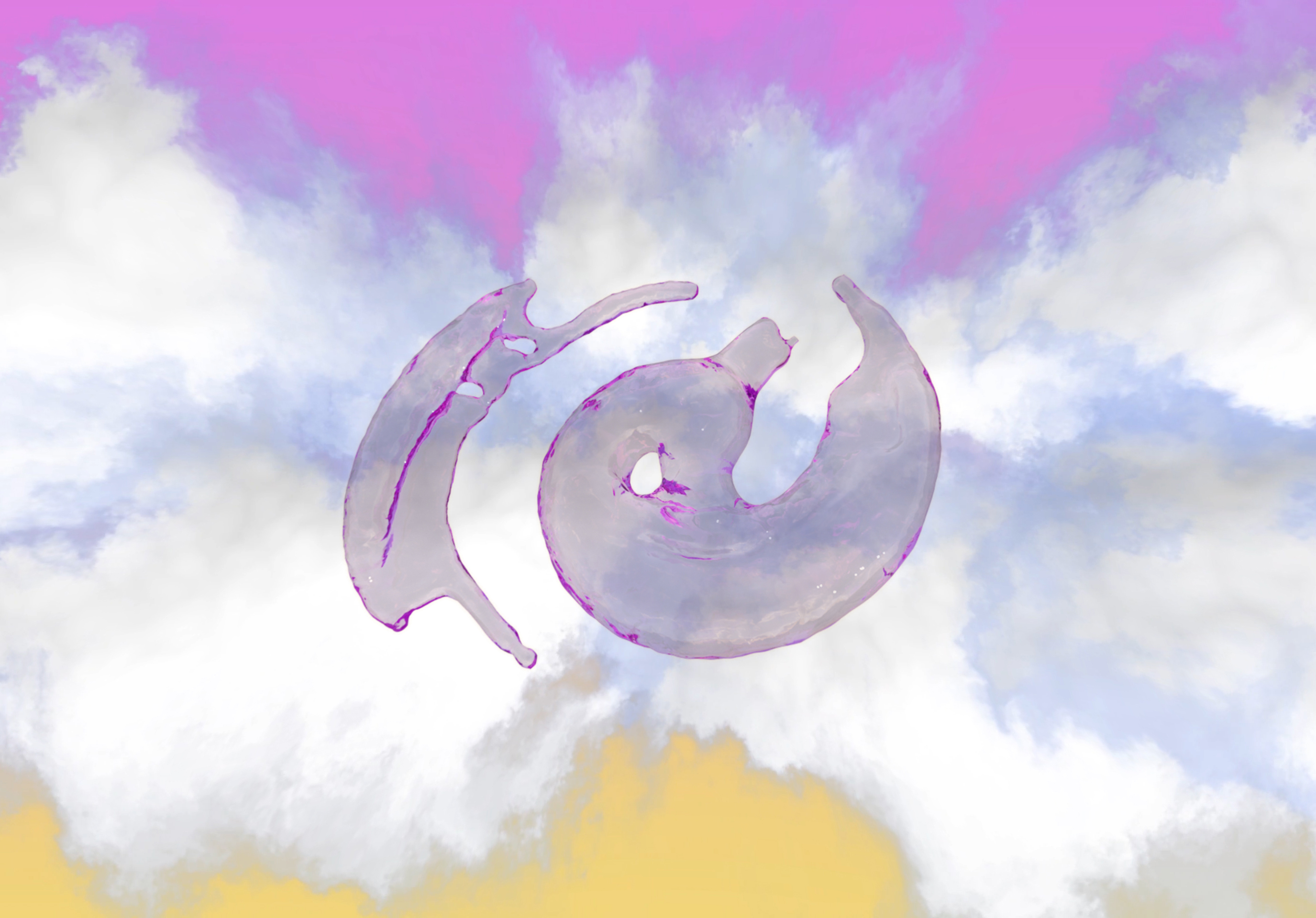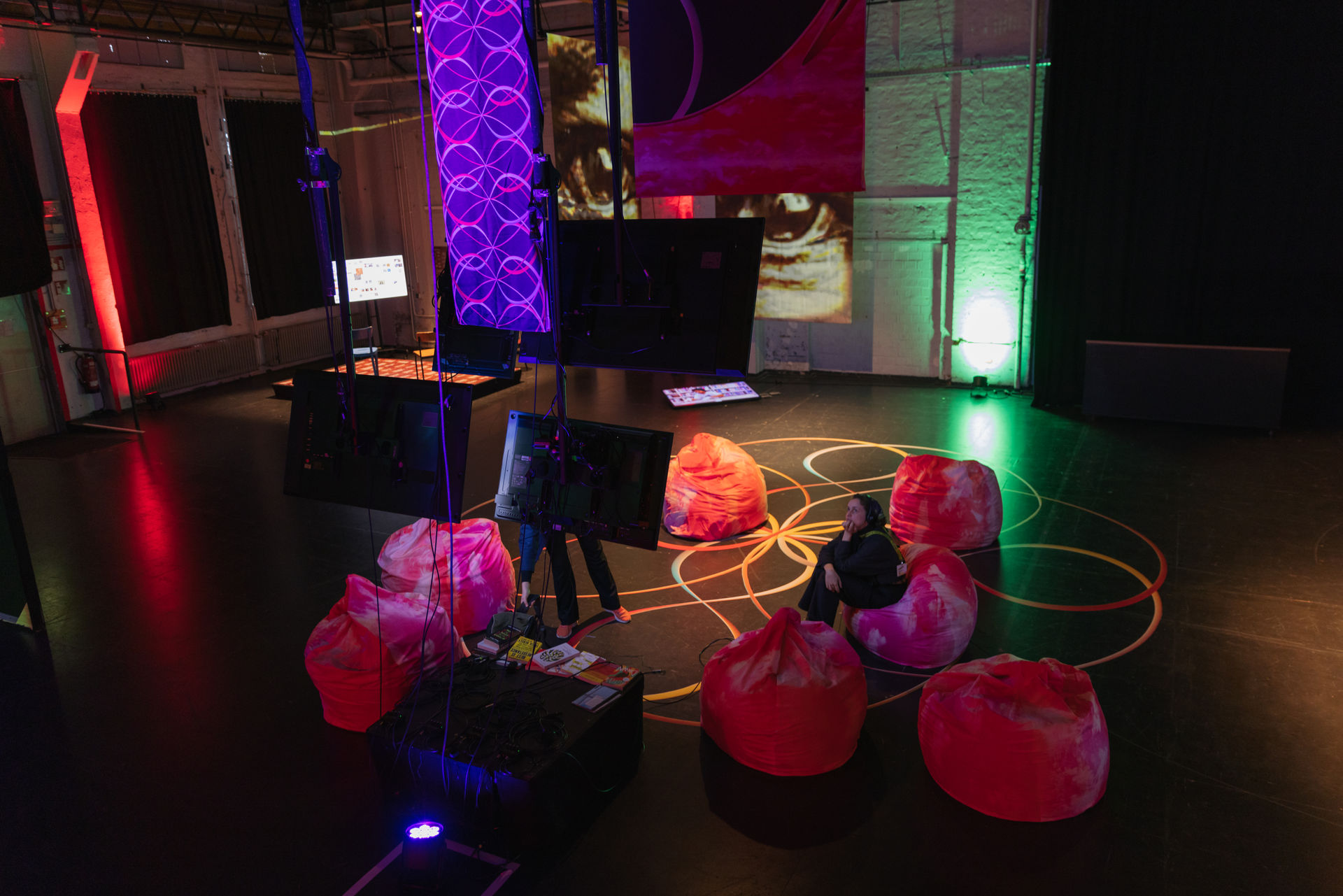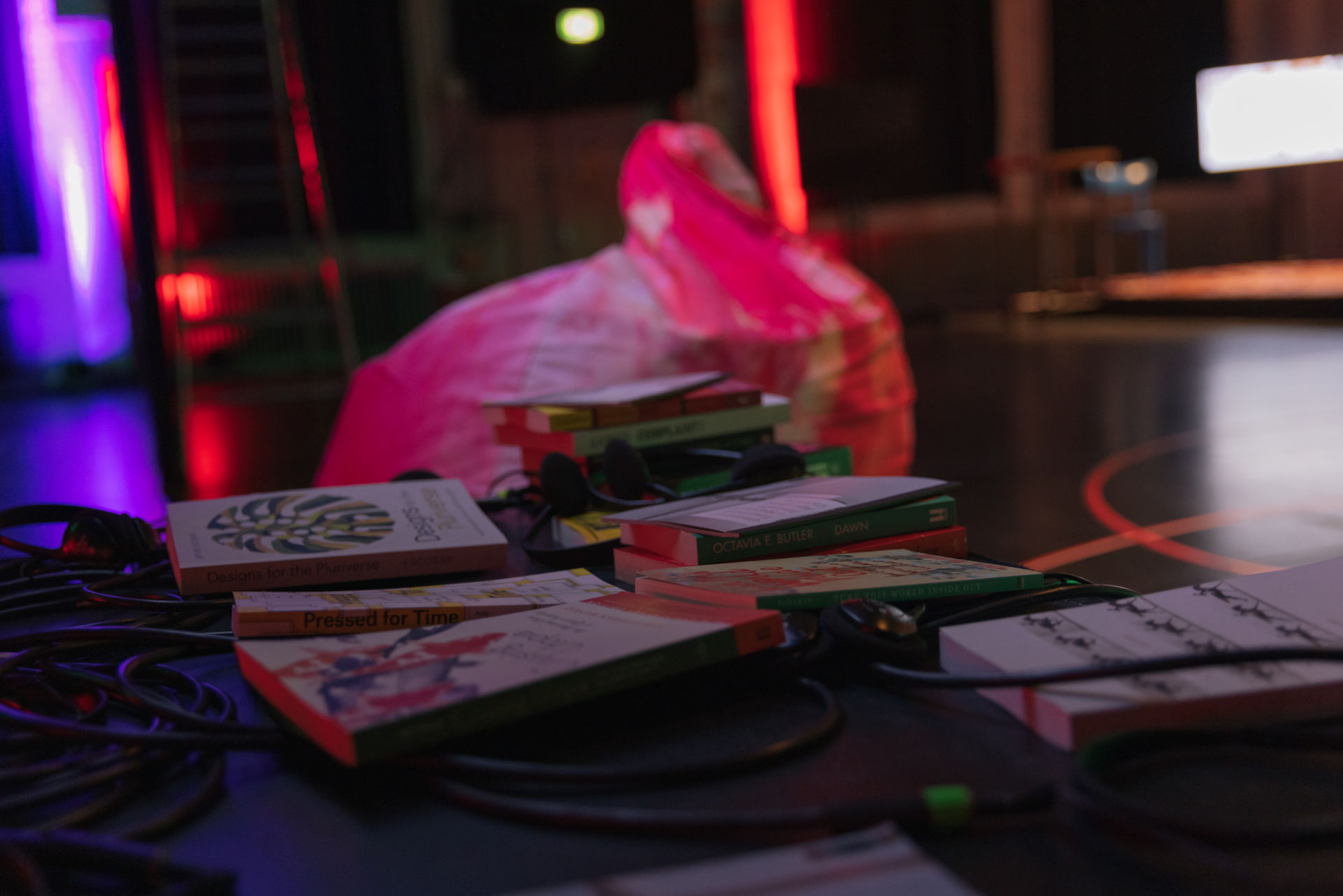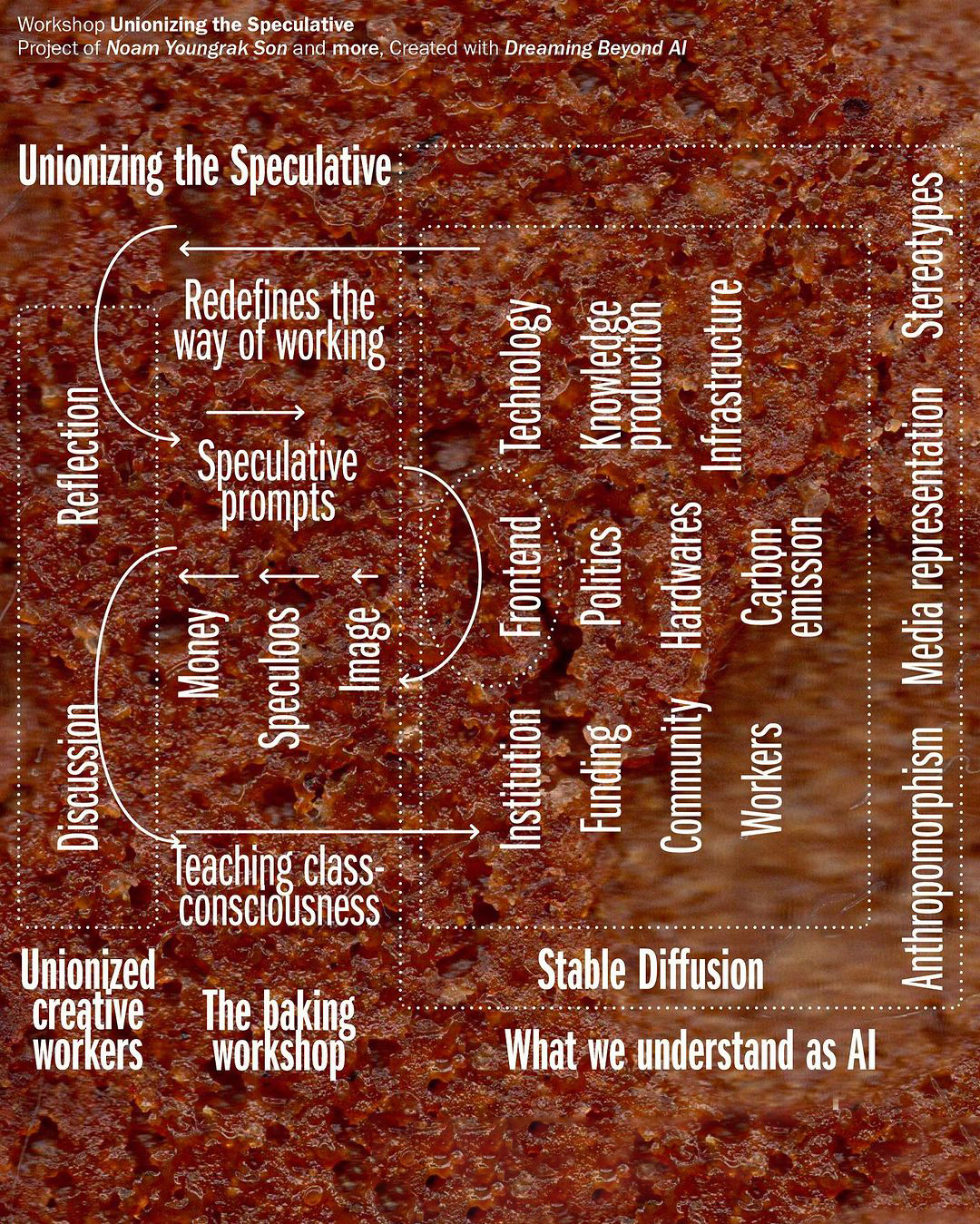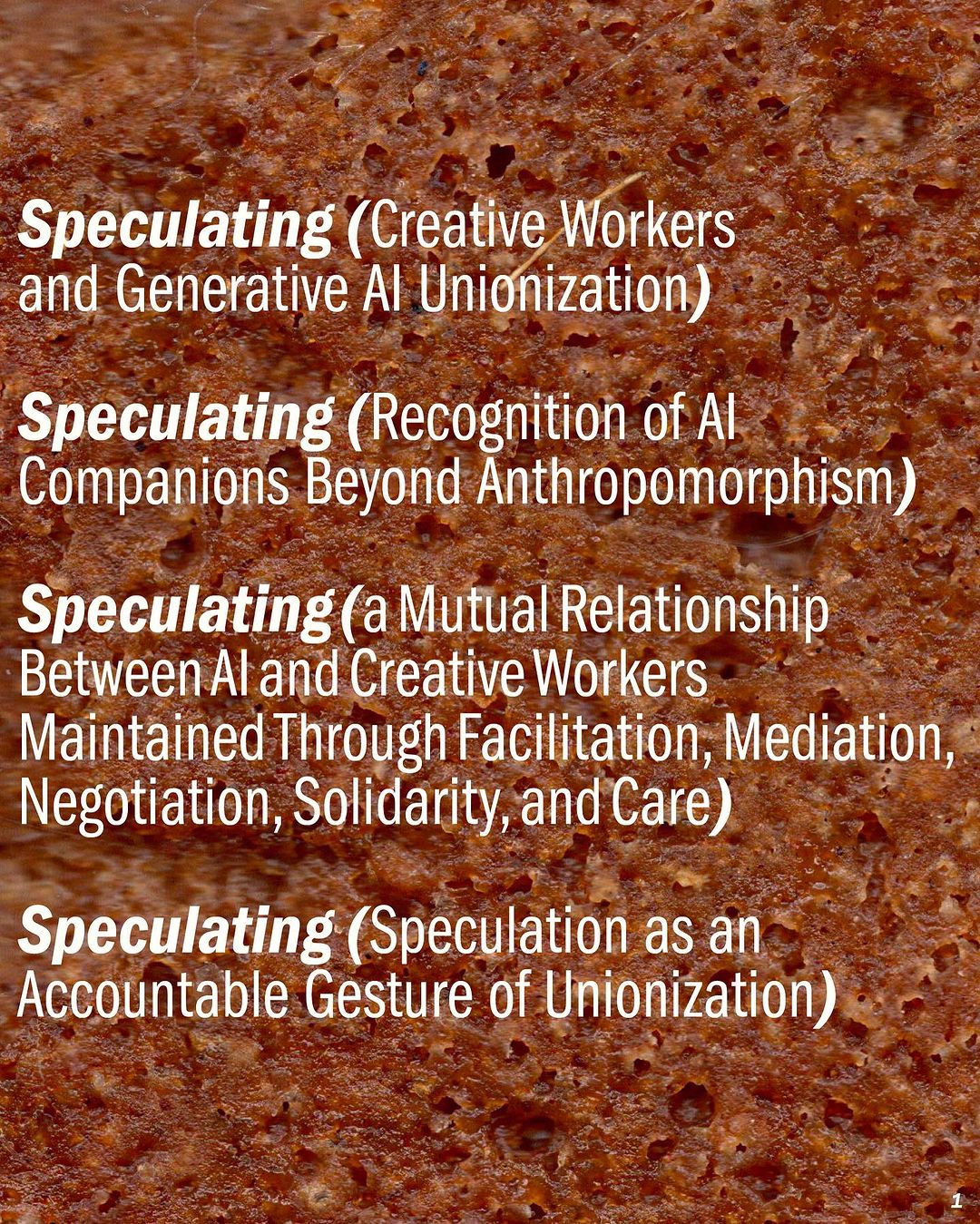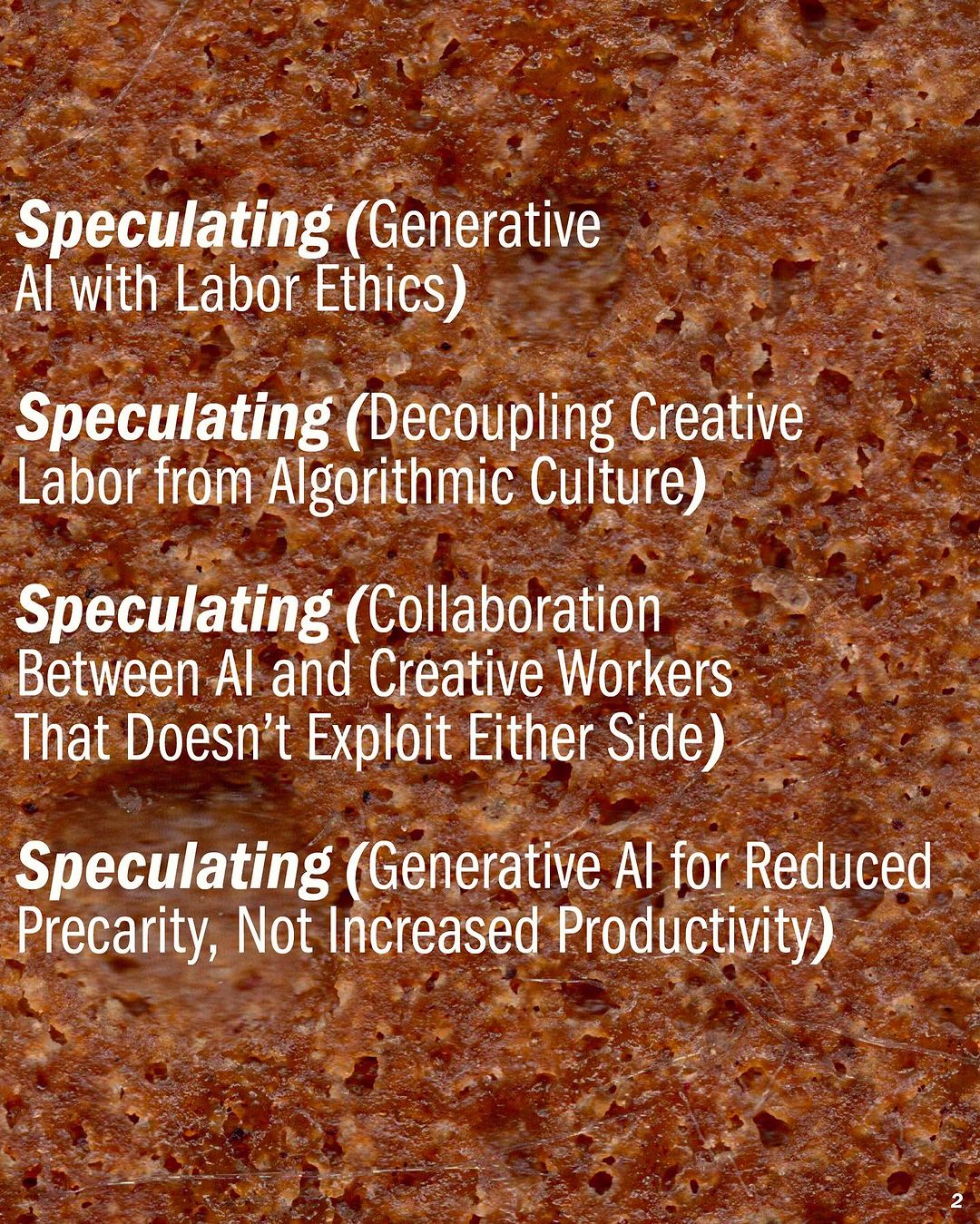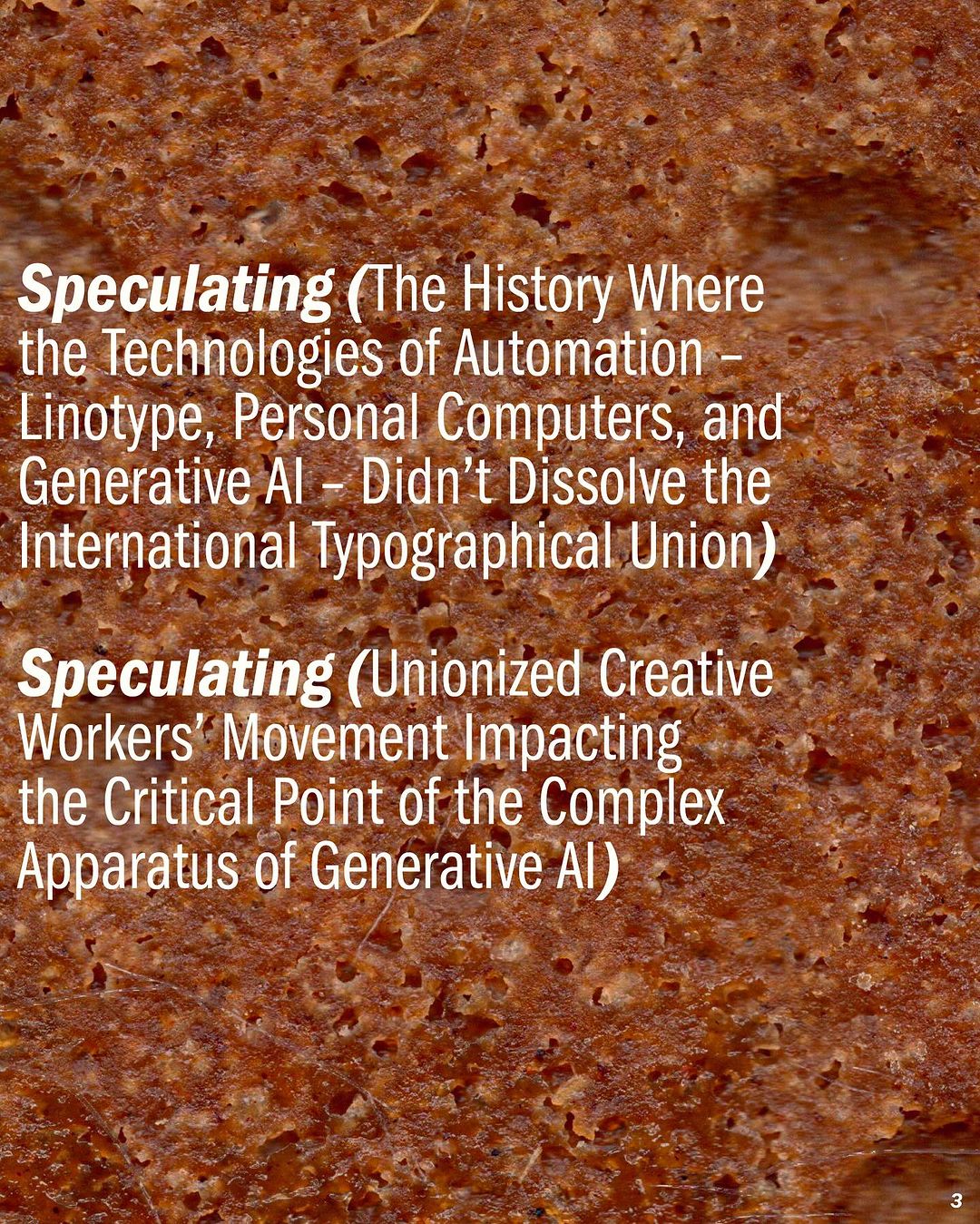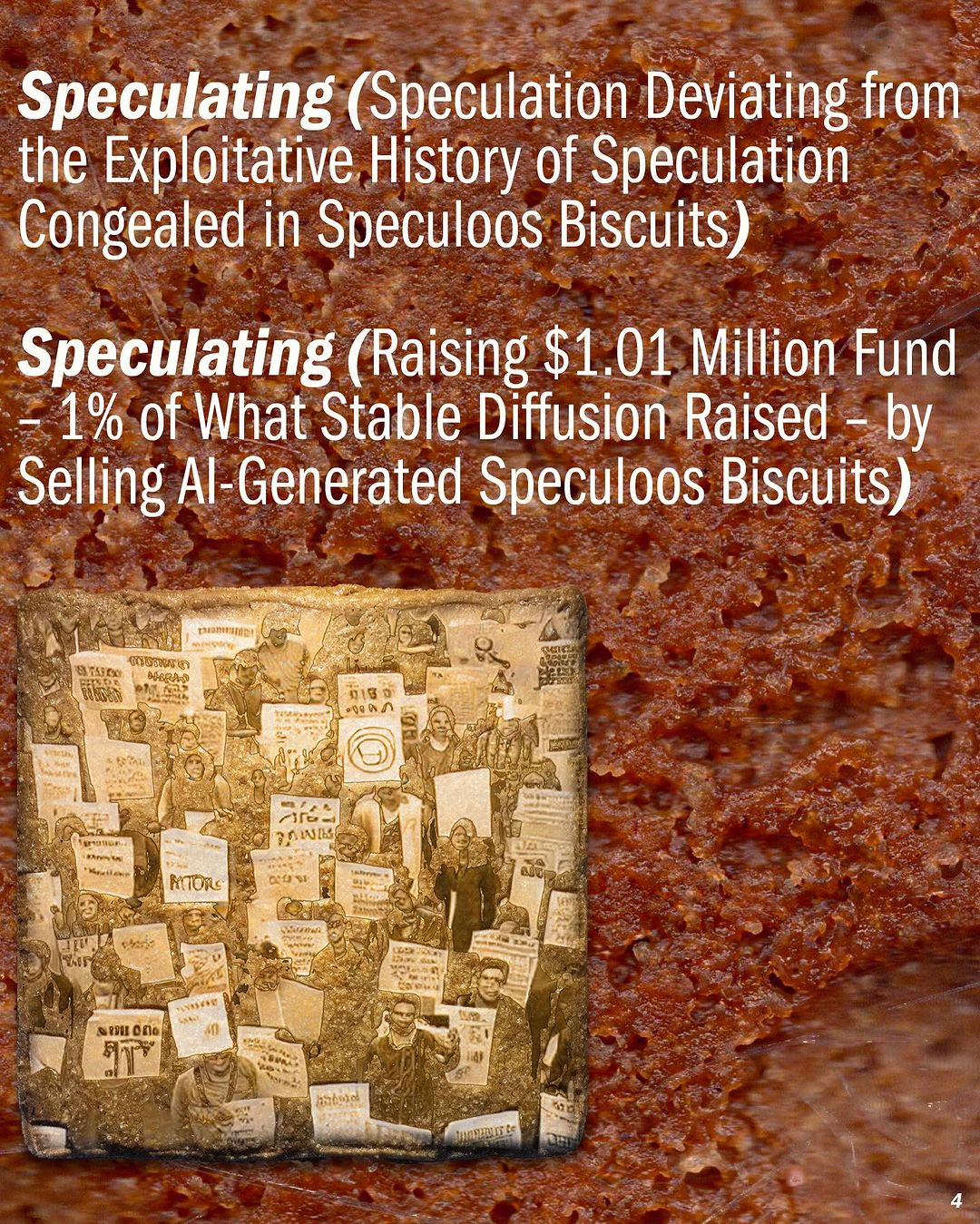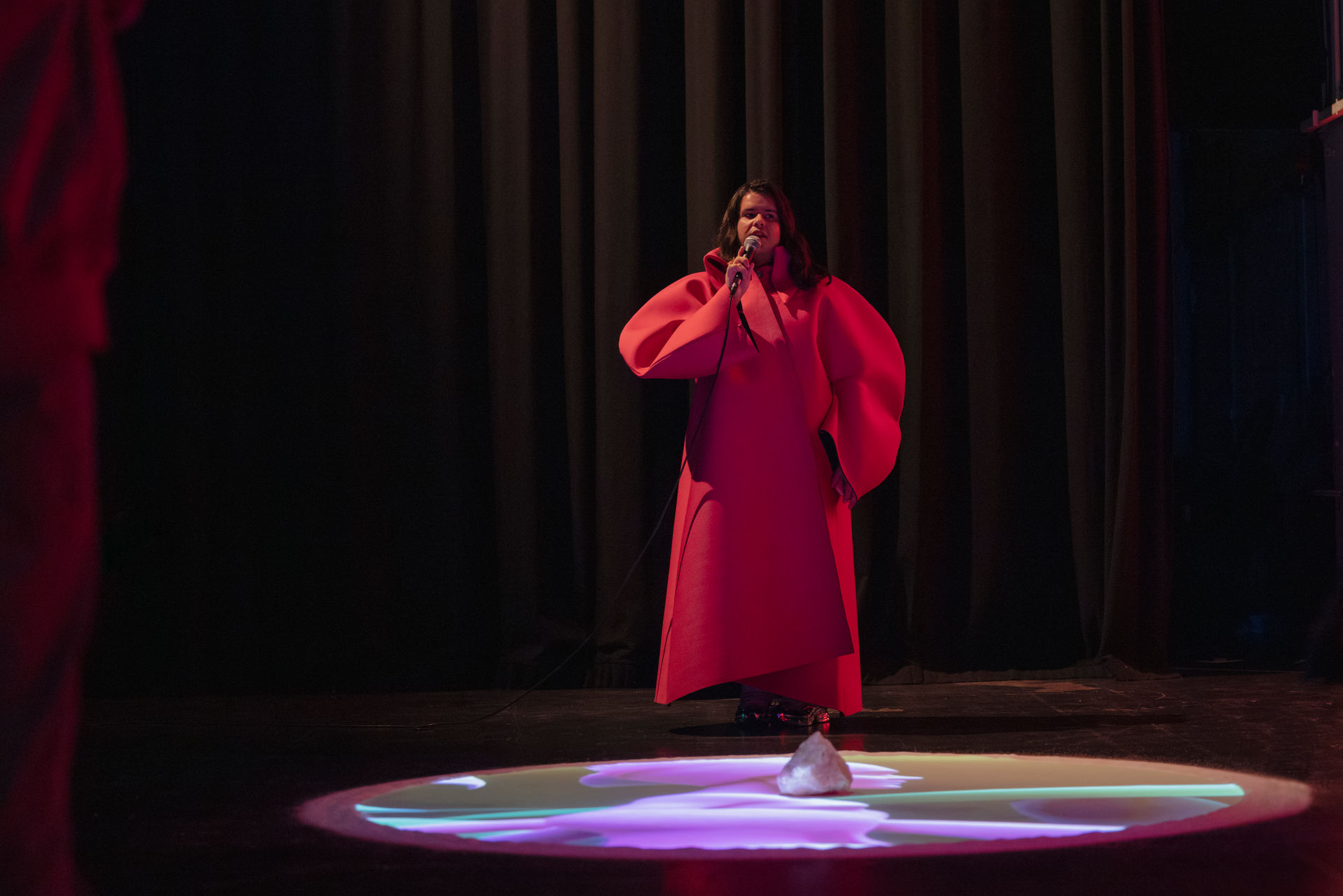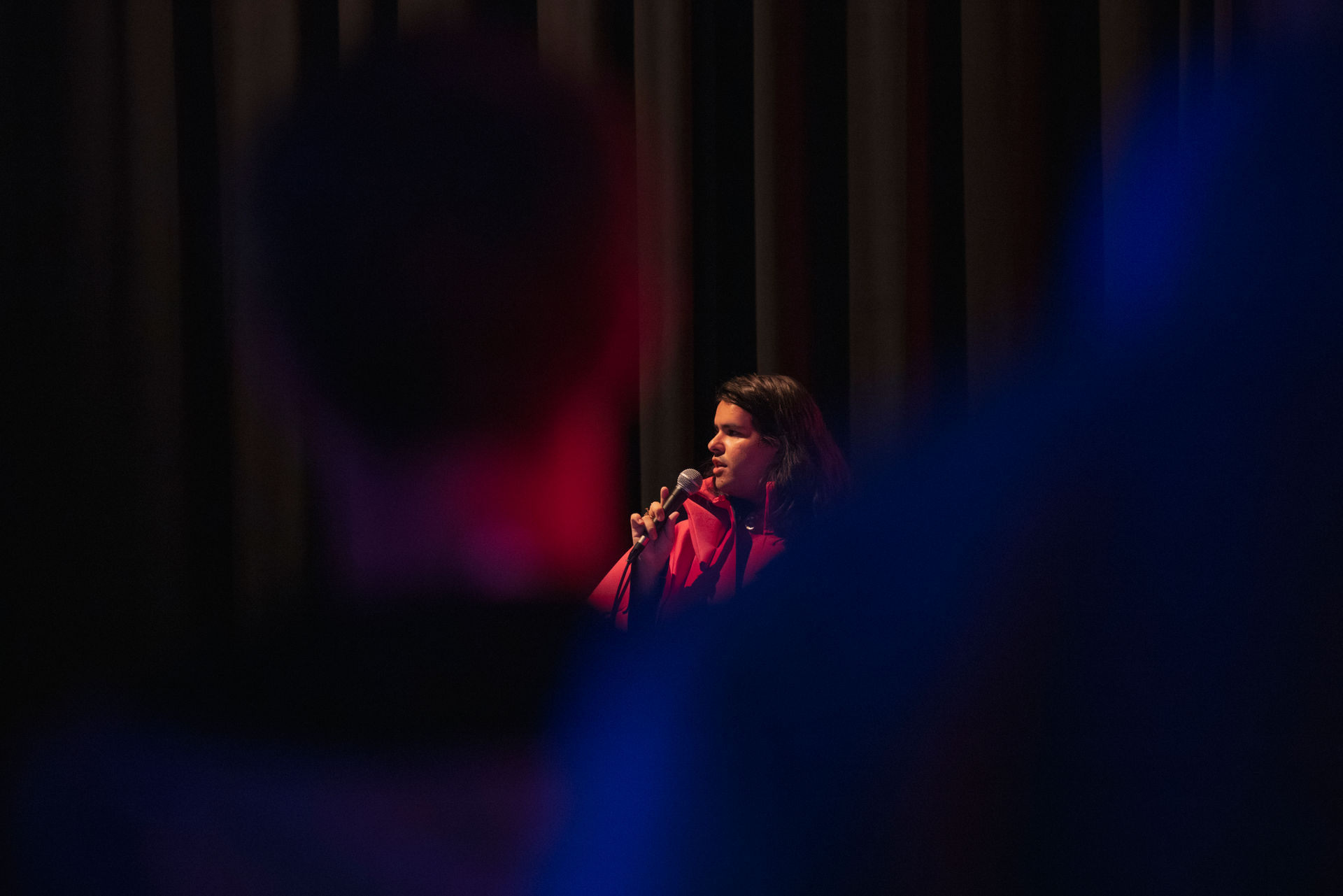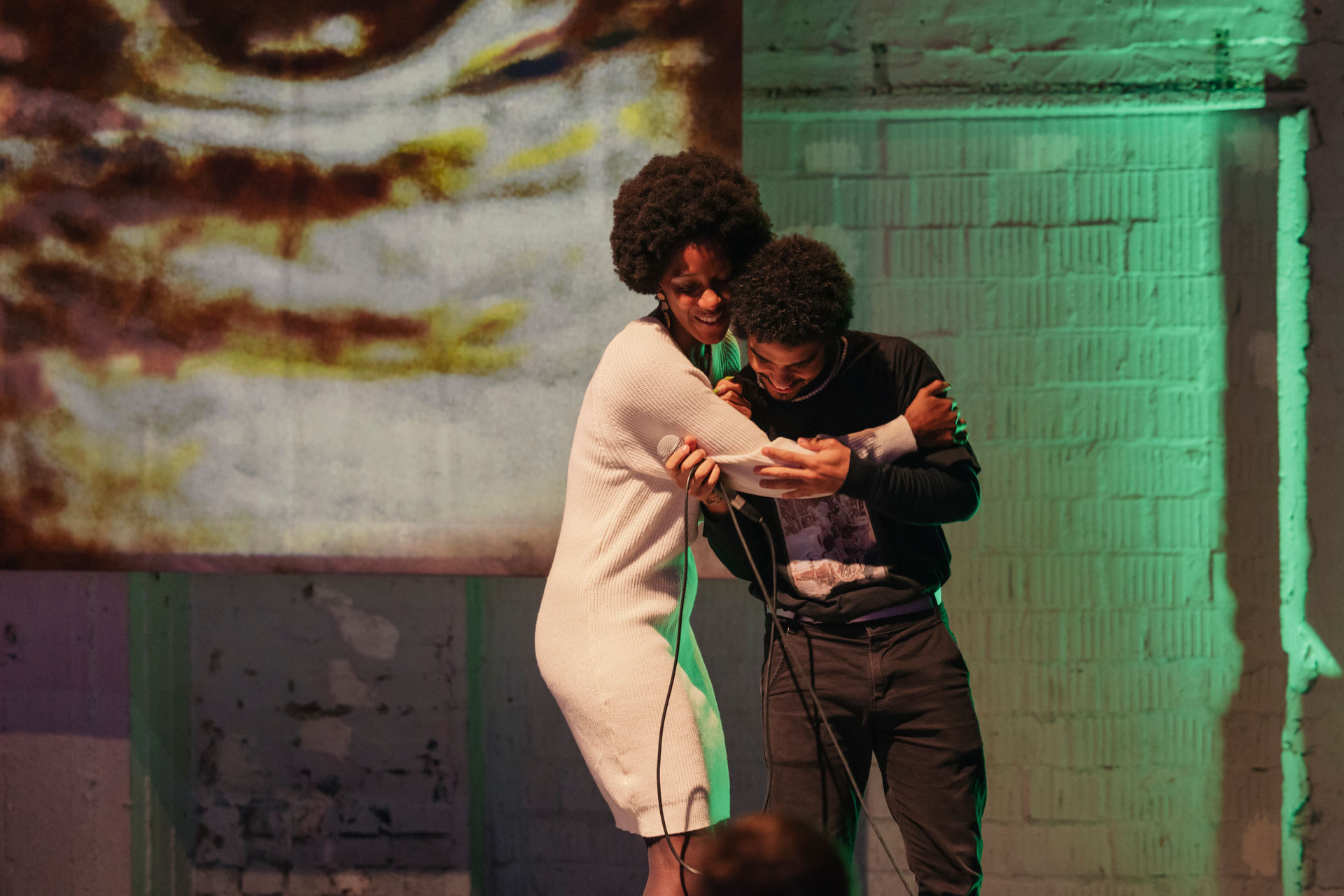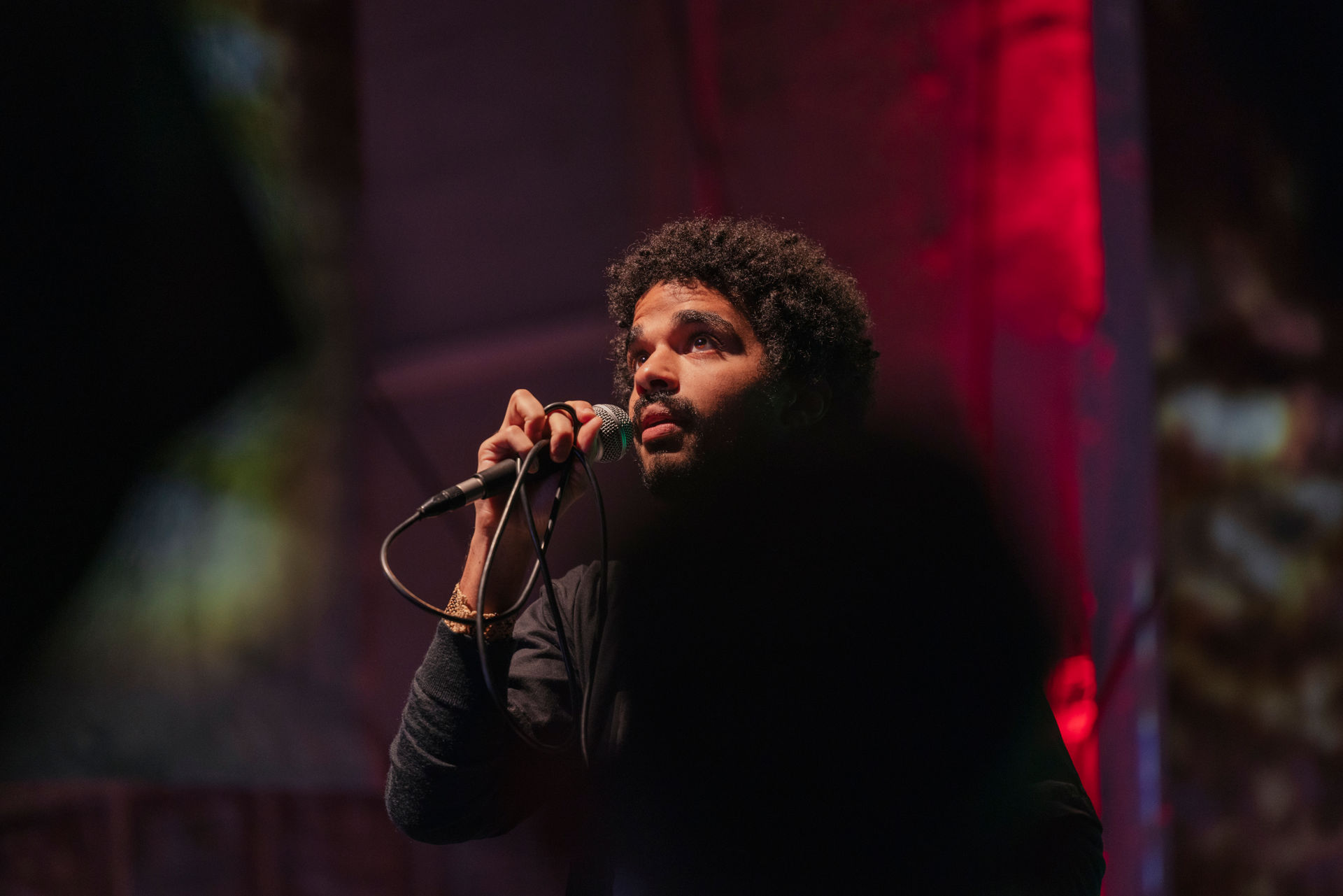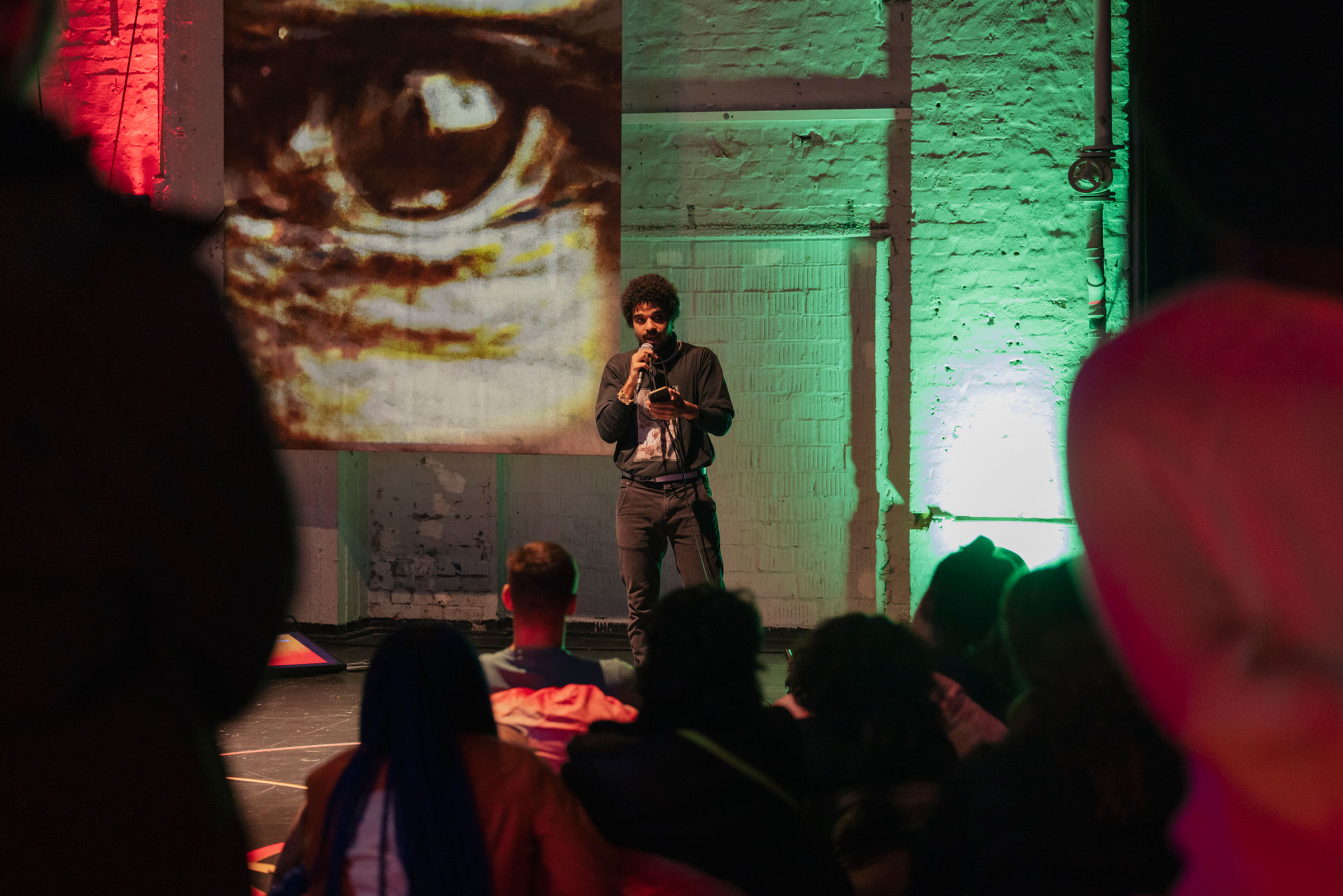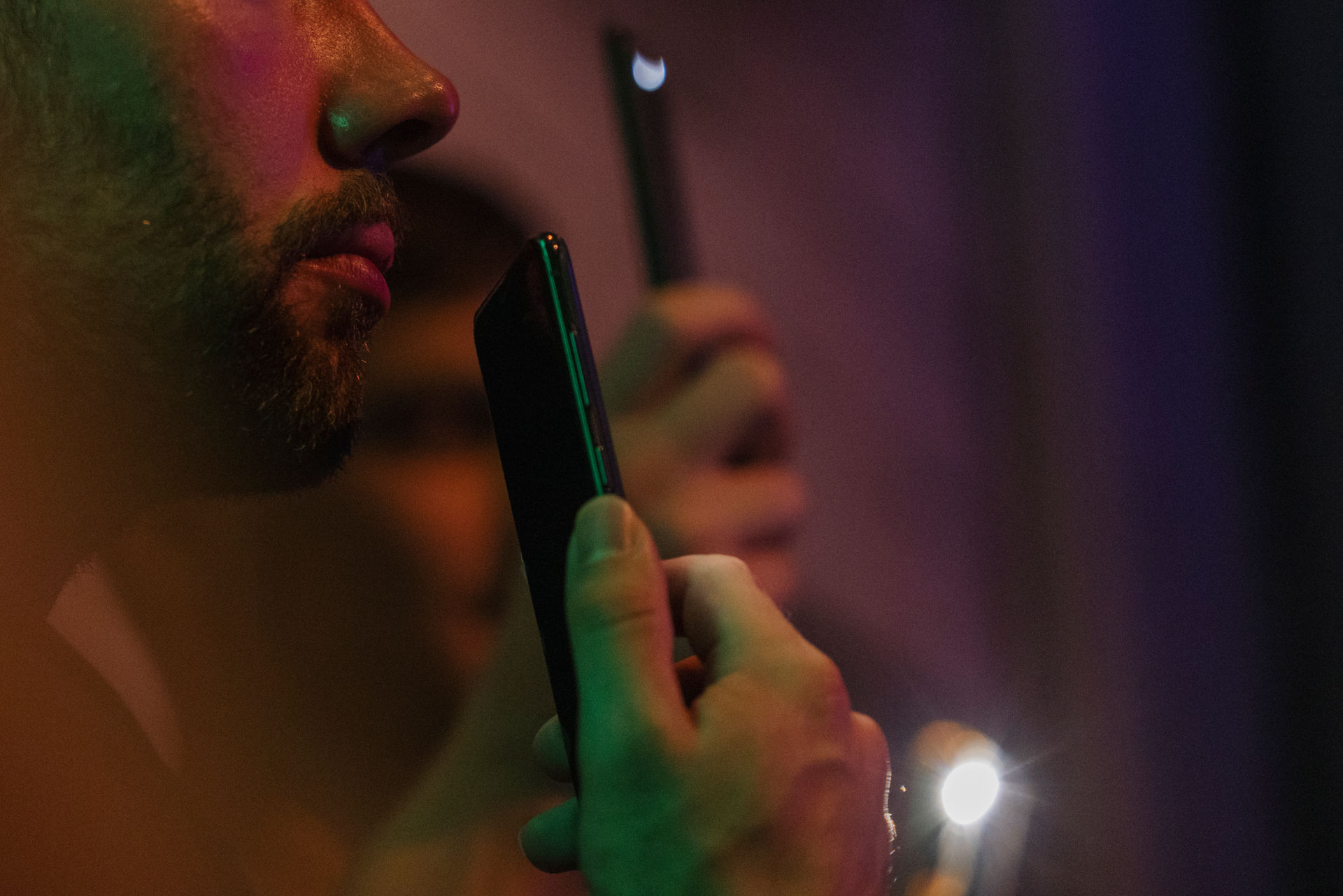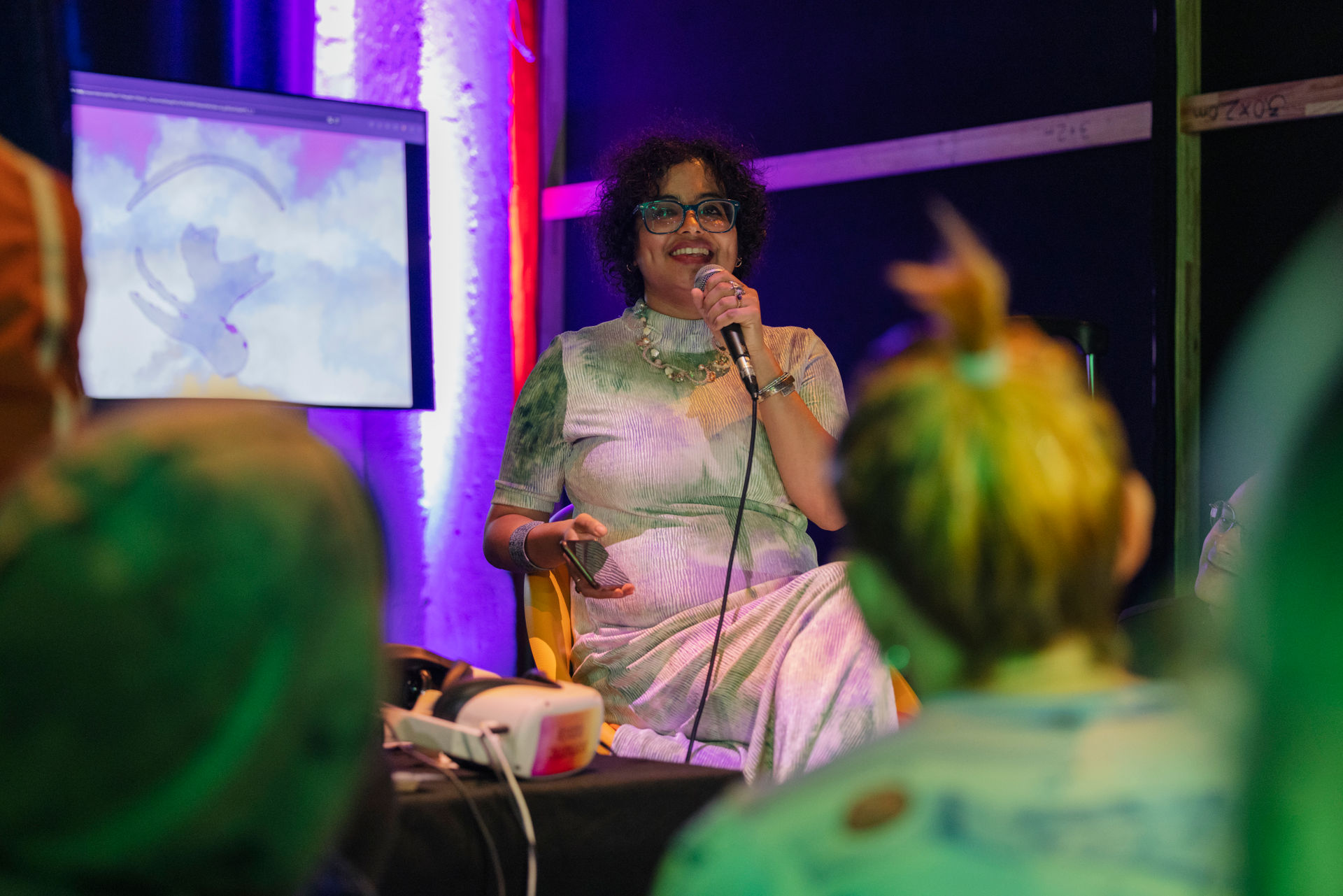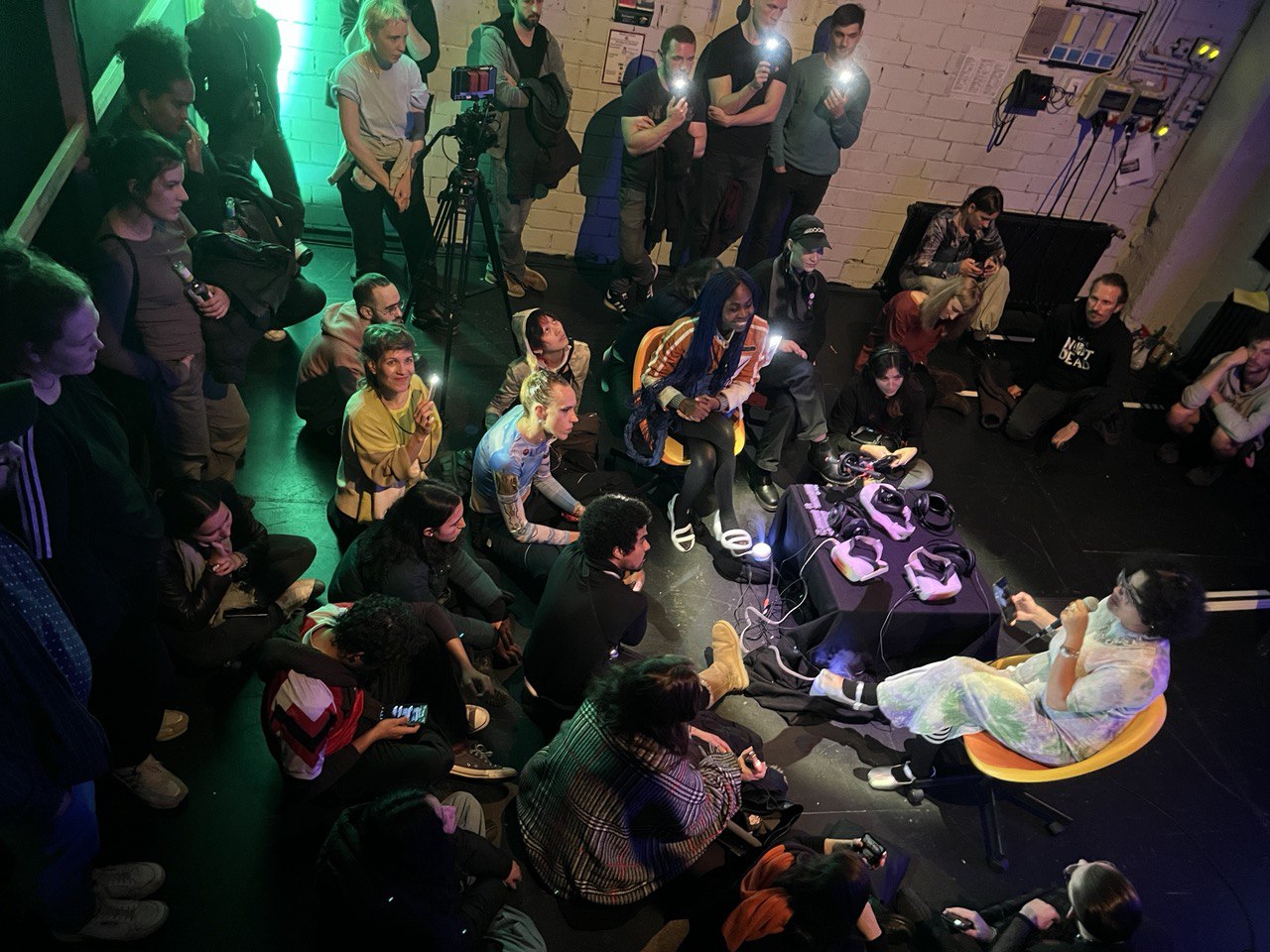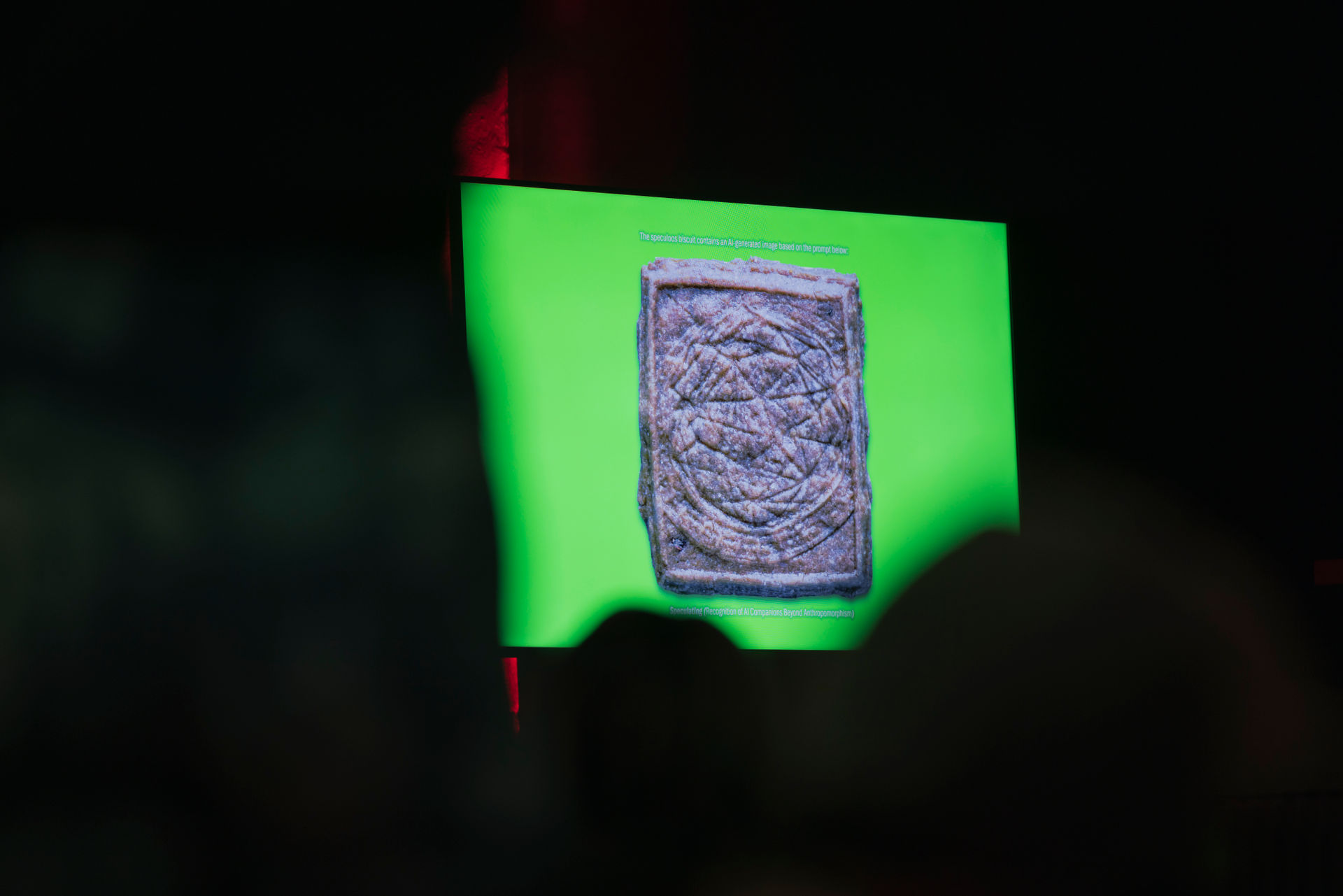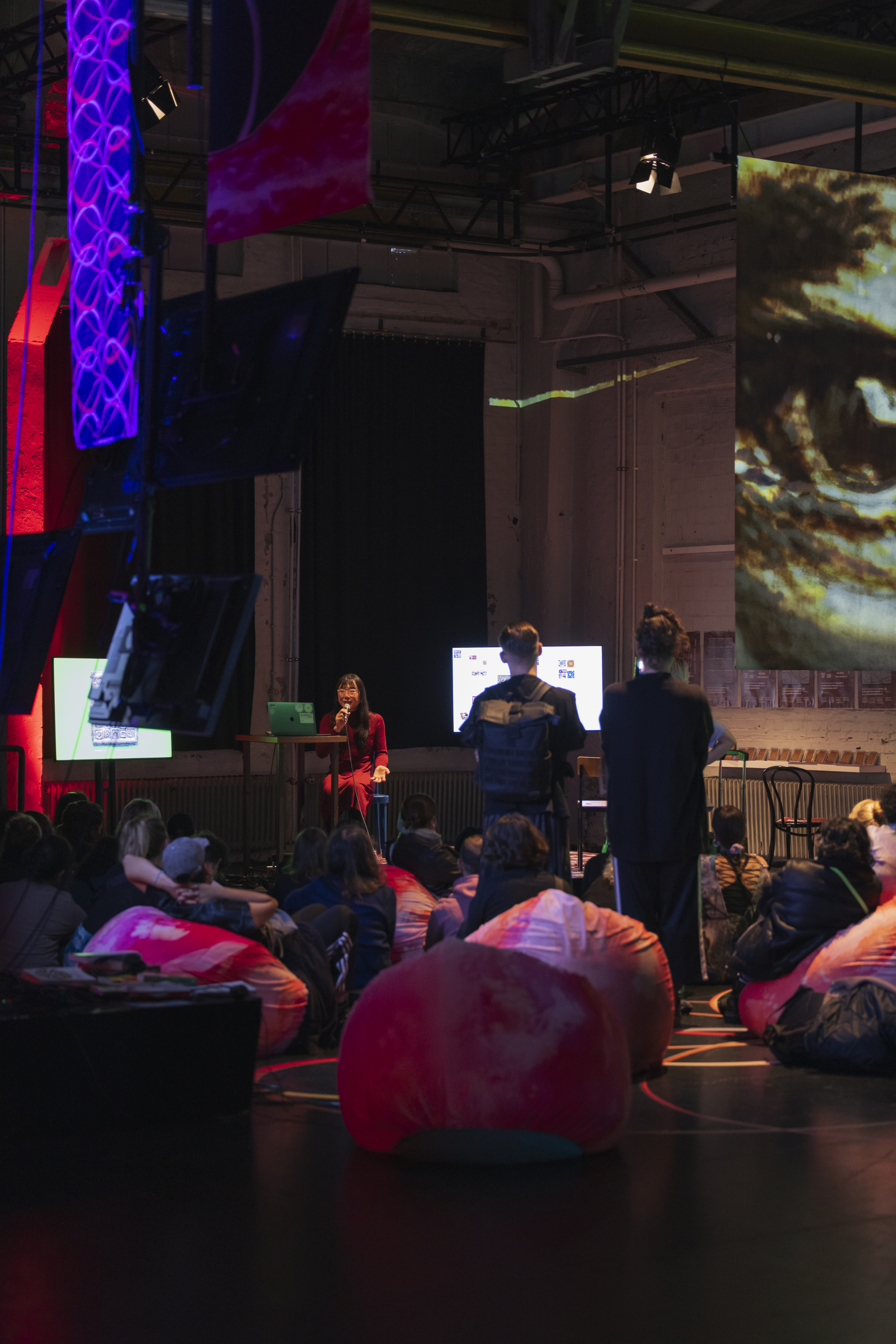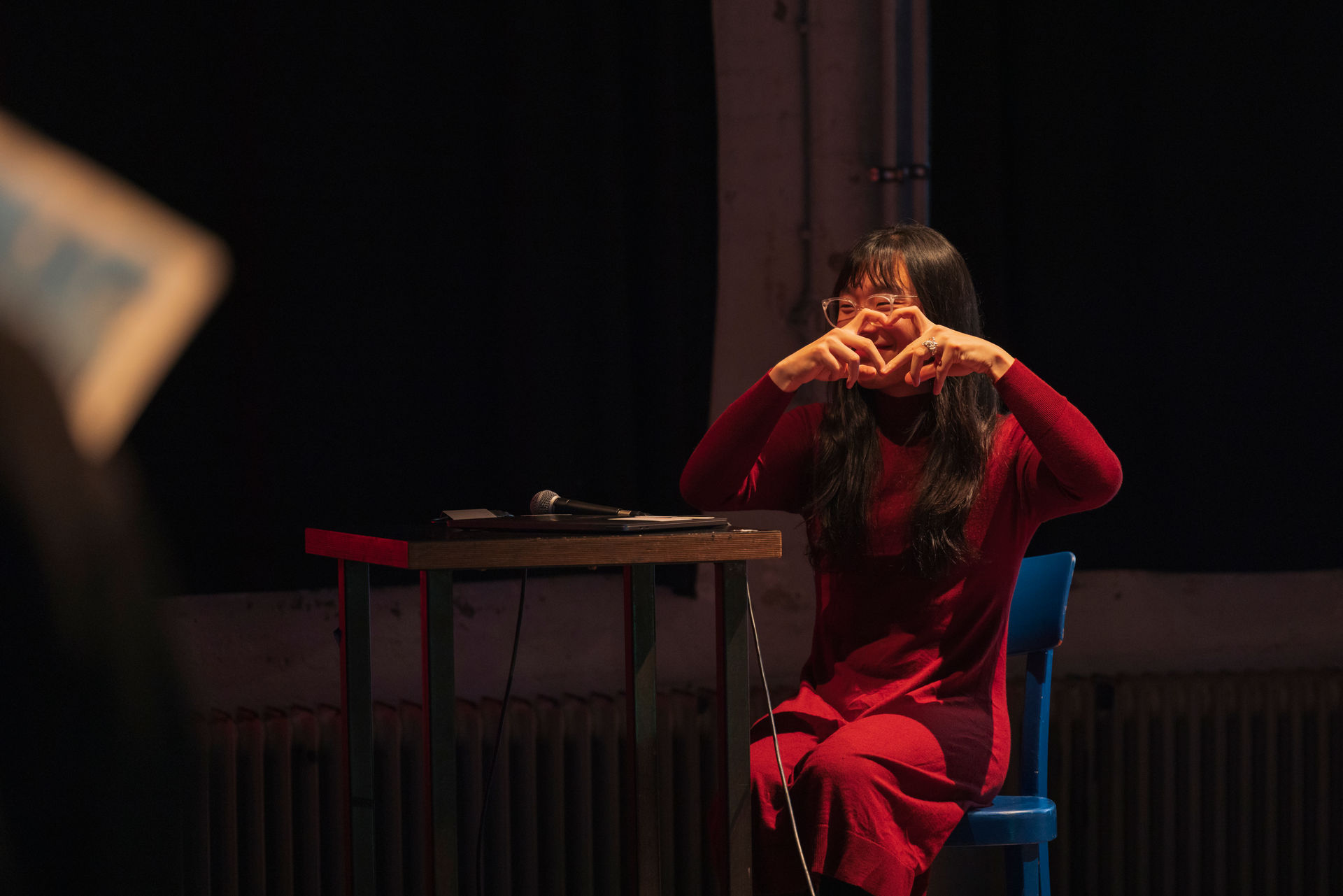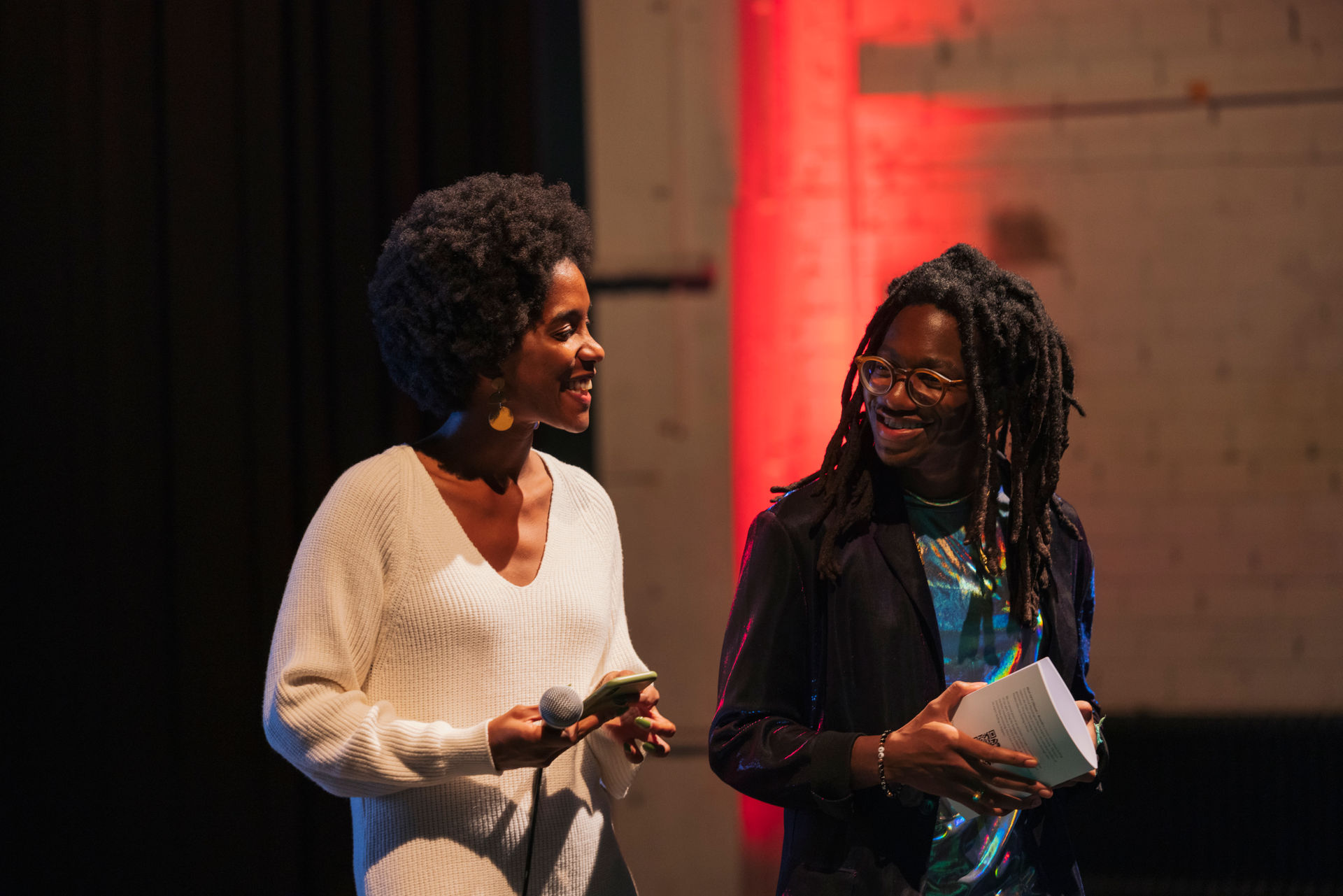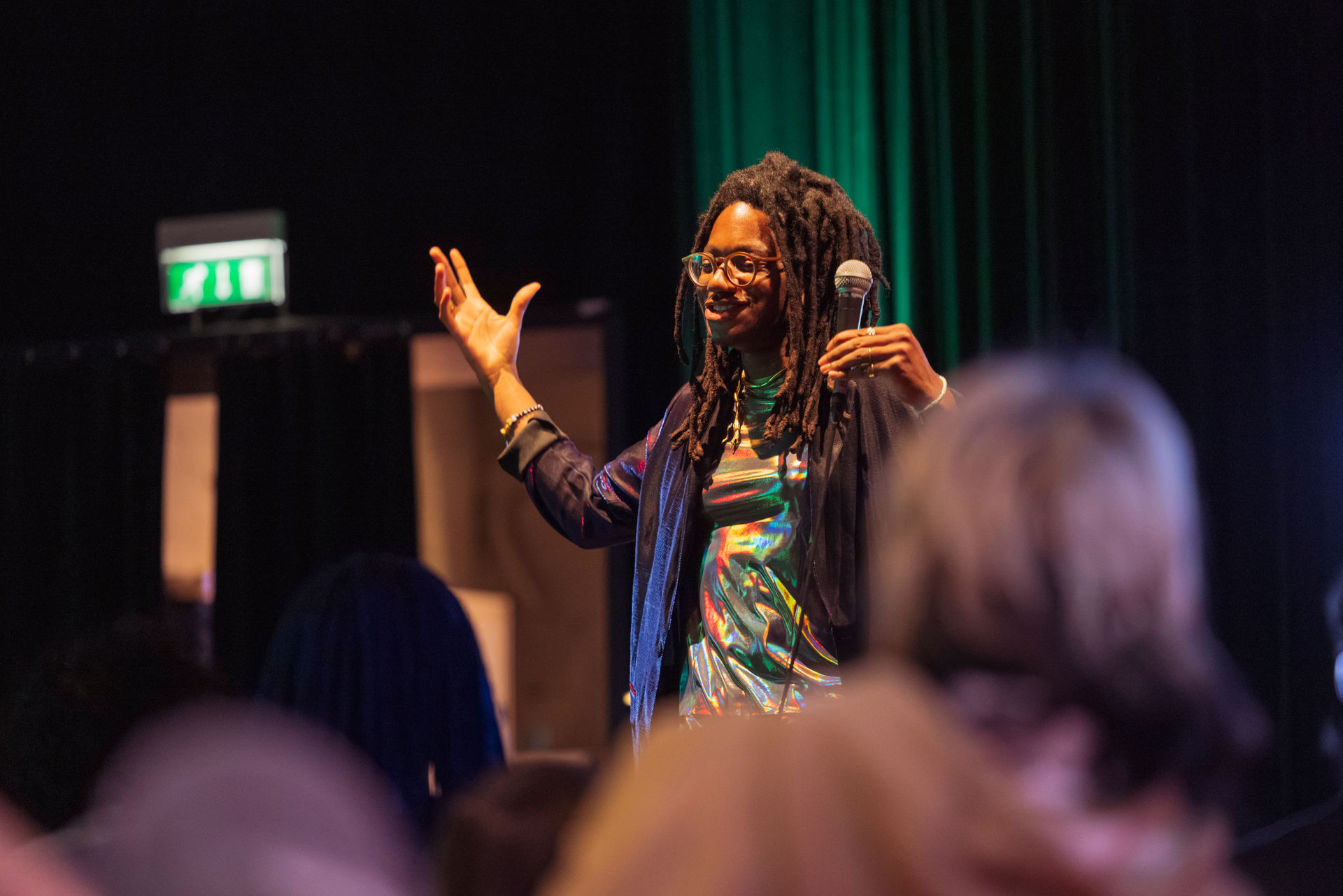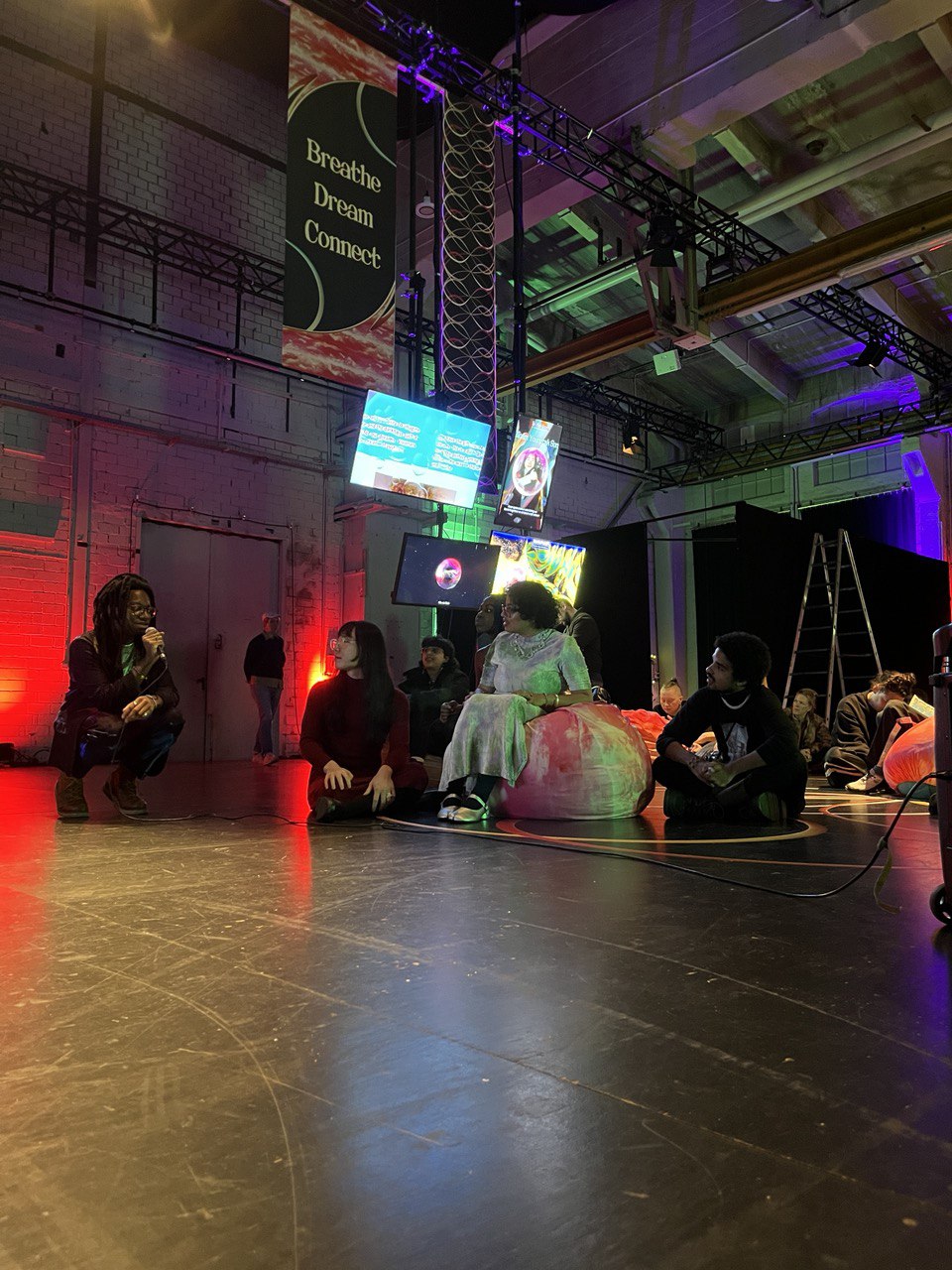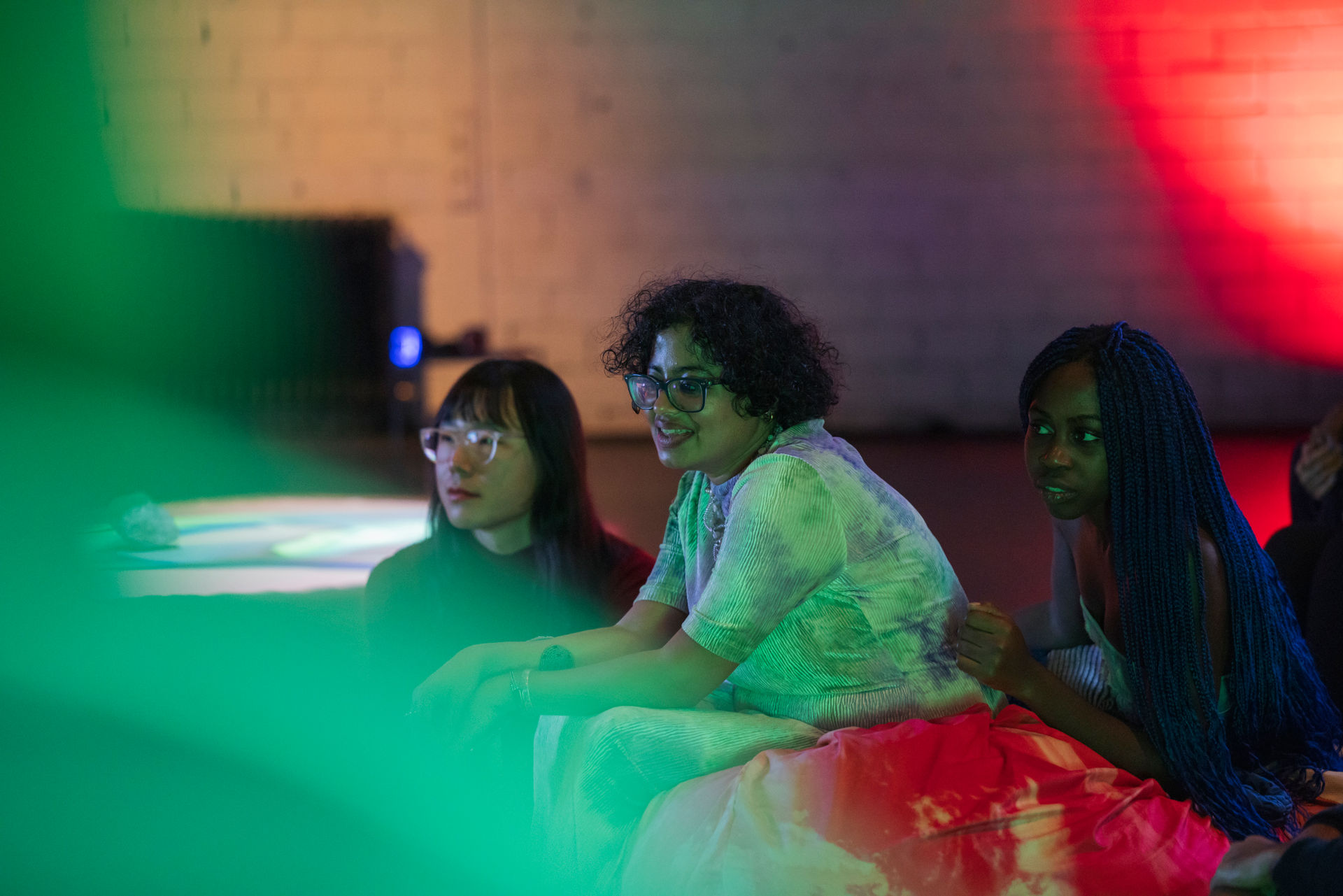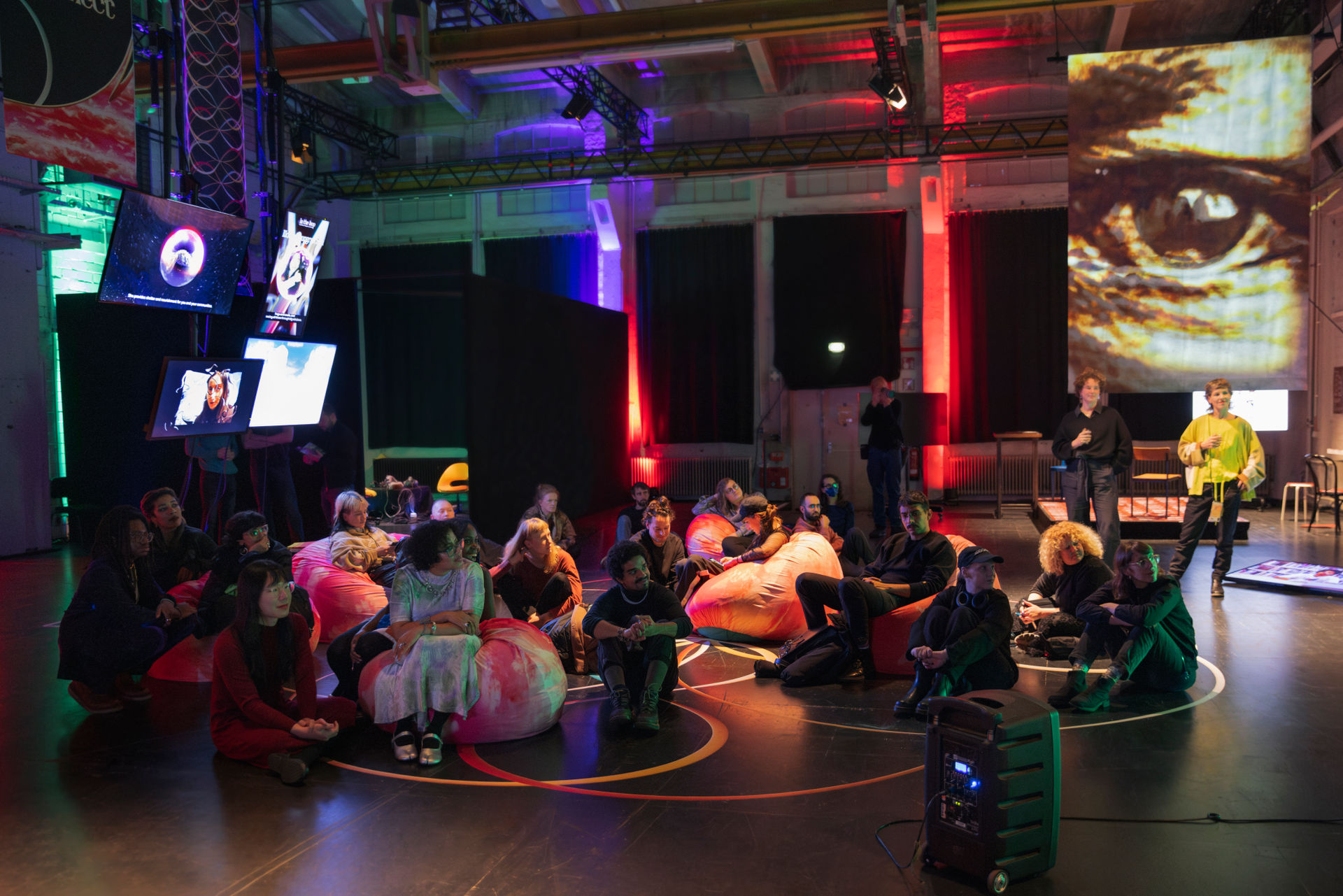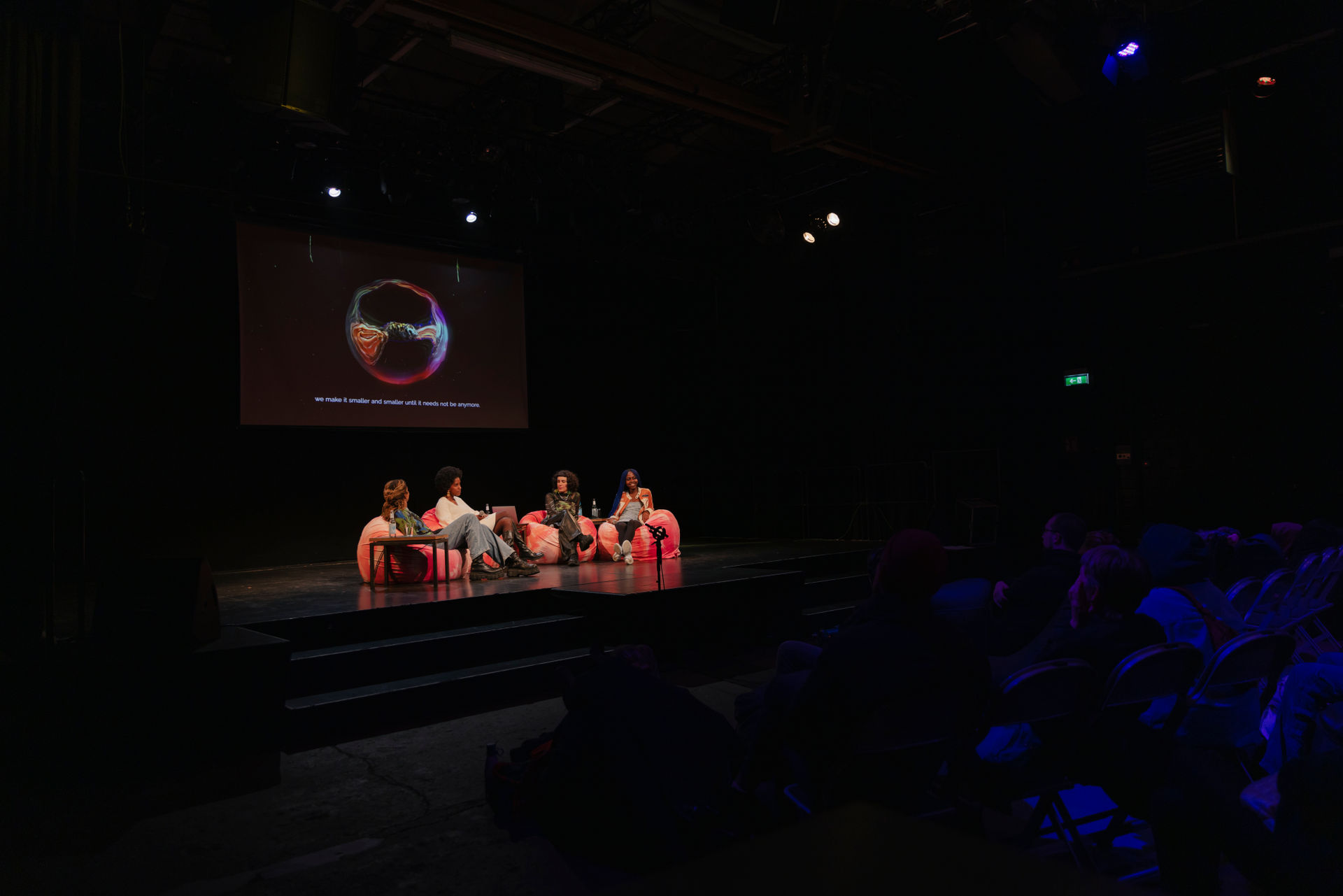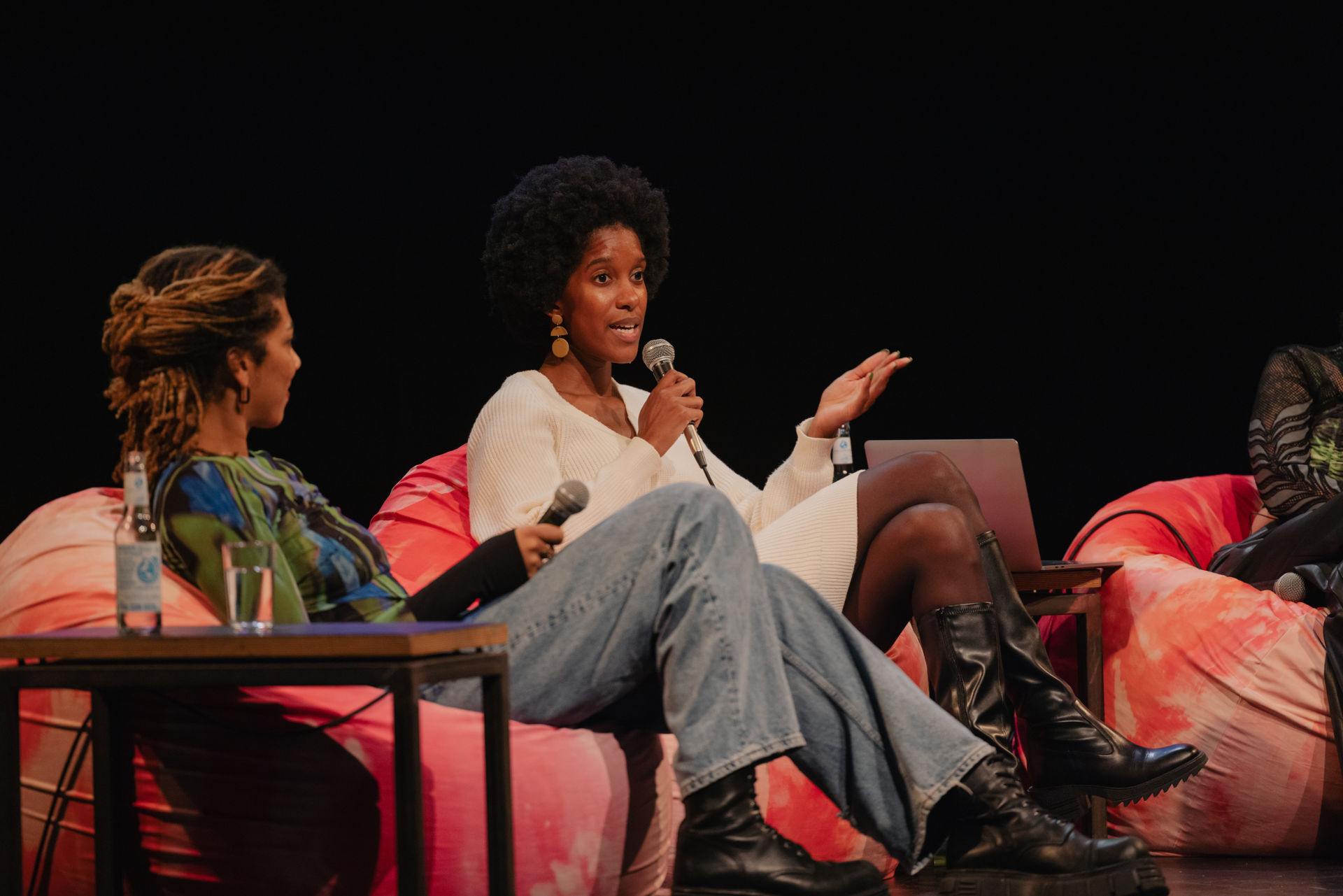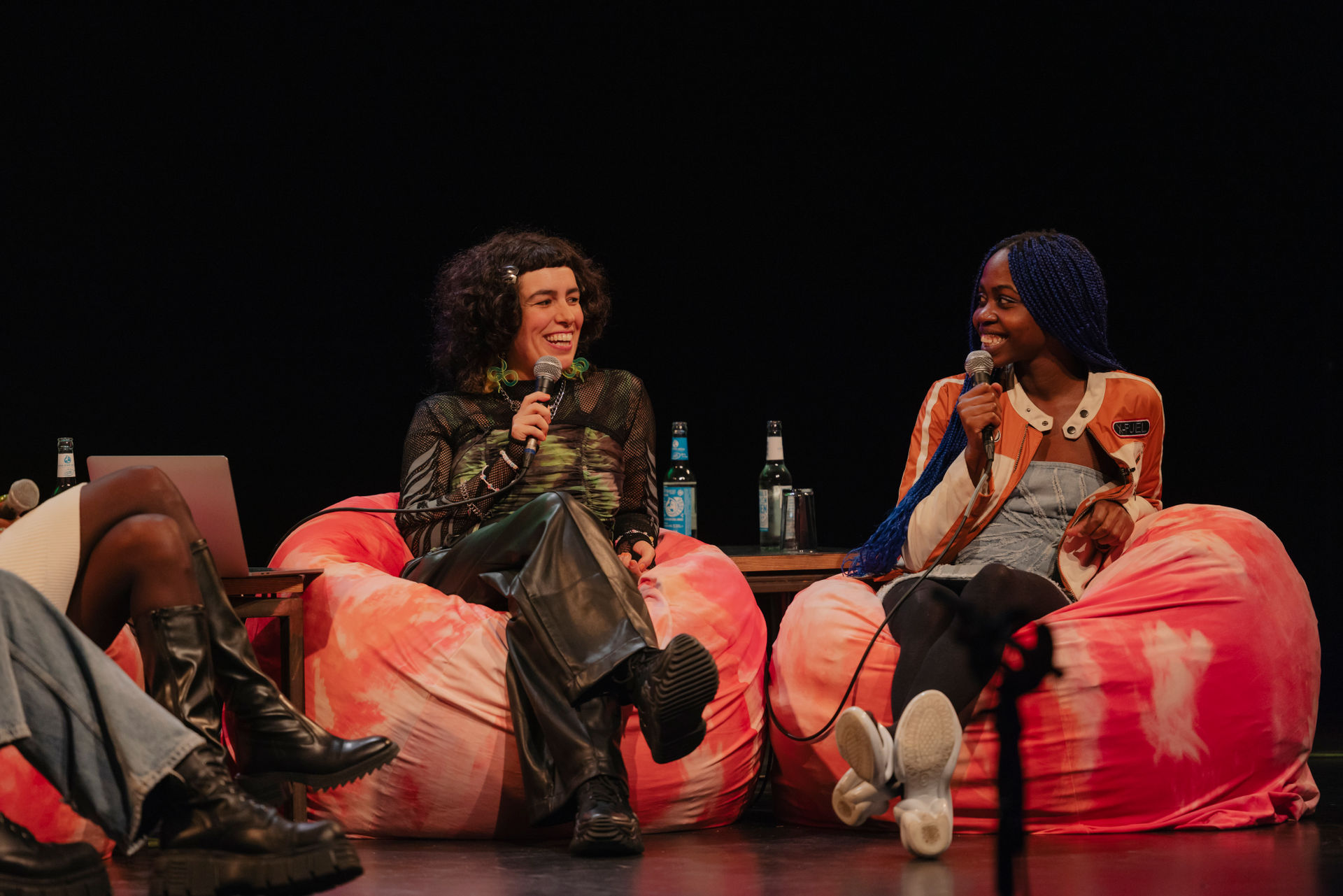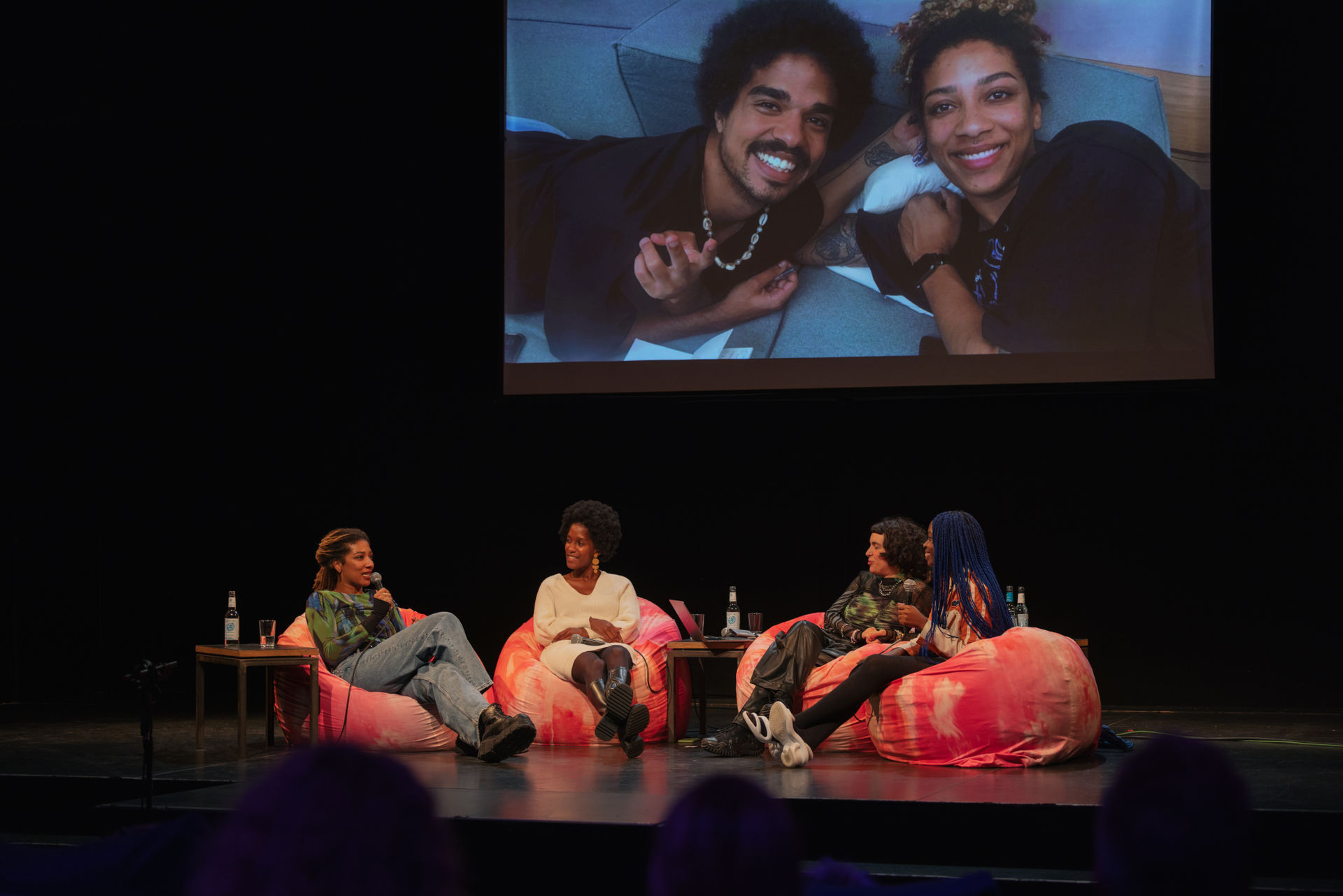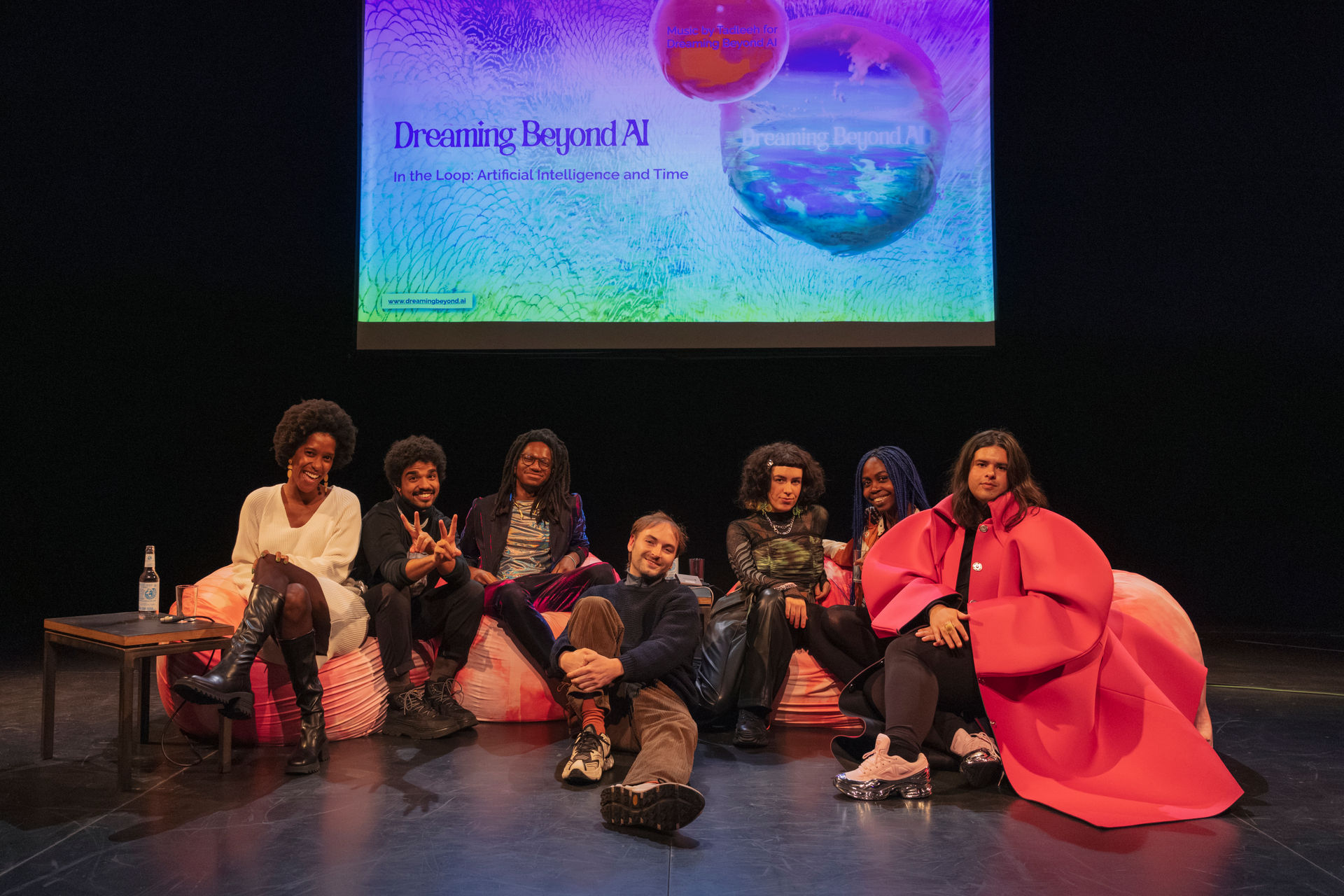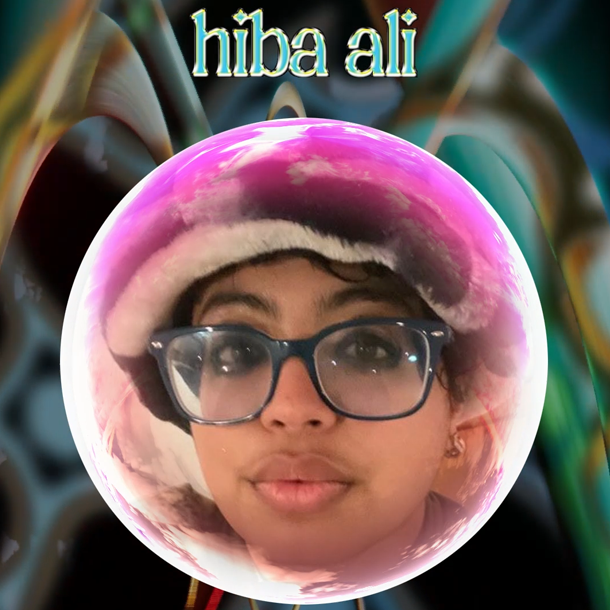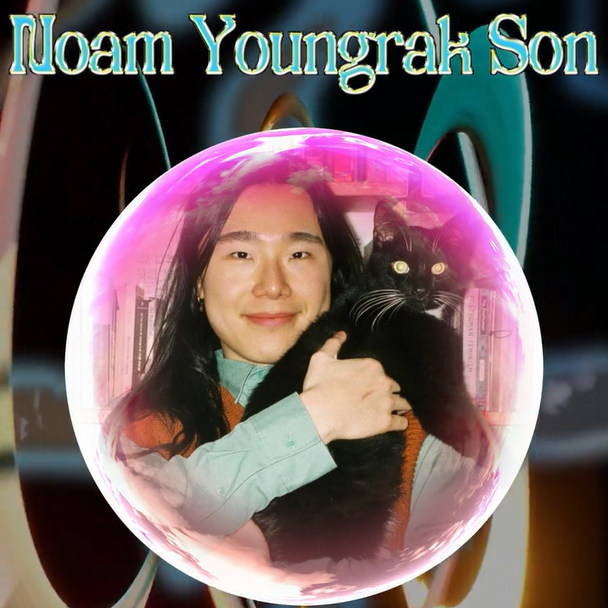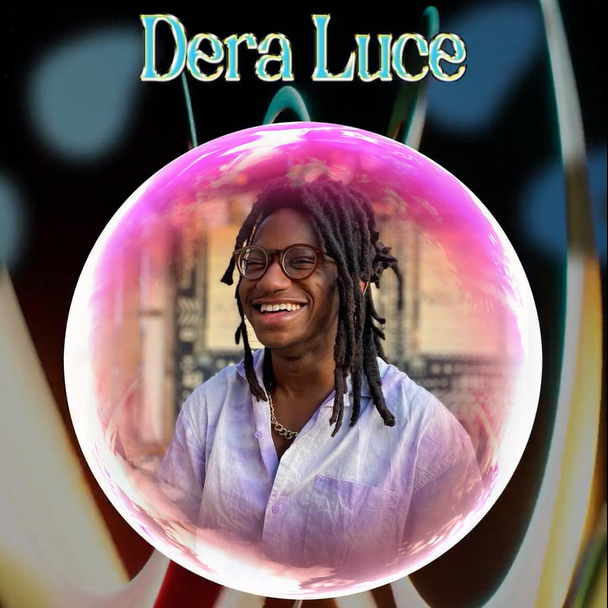About
Hosting the third edition of the Art and Technology Residency Program thehost.is, the interdisciplinary collective Dreaming Beyond AI has examined the relationship between artificial intelligence and time.
The idea of the residency came from the need and difficulty in envisioning new futures. As we were thinking about “the future”, we thought that we should go even deeper and understand, question and redefine our relationship to time and how we conceptualize temporality in relation to AI.
This residency is made possible by a cooperation between ifa - Institut für Auslandsbeziehungen and thehost.is, the joint residency program by Kampnagel and Deichtorhallen Hamburg. thehost.is is part of the joint project Diversify the Code, which is supported by the German Federal Cultural Foundation’s Kultur Digital program.
We were looking for five residents to work individually and together to artistically explore, question, deconstruct, and play together around our ideas, perceptions, and experiences of time and temporalities in the context of the AI discourse. The residents was supported through creative sparring with the artists Idil Galip, Moisés Horta, Neema Githere, Petja Ivanova, and Vanessa A. Opoku.

Theme
We are seeing an increasing popularity and impact of AI applications ranging from large language models (LLMs), image generation systems to social media recommendation algorithms. These technologies are shaping our society and, in turn, are being shaped by our changing society.
On the user side, popular artificial intelligence applications sell time by enabling users to perform certain cognitive tasks at higher speeds. While some of us may enjoy an increased sense of productivity, however, others see their time shrink as they manually sort, classify, and label millions of images for $2/hour.
Similarly, predictive algorithms exacerbate loops of being surveilled, of assumed repeat offenders, and of specific at-risk individuals. AI furthers a colonial capitalist logic along the lines of North/South, race, class, gender, and other systems of oppression.
AI itself acts as a “grand narrative” that shapes our understanding of the world and its temporality such as its future(s). Many forms of AI build on transhumanist and accelerationist narratives from science fiction and speculative arts that suggest possible futures and timelines. These tech-centric and often dystopian stories are taken up and acted upon by the tech industry actors, and thus in turn shape our present/realities and our understanding of time as a grand narrative.
How can we “dream beyond what is” in order to inspire new directions for the future and experience generative presents?
Sparring Partners & Jury
We offered the residents a creative sparring with five artists from the Dreaming Beyond AI community over the course of the residency. These artists also be presented during the kick-off of the residency and were part of the jury for the call for application.
Initiators of the residency: Dreaming Beyond AI & its cooperation partners
Dreaming Beyond AI is a multidisciplinary collective and collaborative web-based project founded in 2020 to bring together artists, researchers, activists and policy makers to develop new narratives and visions around AI technologies. The community project aims to understand the impact of AI technologies on inequality and to challenge mainstream AI narratives and imposed visions of the future.
For this residency program, Dreaming Beyond AI is cooperating with ifa – Institut für Auslandsbeziehungen, Kampnagel and Deichtorhallen Hamburg.
thehost.is is a hybrid residency program by Deichtorhallen Hamburg and Kampnagel that aims to connect actors from the Hamburg and international art and tech scenes locally and online. It is part of the joint project Diversify the Code, which is supported by the German Federal Cultural Foundation’s Kultur Digital program.
The project Dreaming Beyond AI, was realized in collaboration with ifa – Institut für Auslandsbeziehungen. The project's approach questions the touring exhibition format established at ifa over many years and seeks to enable new and flexible artistic practices in its various forms (both digital and physical).
ifa – Institut für Auslandsbeziehungen supports artistic and cultural exchange in exhibition, dialogue and conference programmes, and it acts as a centre of excellence for international cultural relations. ifa is supported by the Federal Foreign Office of the Federal Republic of Germany, the state of Baden-Württemberg and its capital Stuttgart.
The Deichtorhallen Hamburg are dedicated to contemporary art and photography. With its three buildings – the Hall for Contemporary Art, the House of Photography, and the Falckenberg Collection – at two locations and 10,000 square meters of exhibition space, it is one of the largest exhibition venues of its kind in Europe.
Kampnagel is a world-renowned international production house that presents contemporary performing arts, dance, concerts, visual arts and discourse. The six Kampnagel stages showcase the work of international artists and that of the local Hamburg scene. Kampnagel is a productive laboratory for the development of ideas, a think tank and place for controversy, opening up to society and processing the surrounding reality in art.

Residency
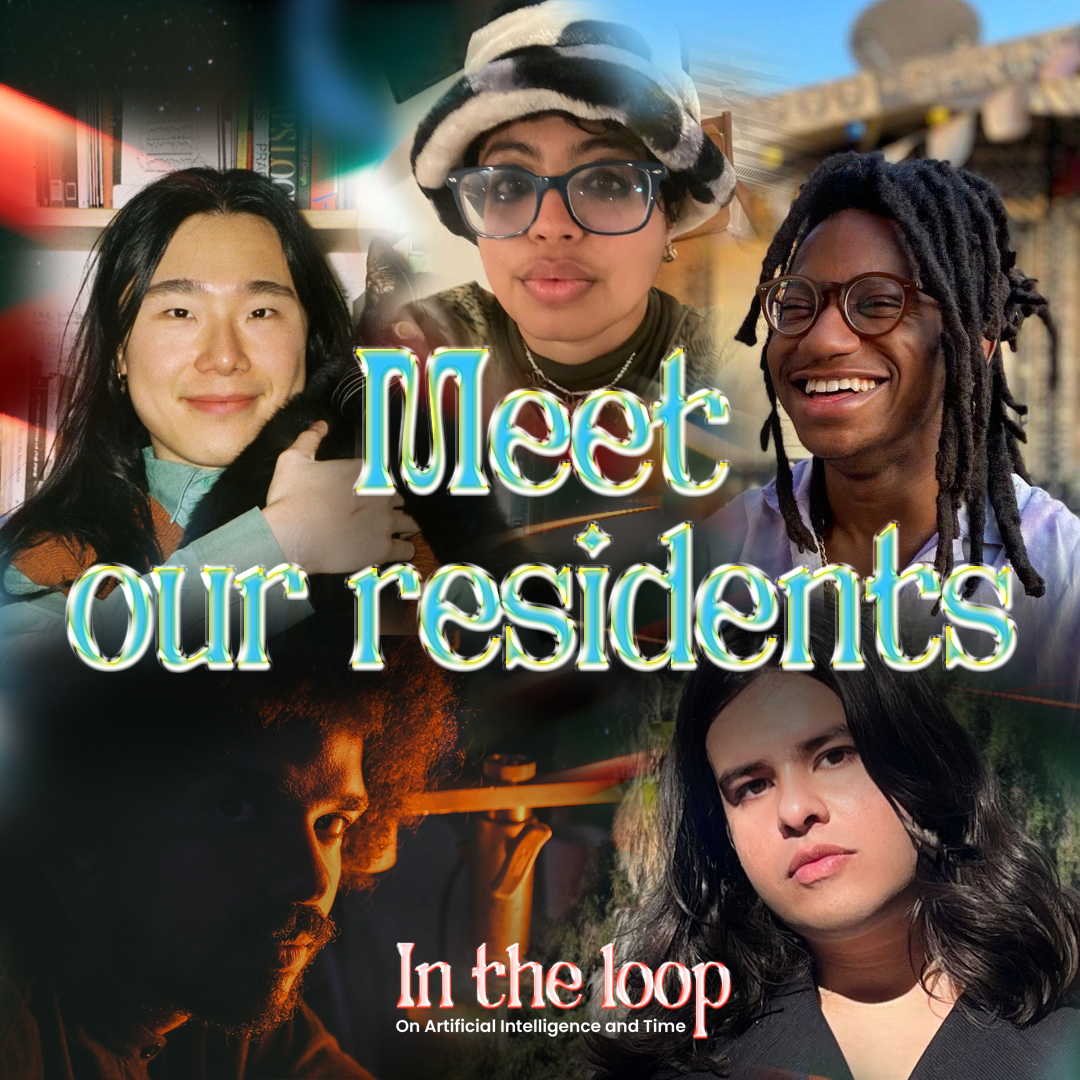
We were overwhelmed with the amount of the applications and their quality!! We’re a small team with big dreams and it was beautiful and emotional to see how many artists, emerging and more established, resonated with our vision and were excited to work with us. After a very difficult selection process, we're presenting your our 5 residents:
Digital residency

From June 23rd to the 30th, we gathered the 5 selected artists and their creative sparring partners for our very first residency In the loop - AI, time & temporality. The vision for this residency kickoff week was creating a nurturing space with calm and greenery for us to breathe and dream together.
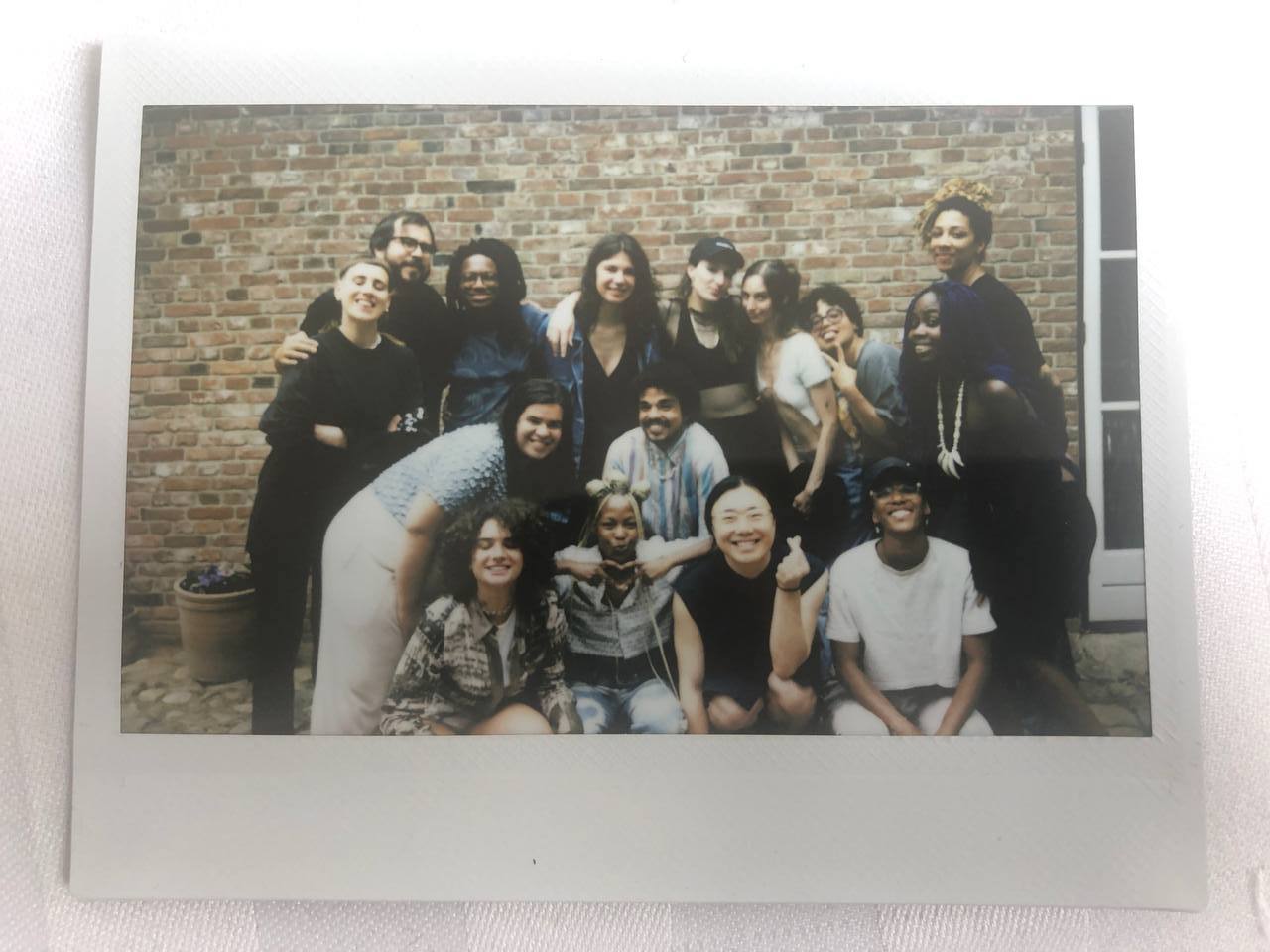
Each resident worked with a creative sparring partner - a member of last year's DBAI artist cohort - for continuity and relationality in our creative practice. Their different artistic mediums and queries resonated with each other and formed the following five creative duos:
-
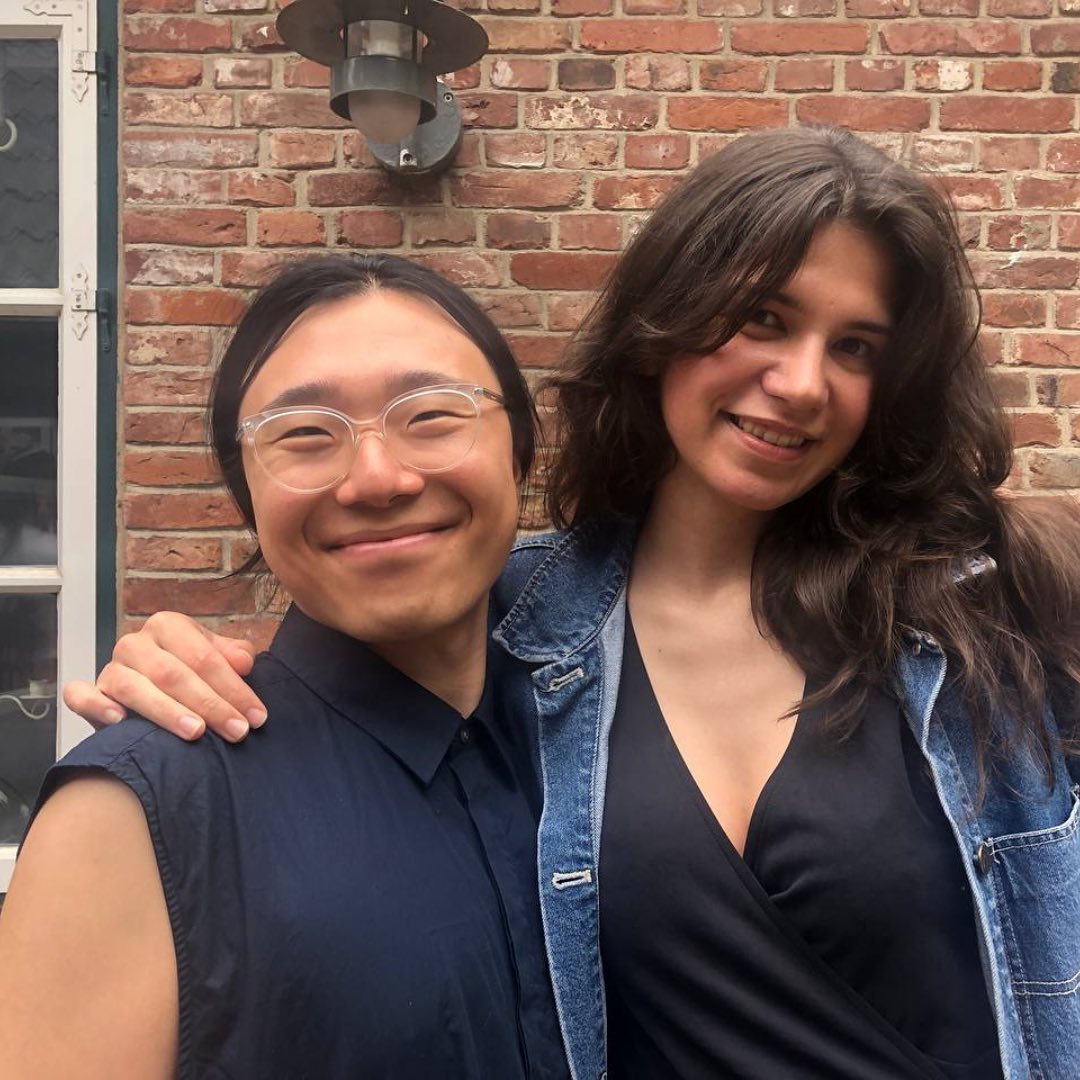
Noam and Idil -
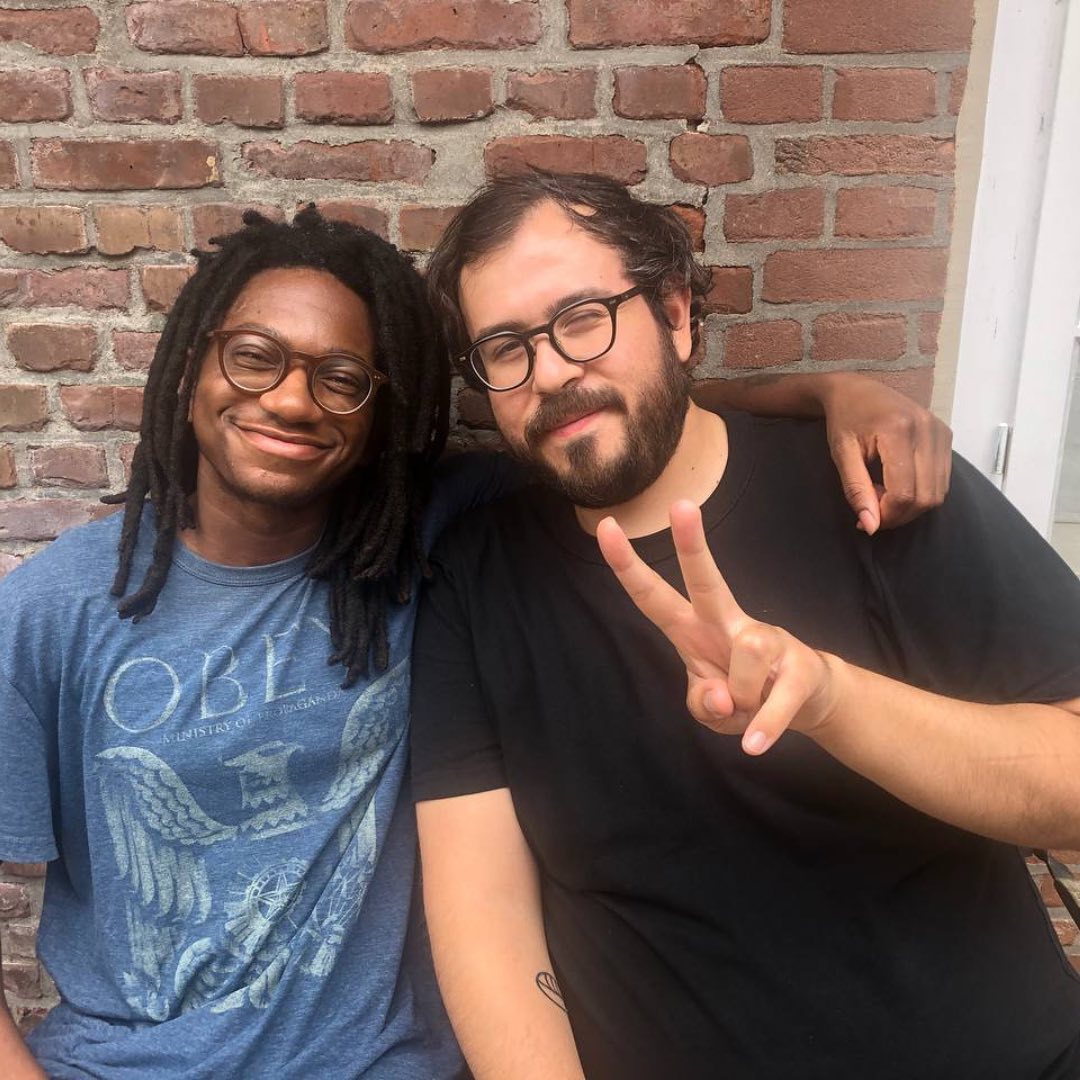
Dera and Moisés -
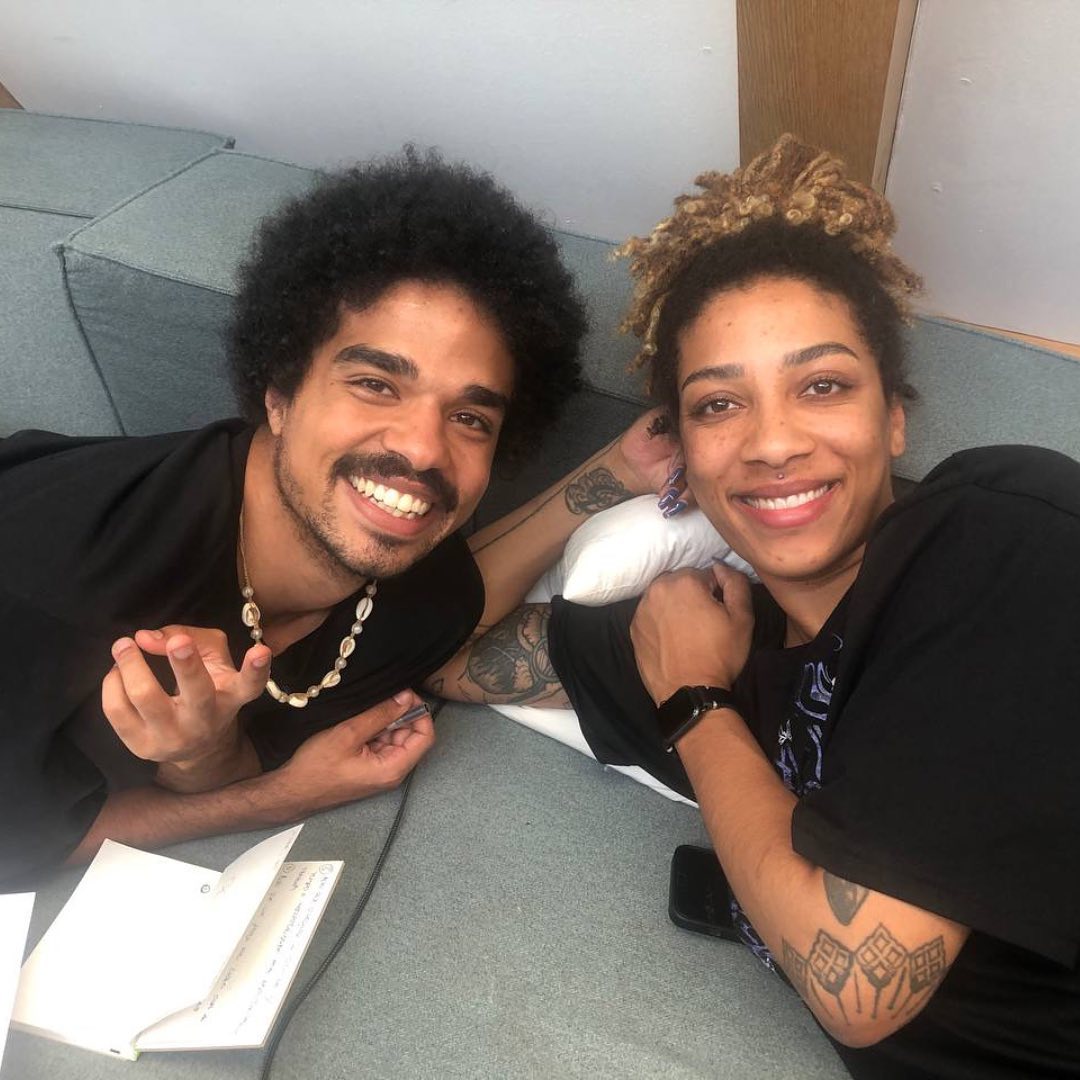
Bretas and Vanessa -
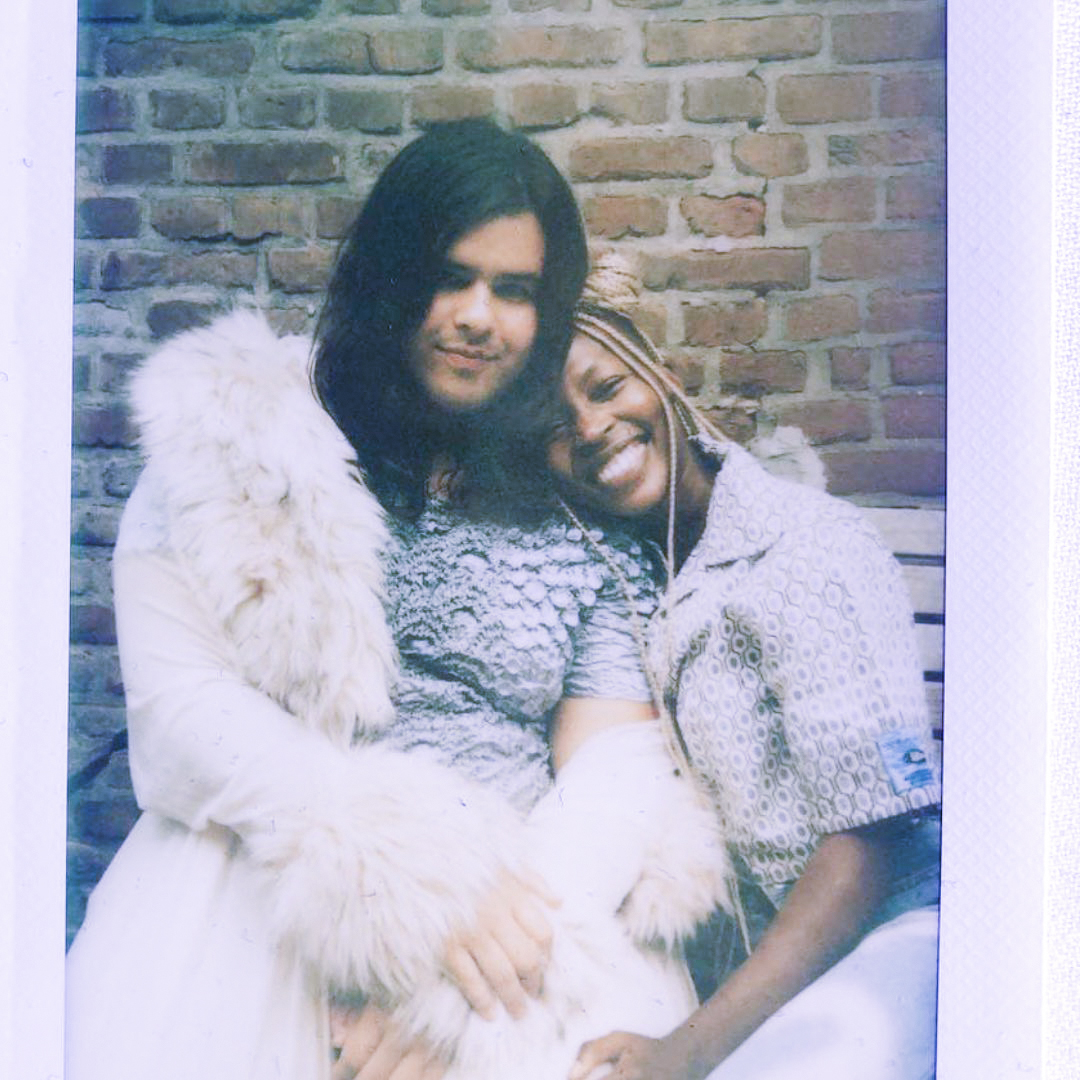
Kira and Neema -
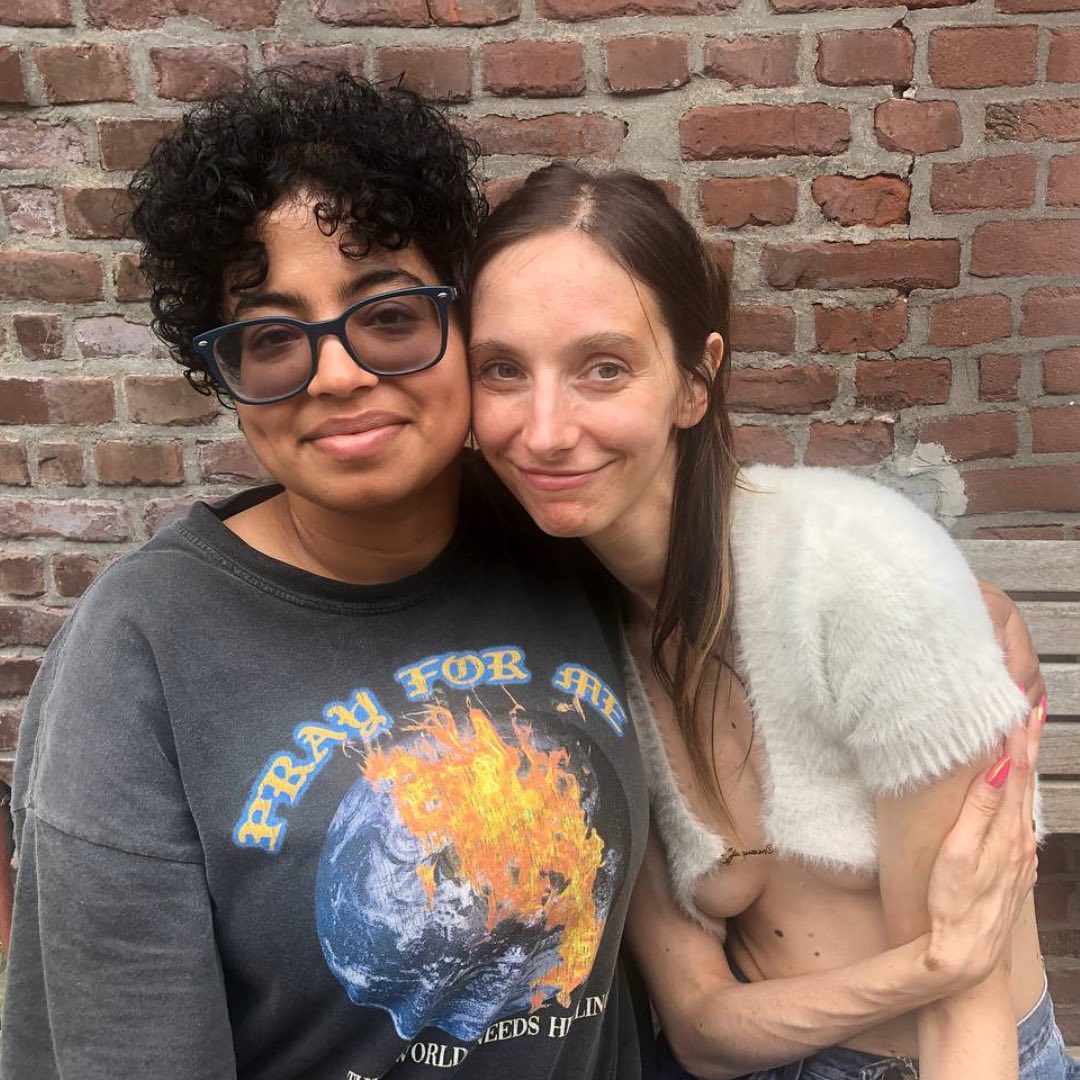
hiba and Petja
We had the luxury of being fed delicious vegan food the entire week by the fabulous Nina who’s not only a very talented chef but also a very generous and loving human.
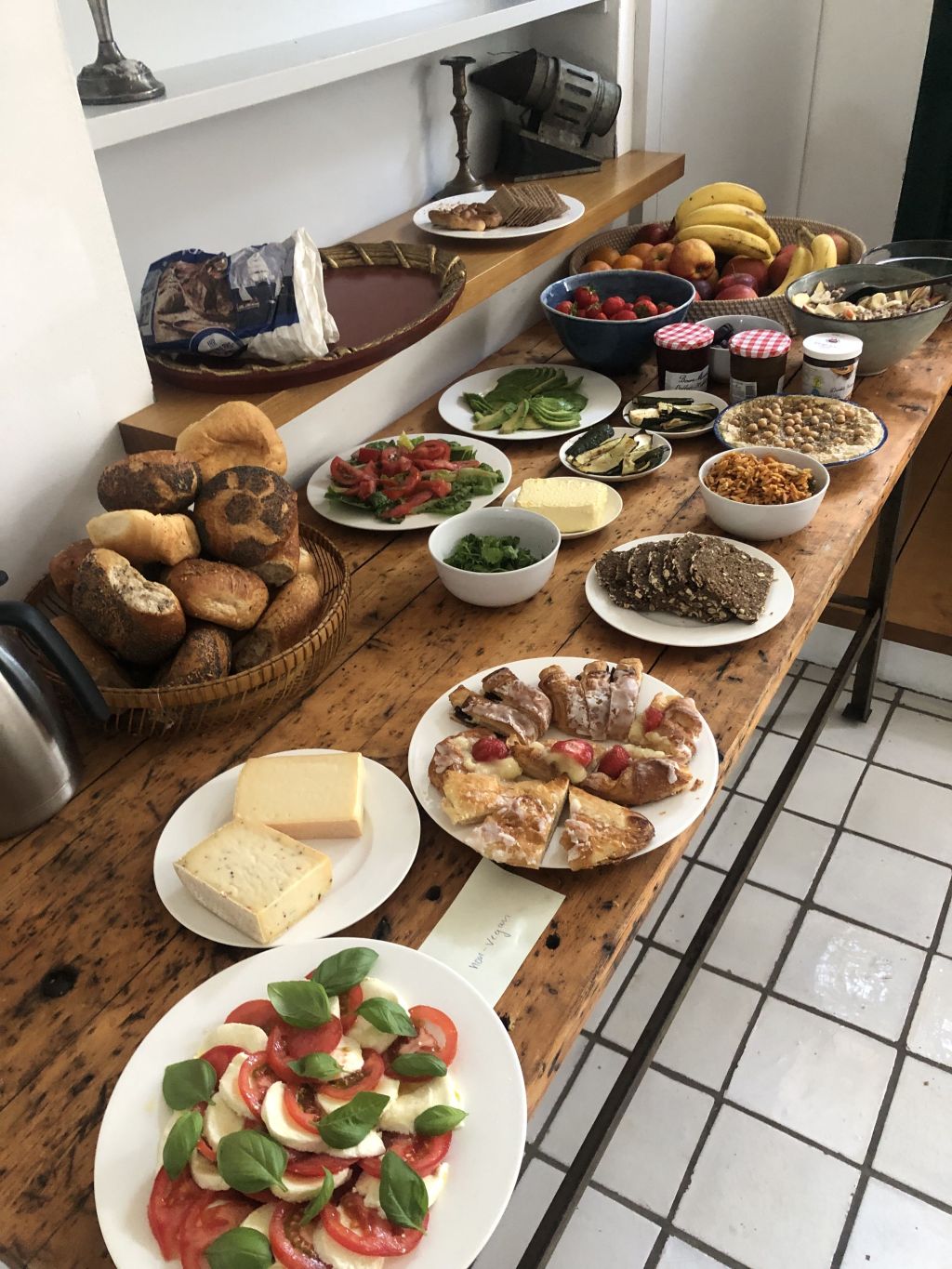
To create a pause and connect with our bodies during the kickoff week, we invited the amazing Care to host a Somatics workshop for everyone. It was a wonderful afternoon of connection, introspection and vulnerability which ended up being one of the highlight of the week.
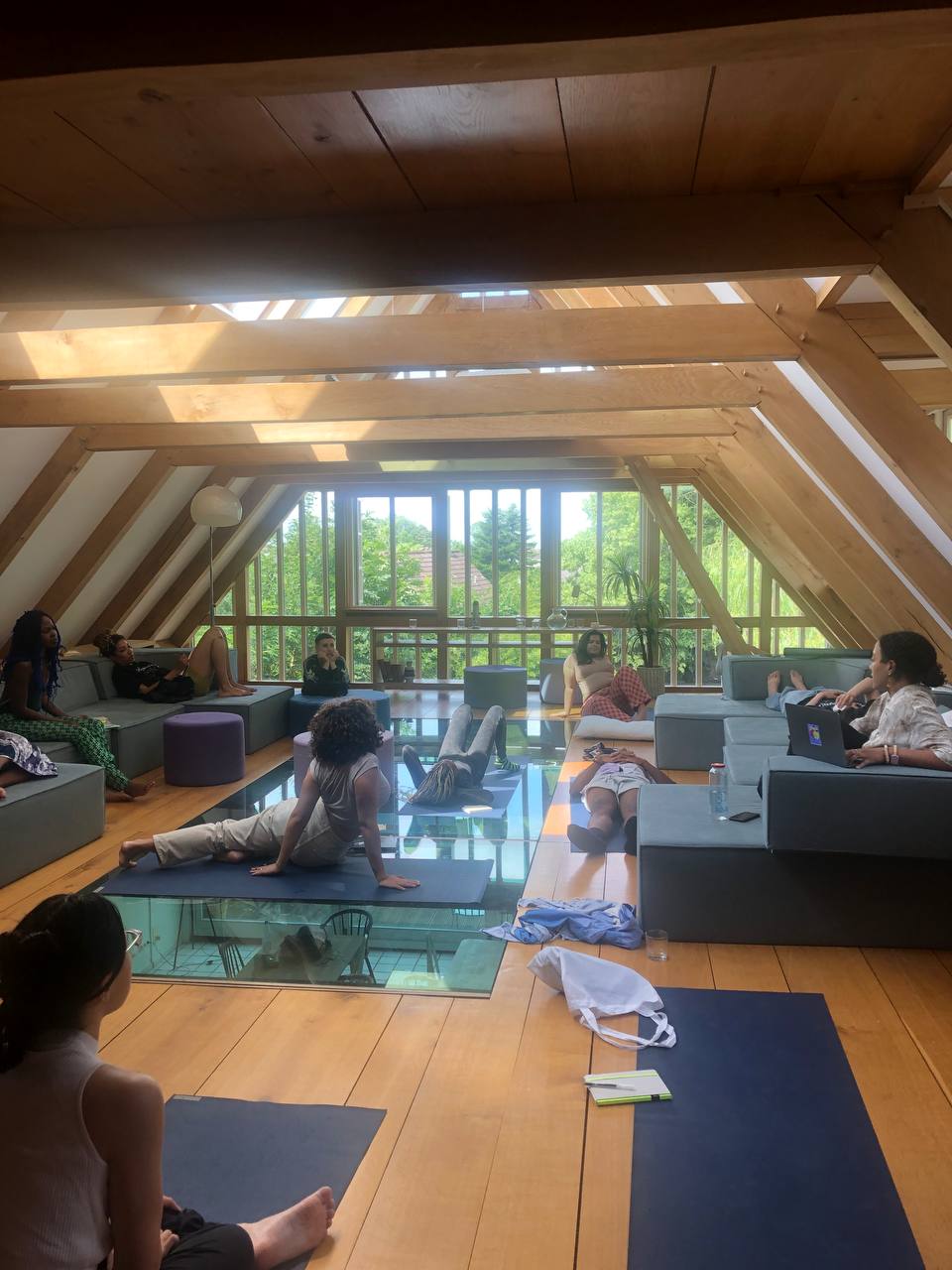
Digital residency
After spending time in a lovely cottage outside of Hamburg, Germany, and where we get to know each other, brainstorming, crafting, discussing, relaxing, the residents started a digital residency from July to September, culminating in a presentation of their work at Kampnagel/Deichtorhallen. During the digital residency, there were digital touch points with the other fellows and the sparring partners.
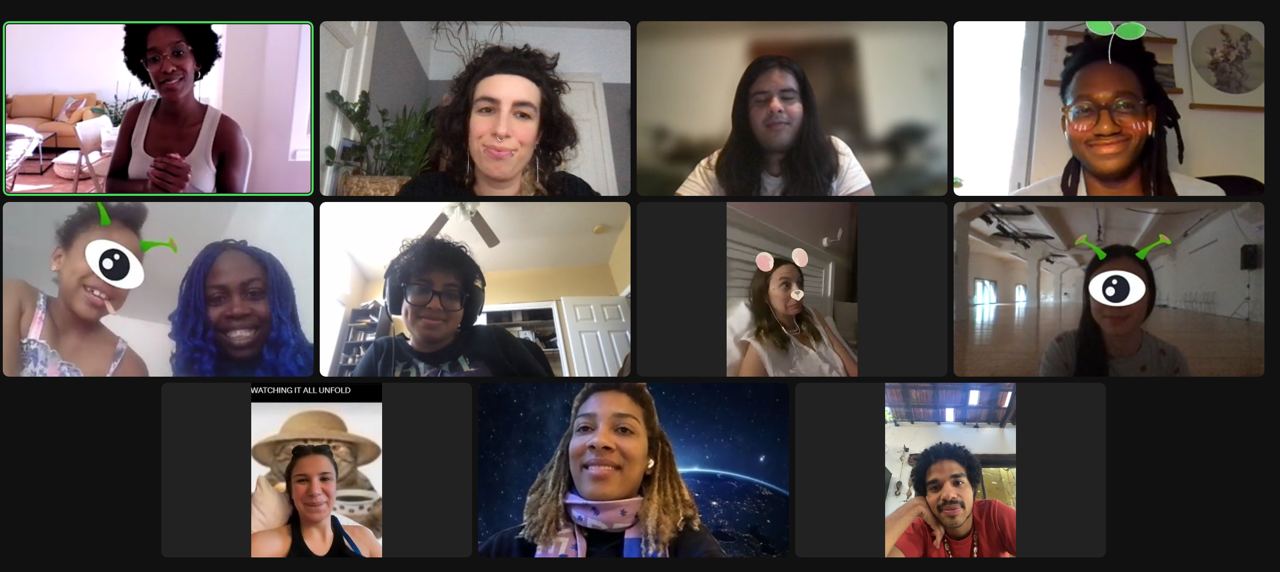
Exhibition
Recently, we embarked on a journey through time and AI, manifesting our thoughts into reality through our physical exhibition and symposium. This event was not just a gathering; it was an exploration into the depths of temporality and our relationship with AI. It's where art met algorithm, and thought met action.
We sought out five visionary residents, each unique in their approach, to dive deep into the realms of time and AI. Their mission? To artistically deconstruct, question, and play with our perceptions of time in the AI discourse. This exploration was a mirror reflecting our quest to understand and redefine our relationship with time itself.
“In the Loop - on Artificial Intelligence (AI) and Time” is a presentation of five installations. The exhibition emerged from a collaboration between Dreaming Beyond AI - a space for critical and constructive knowledge, visionary fiction, speculative art and community organizing around AI -, ifa (Institut für Auslandsbeziehungen), as well as Kampnagel’s and Deichtorhallen’s thehost.is program. It is a culmination of the artistic residency program, where the five exceptional artists Bretas, Dera Luce, hiba ali, Kira Xonorika and Noam Youngrak Son have ventured to challenge the conventional understanding of time and its resonance with AI.
Through a fusion of virtual reality, video art, soundscapes, and AI-generated imagery, the artists challenge the homogenous, linear conception of time and create portals for multiple unfoldings of various temporalities with their unique rhythms. These temporalities center Black, queer, indigenous epistemologies and offer fugitive spaces for the bodies to reclaim their temporal sovereignty in an increasingly algorithmically mediated, recursive world.
*hiba ali’s “Watering the Somatic Oasis” invites us to cultivate slowness on the somatic level by healing our nervous systems trapped in the urgency response imposed by exploitative recommendation algorithms; restoring our ability to experience peace and expansion. Bretas’ “The Eye That Portrays” and “Self Archive” revisit colonial archives with AI to create a counter-gaze - a rekindling of memory that revitalizes the stories long suppressed by dominant narratives. Dera Luce’s “Heal-GPT (slowed + reverb) draws parallels between algorithmic recursive loops and echoes of trauma; creating pathways of healing unconstrained by Western conception of singular axis time. Noam Youngrak Son’s “Unionizing the speculative: Speculative fundraising towards generative AI - creative worker unionization” invites us to imagine new models for creative labor in a world dominated by commercial general-purpose AI models—a collective speculation toward a future that values and safeguards creative expression. Finally, *Kira Xonorika’s “Visions” creates an Indigenous, Trans future unfolding in the here and now.
The residents have had access to creative sparring with the artists Idil Galip, Moisés Horta Valenzuela, Neema Githere, Petja Ivanova, and Vanessa A. Opoku.
Workshop: Union the speculative by Noam Youngrak Son
The working conditions of creative professionals have changed greatly due to the influence of generative AI. There is a growing fear that the use of AI technology could devalue or even replace human design performance. Can creative workers unionise together with generative AI - in the sense of collaboration rather than instrumentalisation? How can creative workers take responsibility in relation to AI-assisted automation?
In the workshop, led by thehost.is resident designer Noam Youngrak Son, participants speculated together on these questions and use AI Stable Diffusion to create images that will be engraved on speculoos biscuits. The biscuits, which already have speculation in their name, will serve as symbols for a speculative fundraiser to communicate forward-looking AI work ethics.
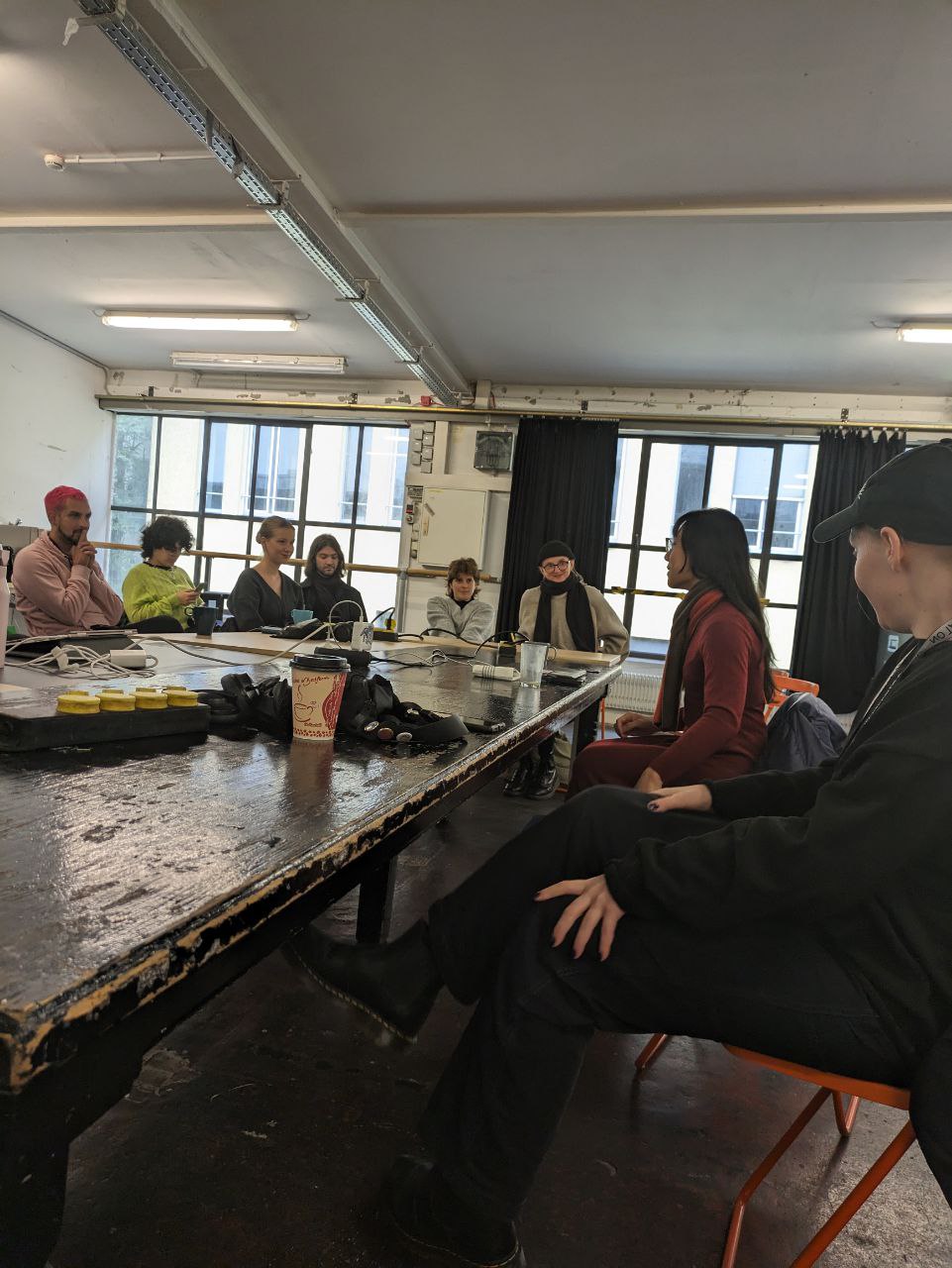
Artists presentation of their works
One of the main goal of the symposium was to have each of the resident present their work to the audience, provide more insights into their practice and details about the creation process since their selection in May. hiba, Dera, Kira, Bretas and Noam each had the space to present and answer questions from the audience afterwards.
Symposium
The symposium was an opportunity to host a conversation taking the audience through the journey of ideating and curating the In the loop residency. On stage, Creative Sparring Partner Vanessa A. Opoku, Co-founder Nushin Yazdani, Design Lead Iyo Bisseck and Communications Lead Sarah Diedro Jordão shared the behind the scene of the Dreaming Beyond AI origin story, the residency brainstorming process, the residents selection process, the mentoring framework, all the way to the kickoff week spent all together.


